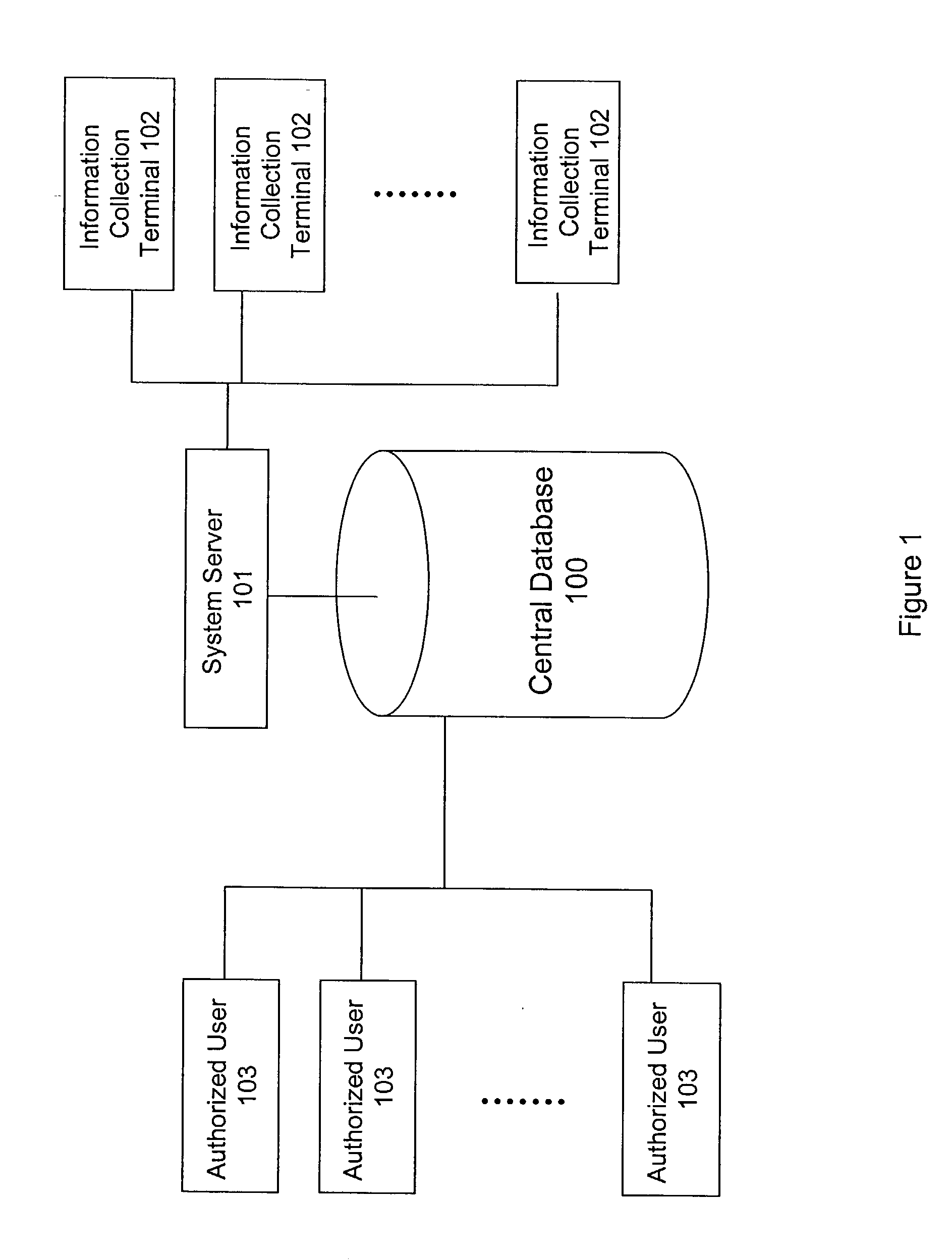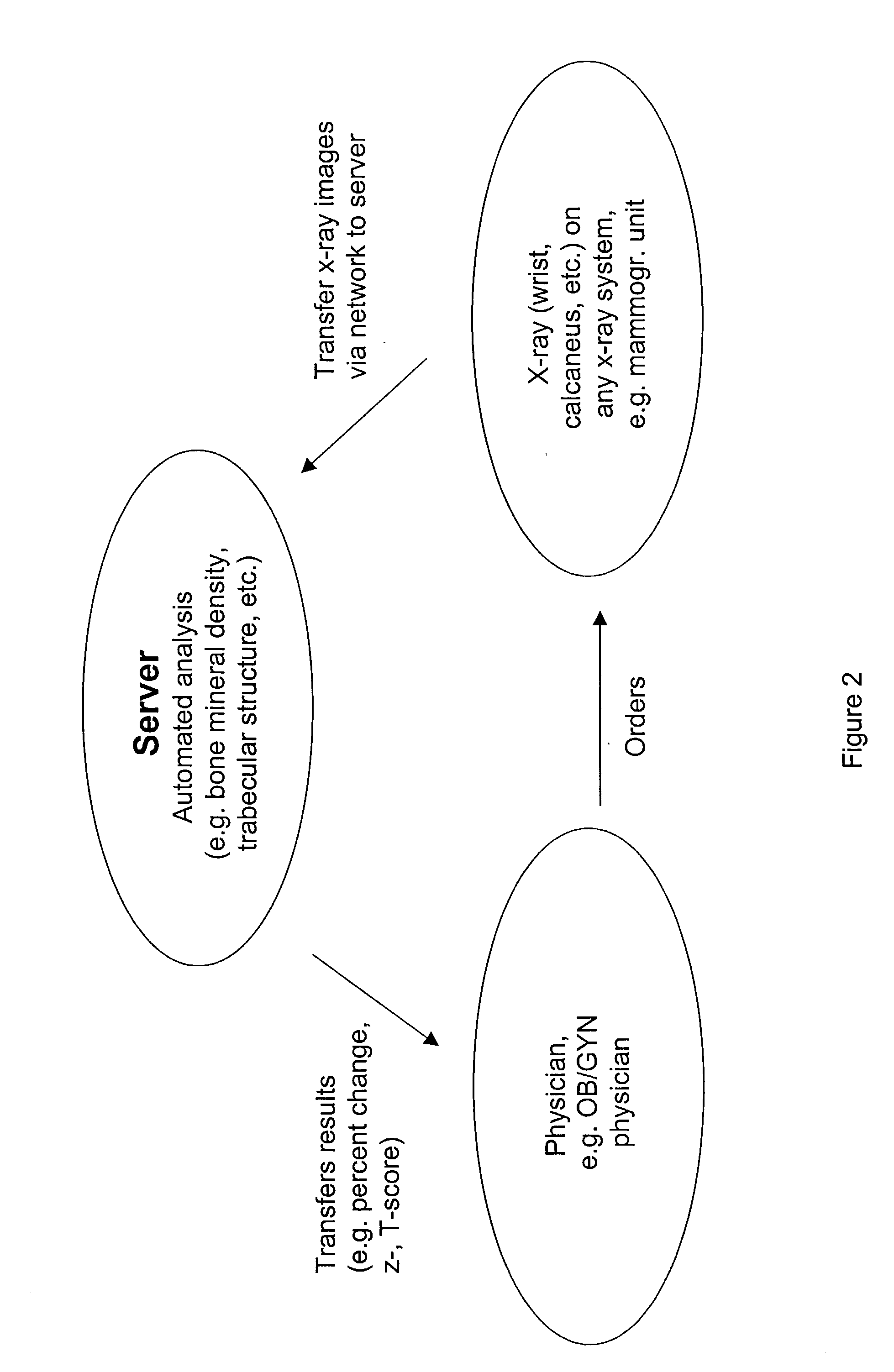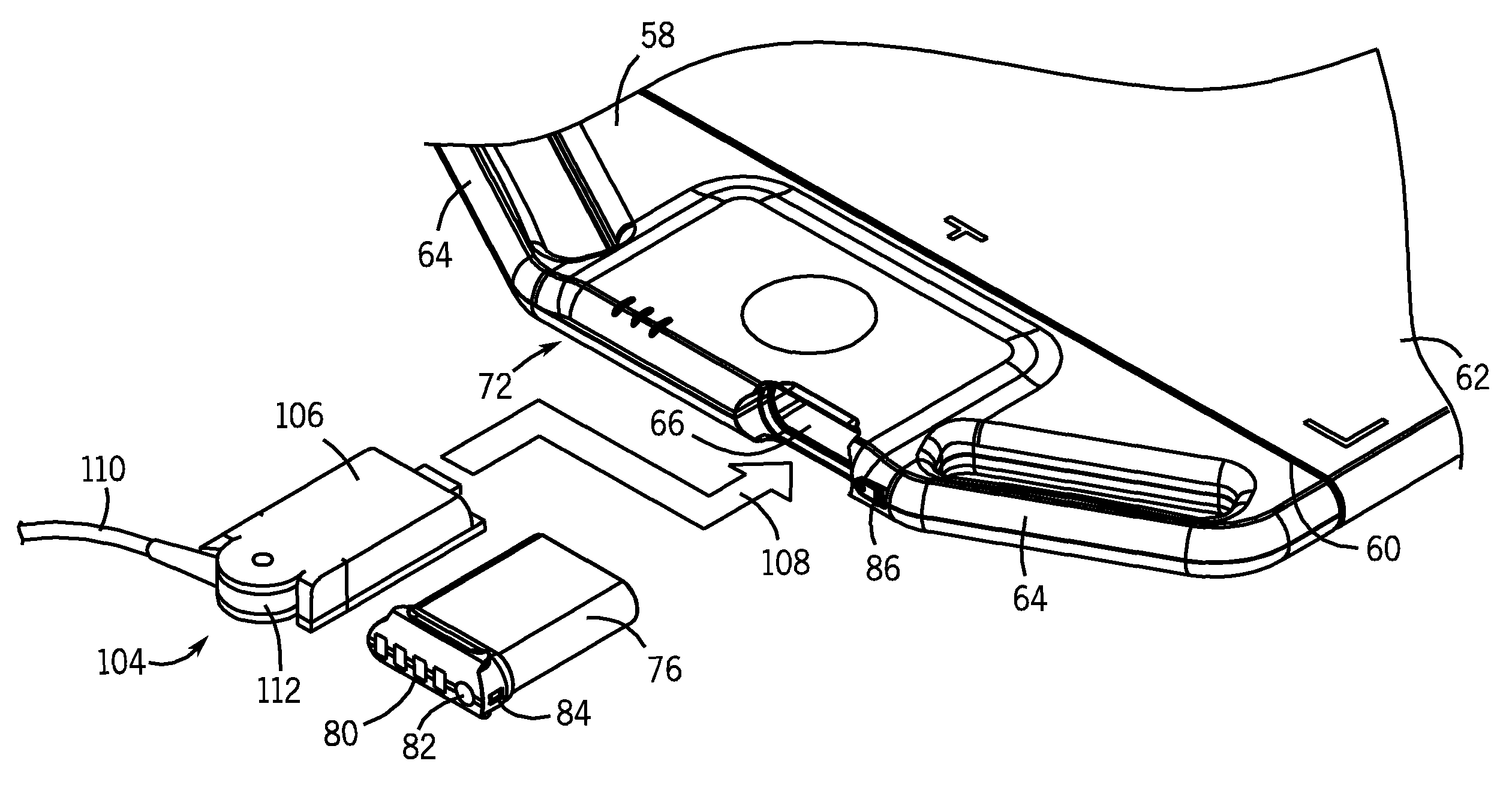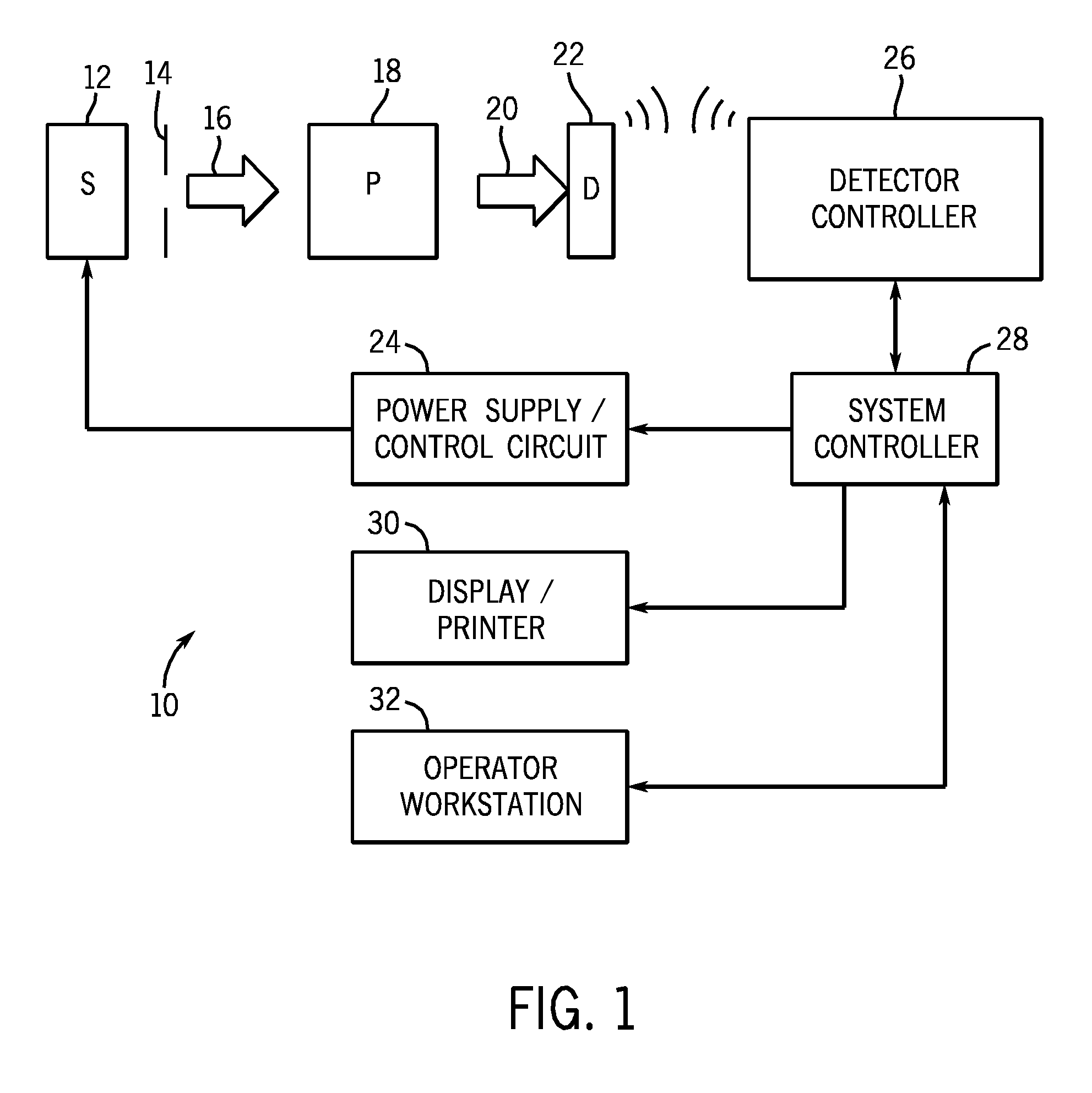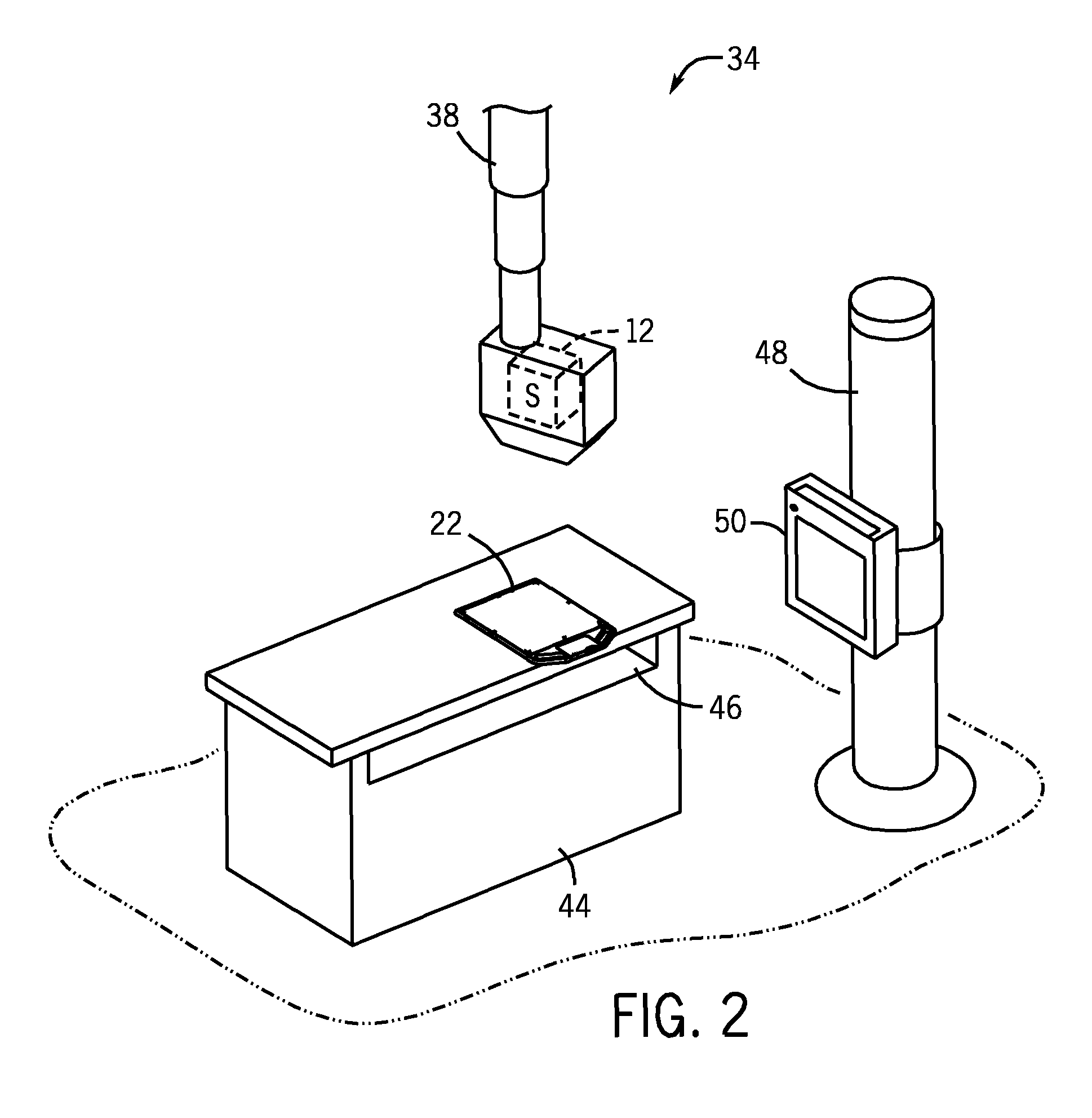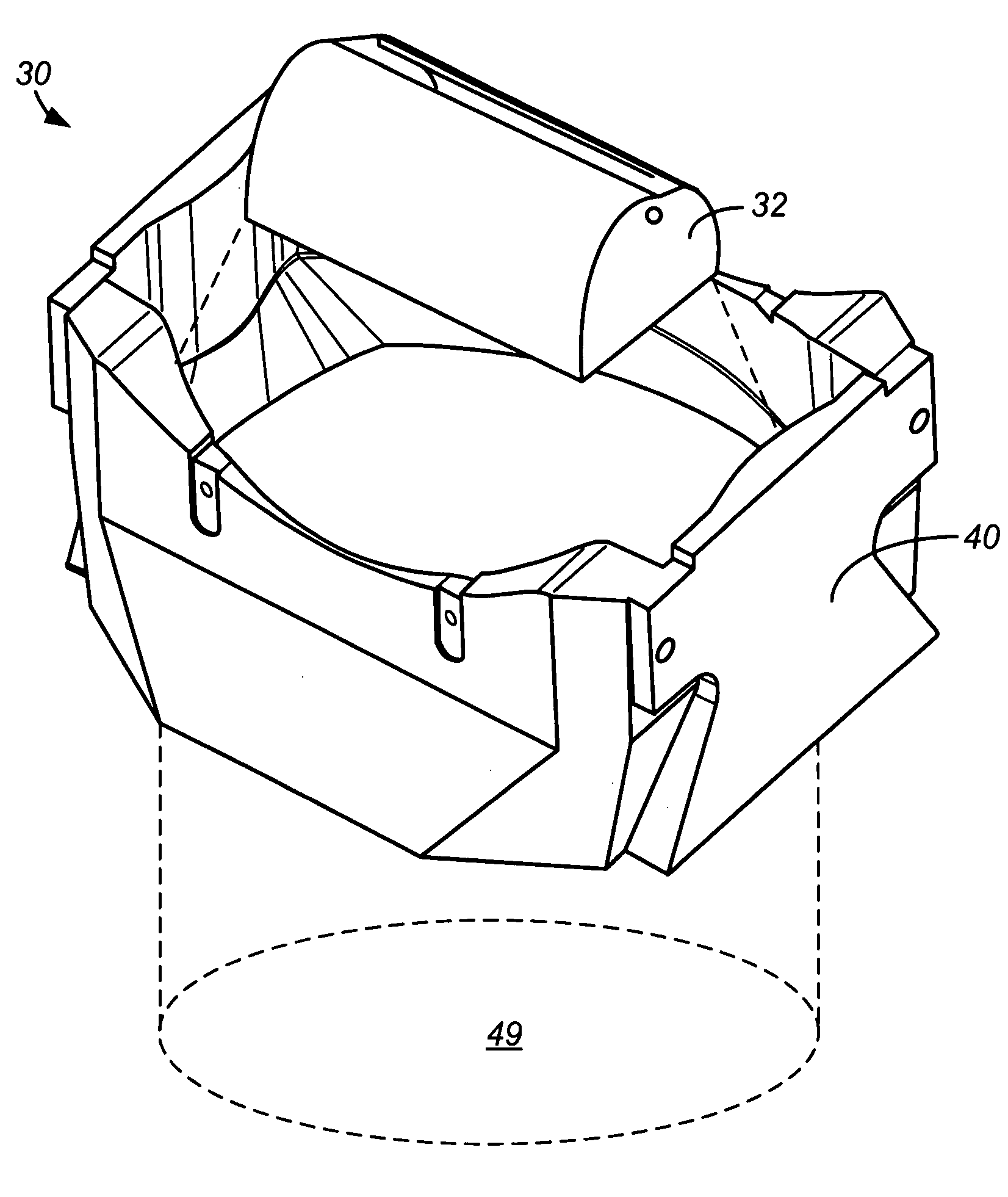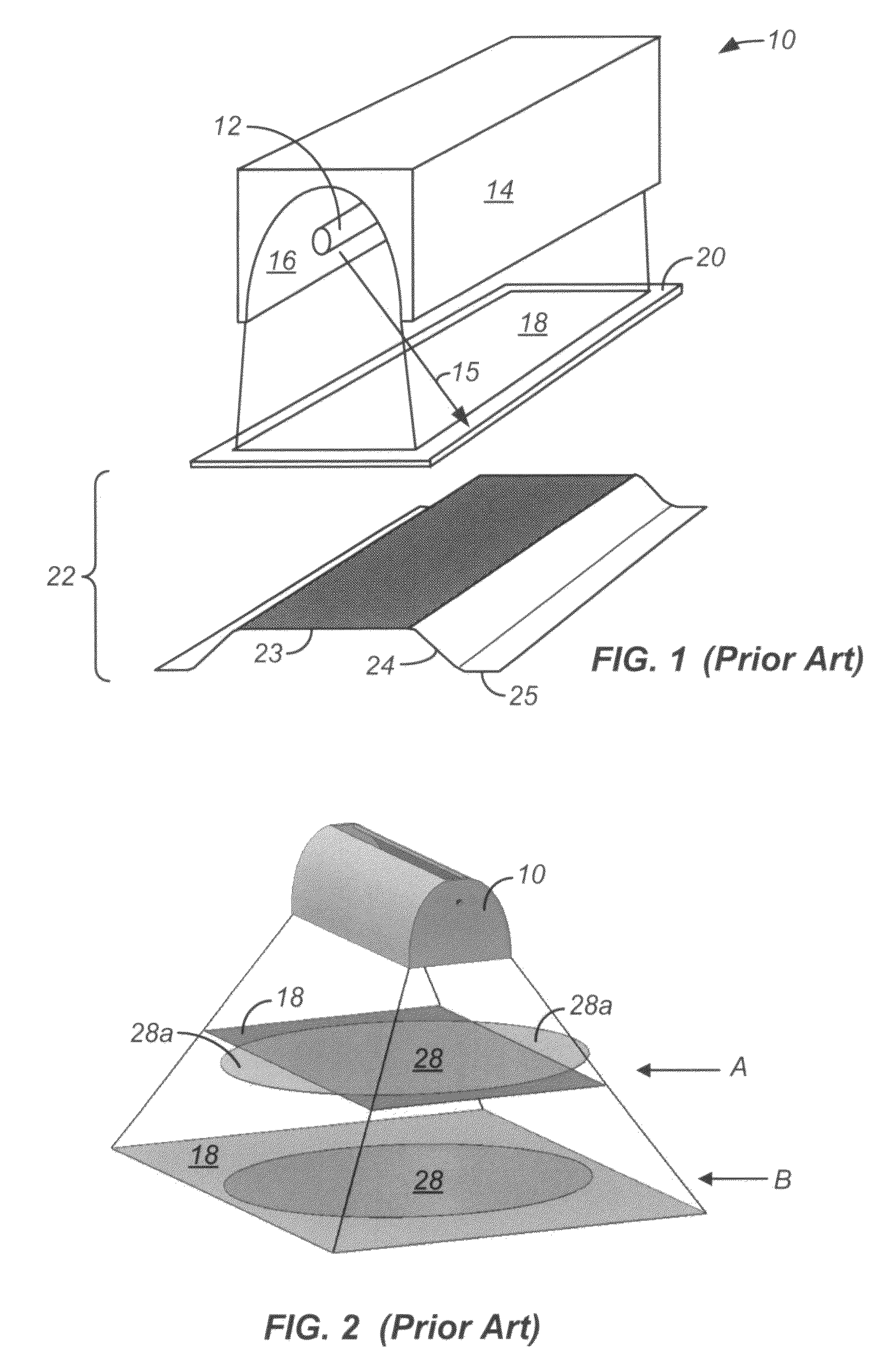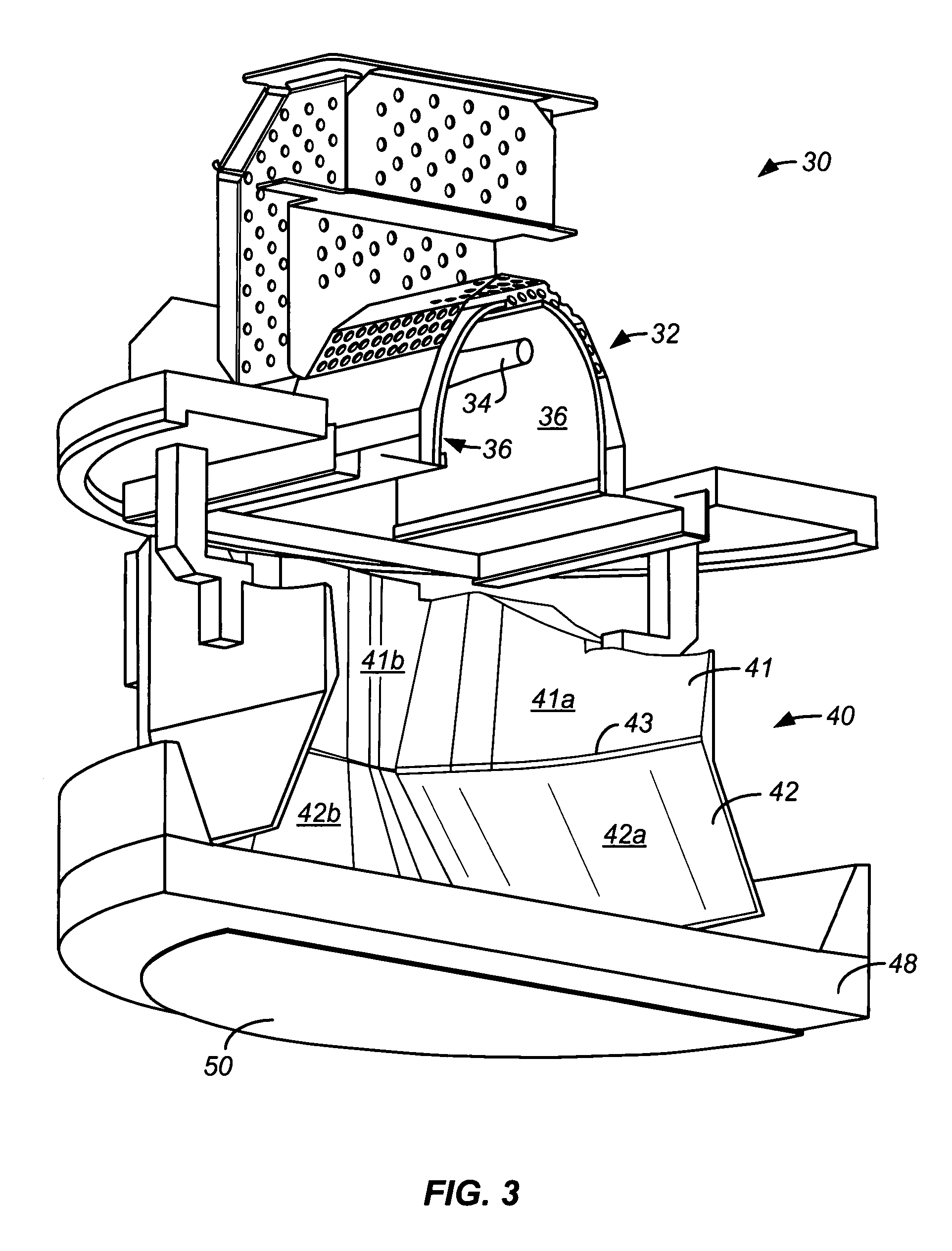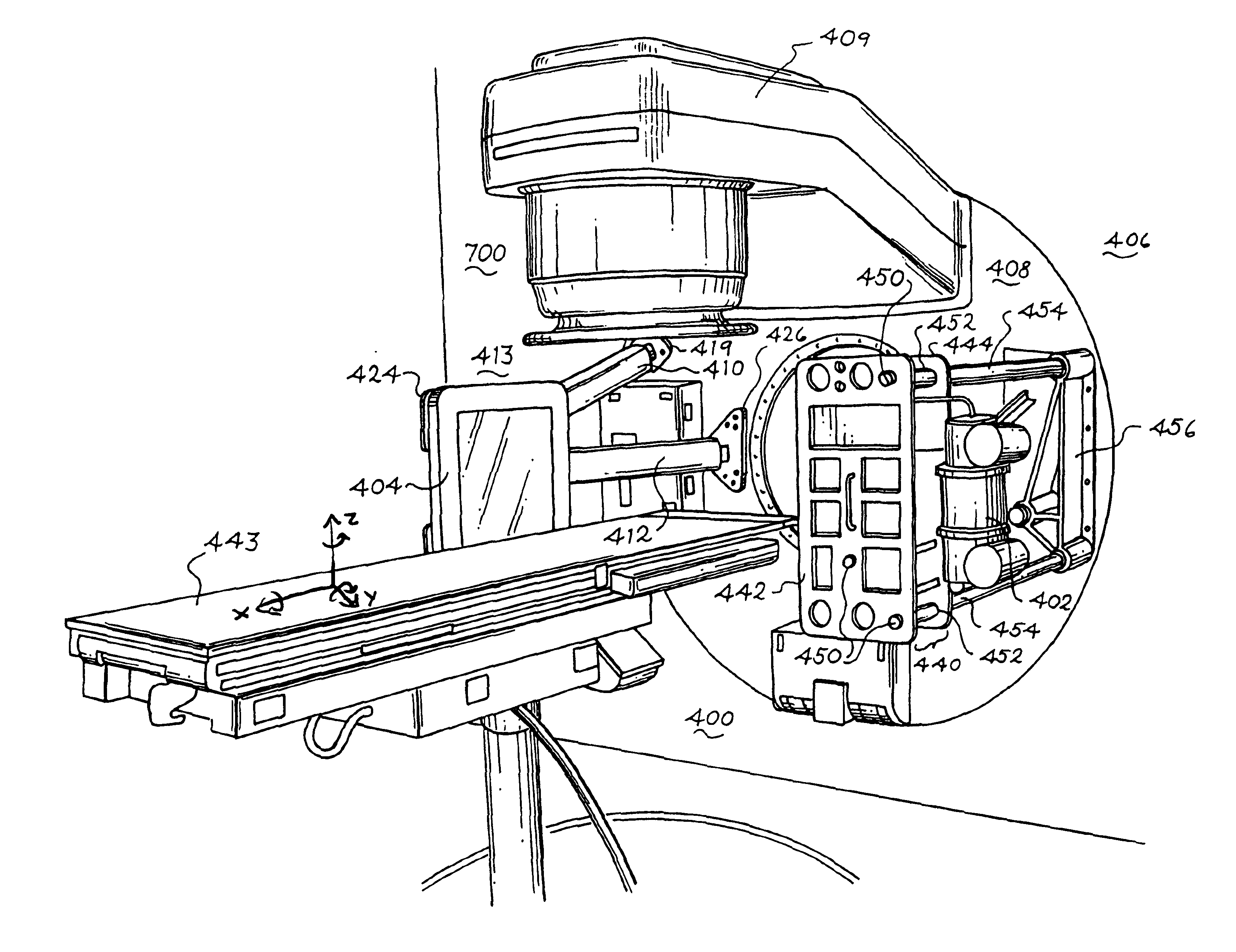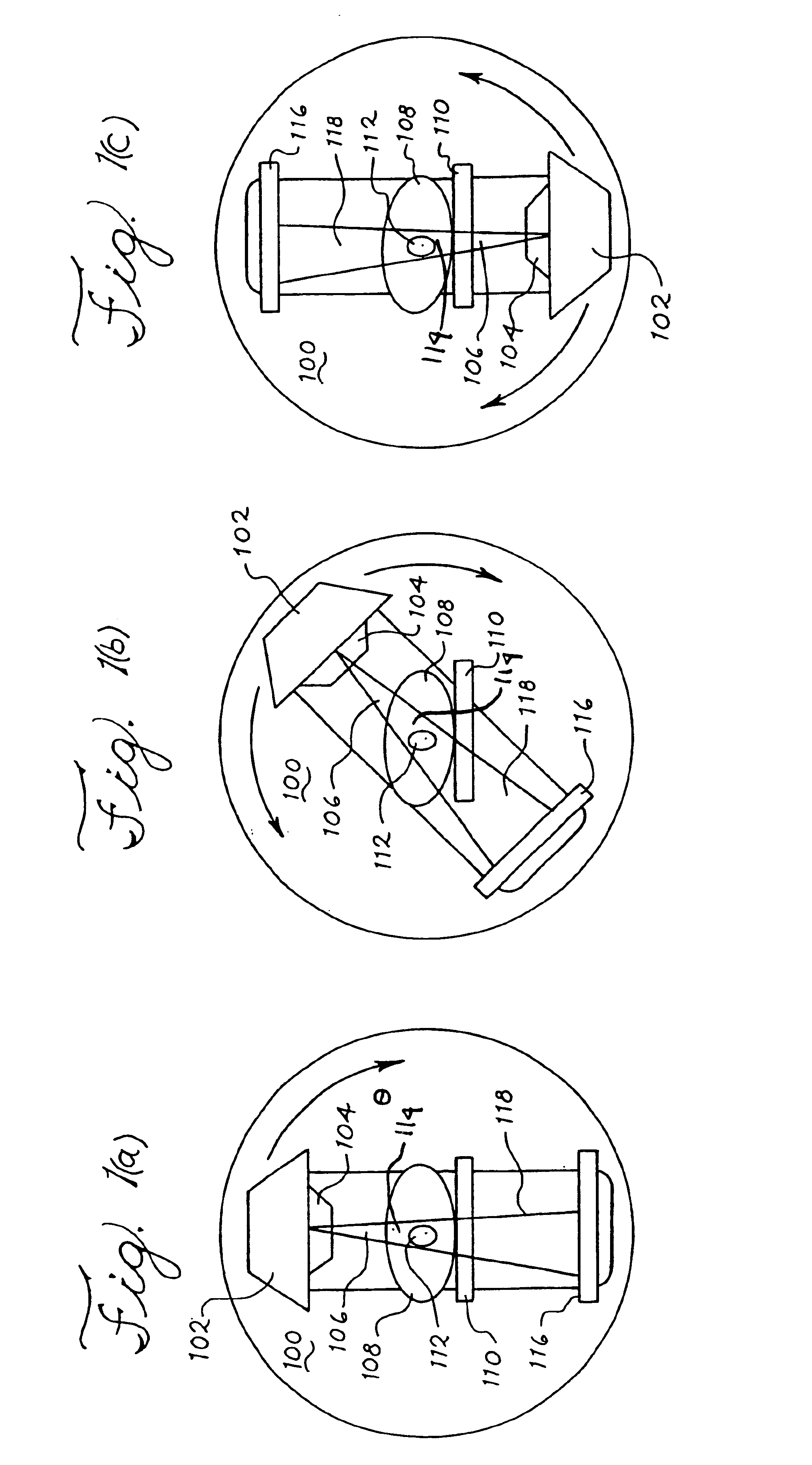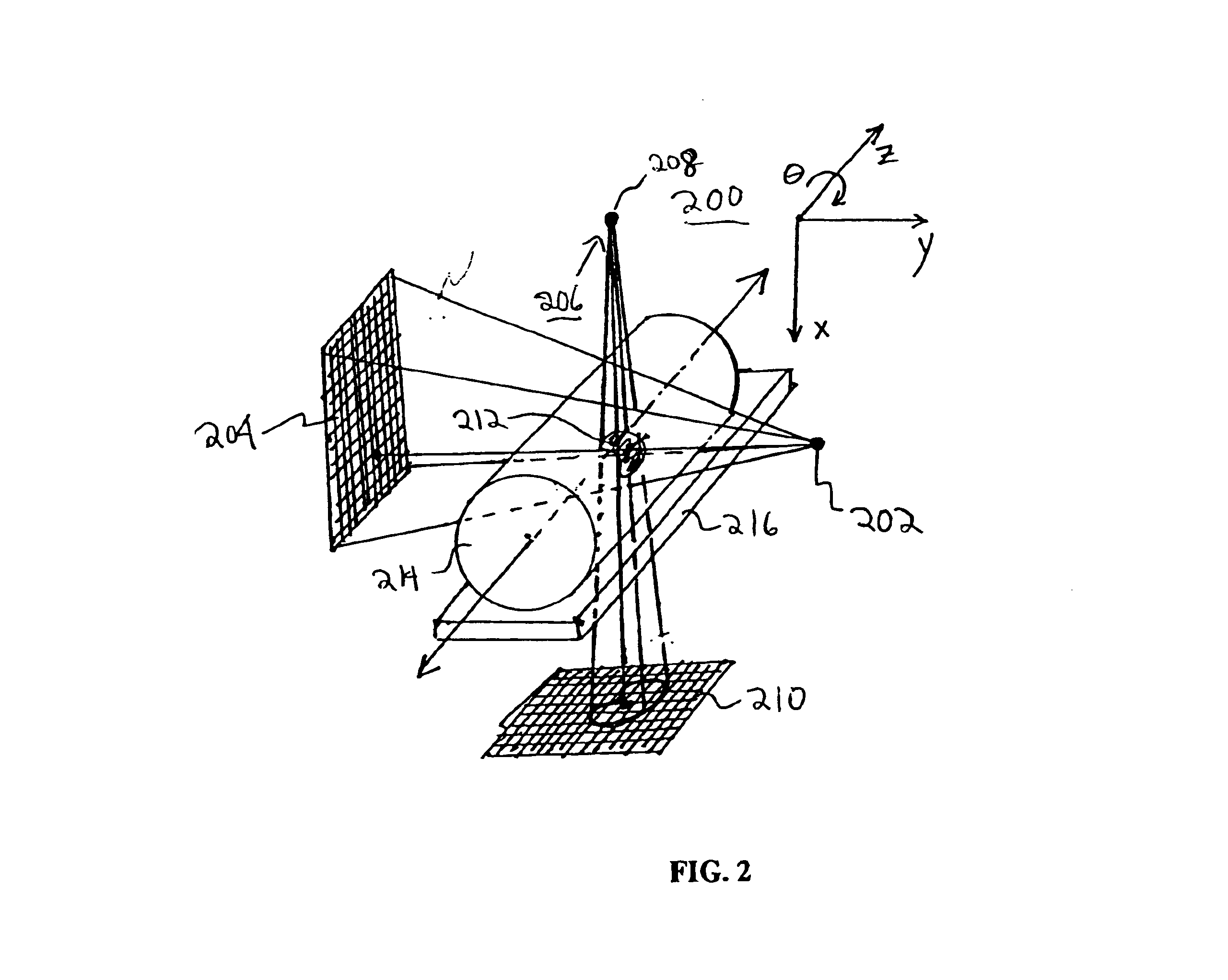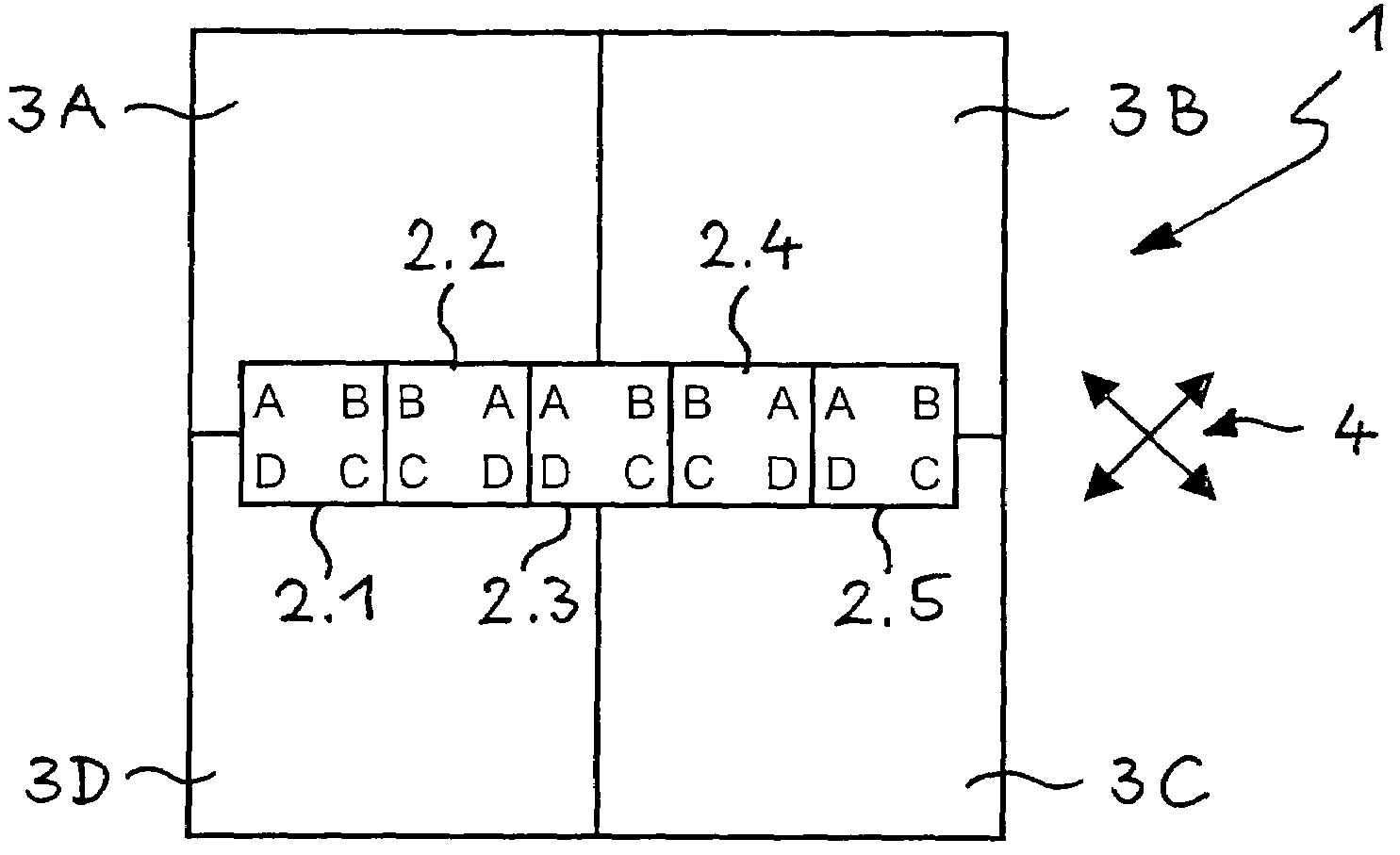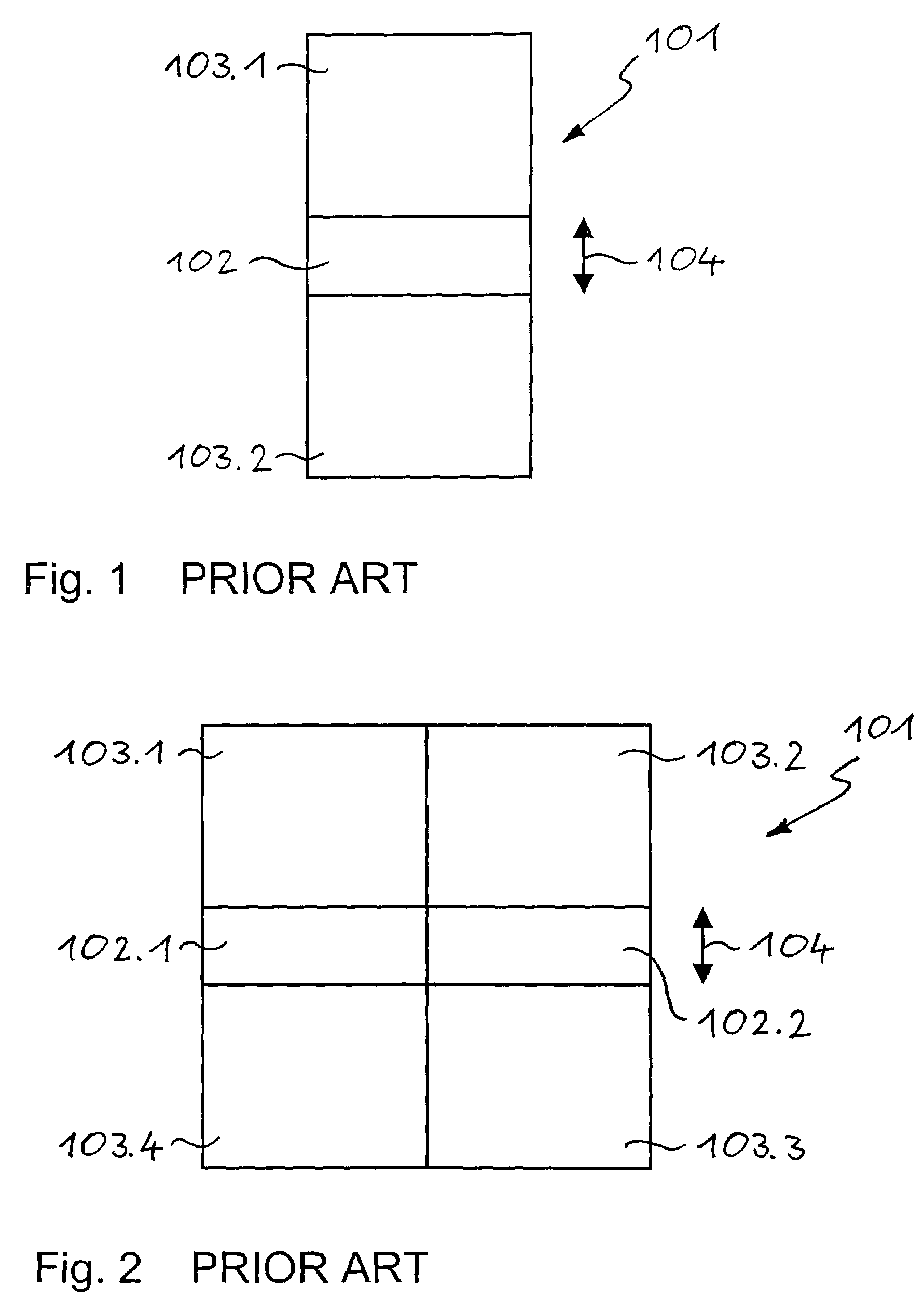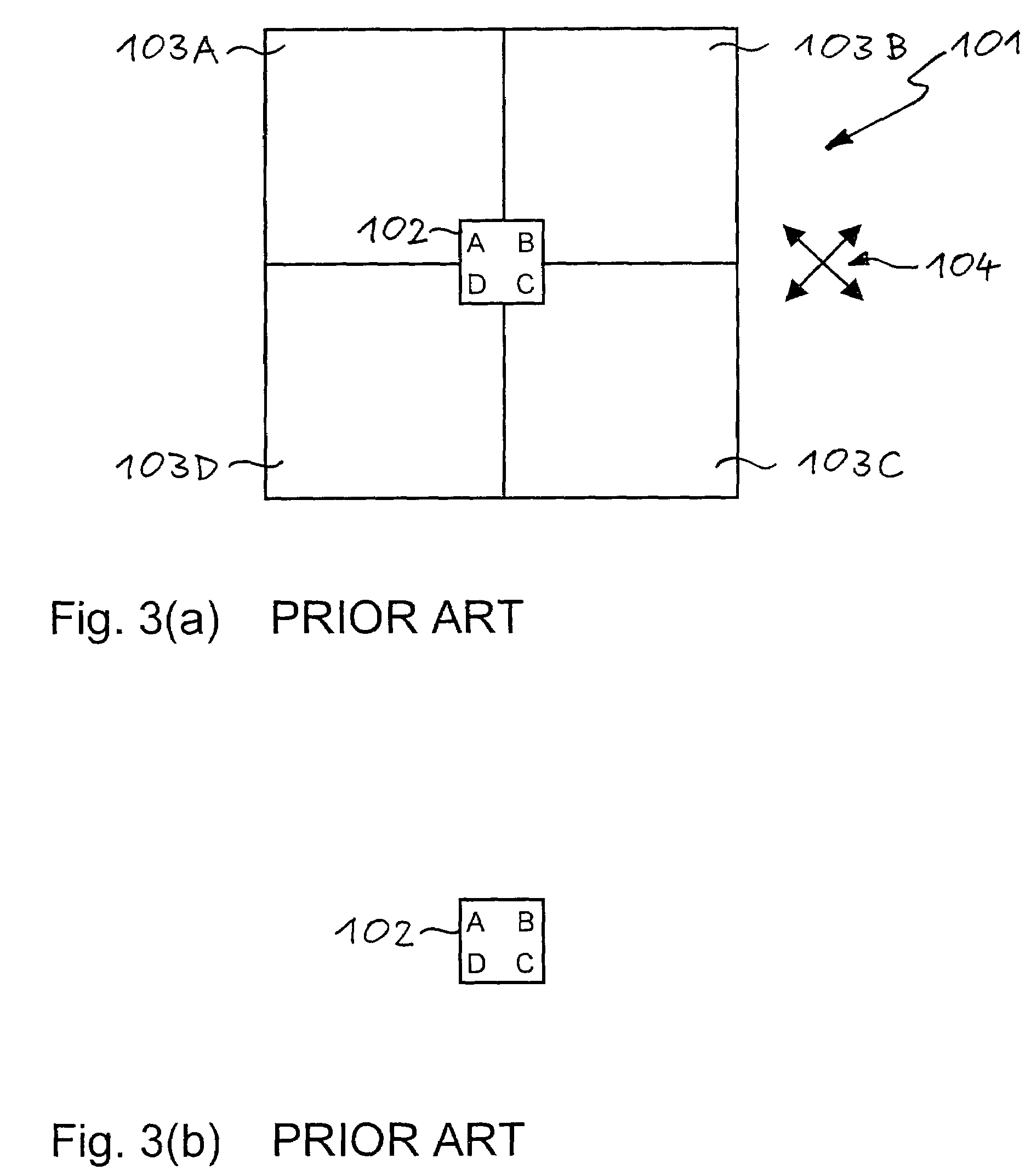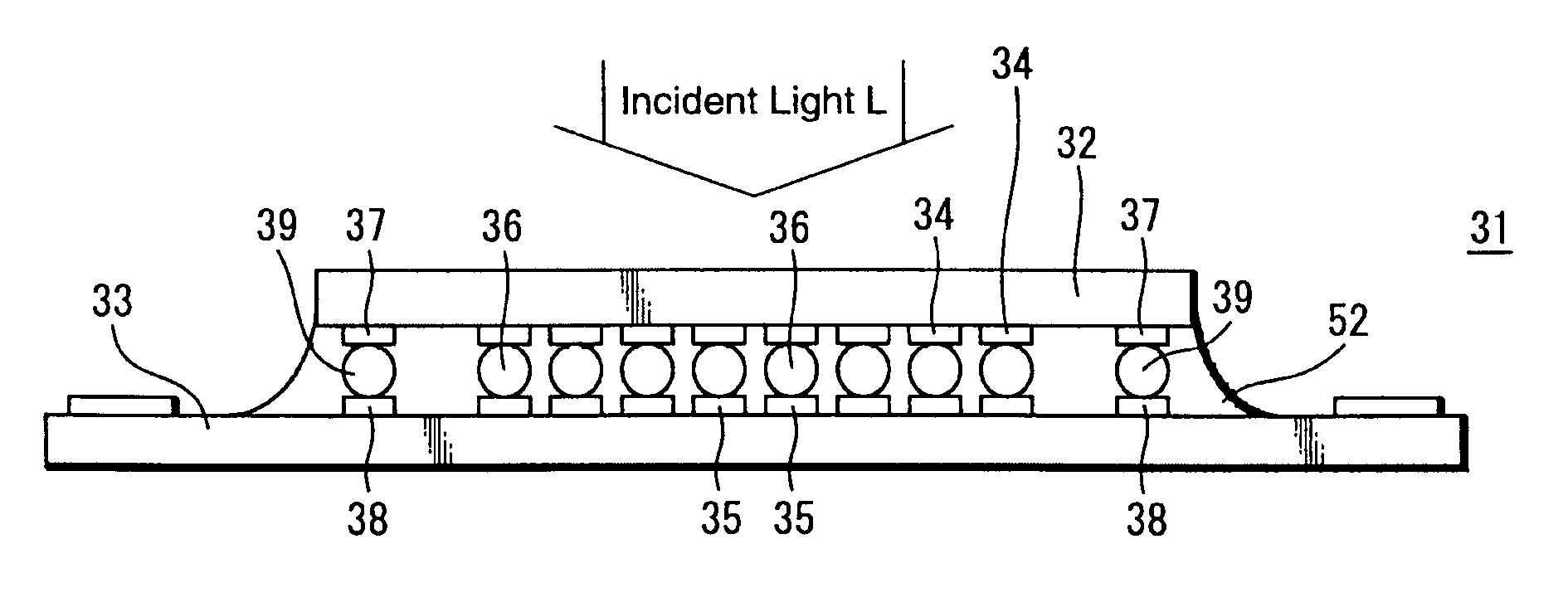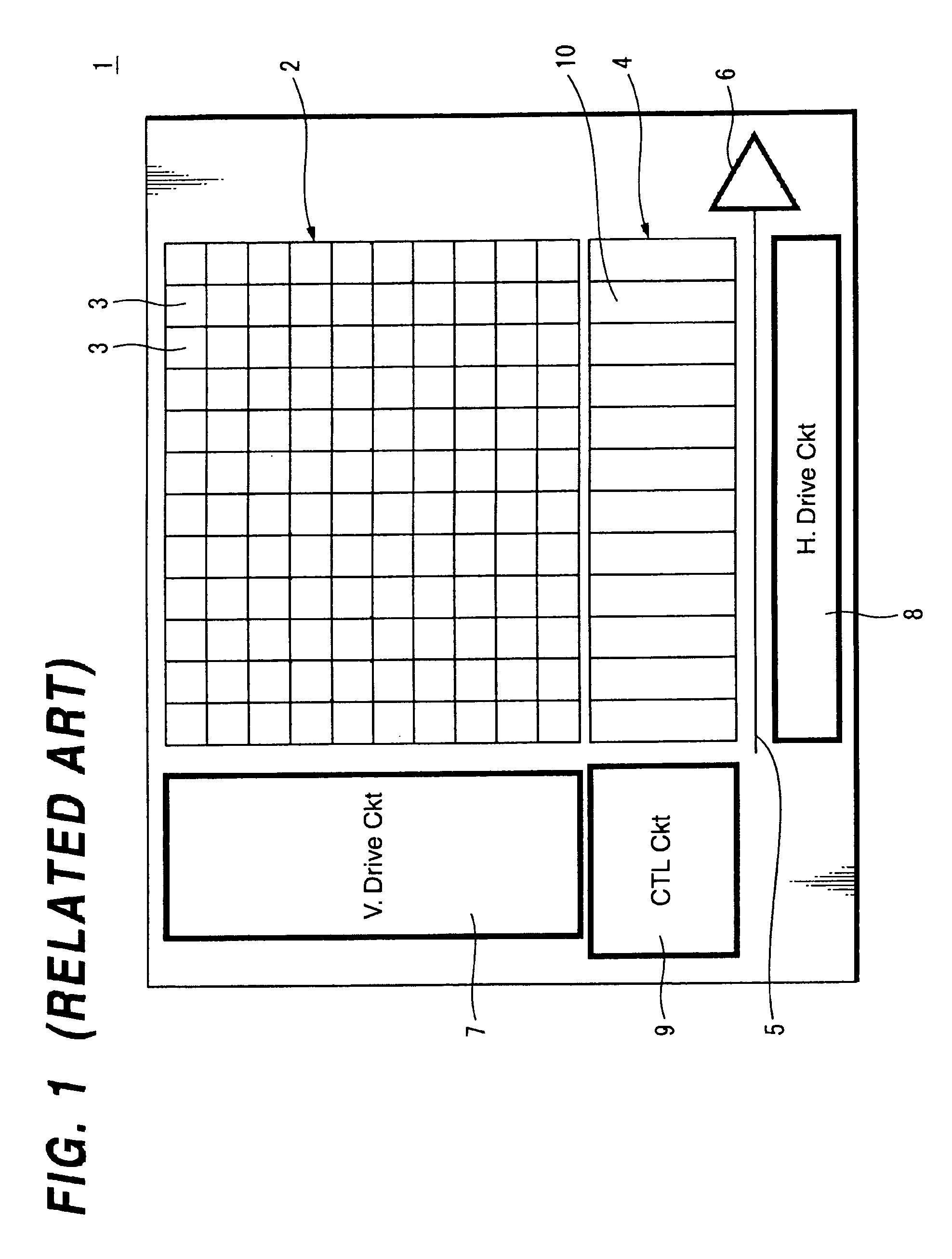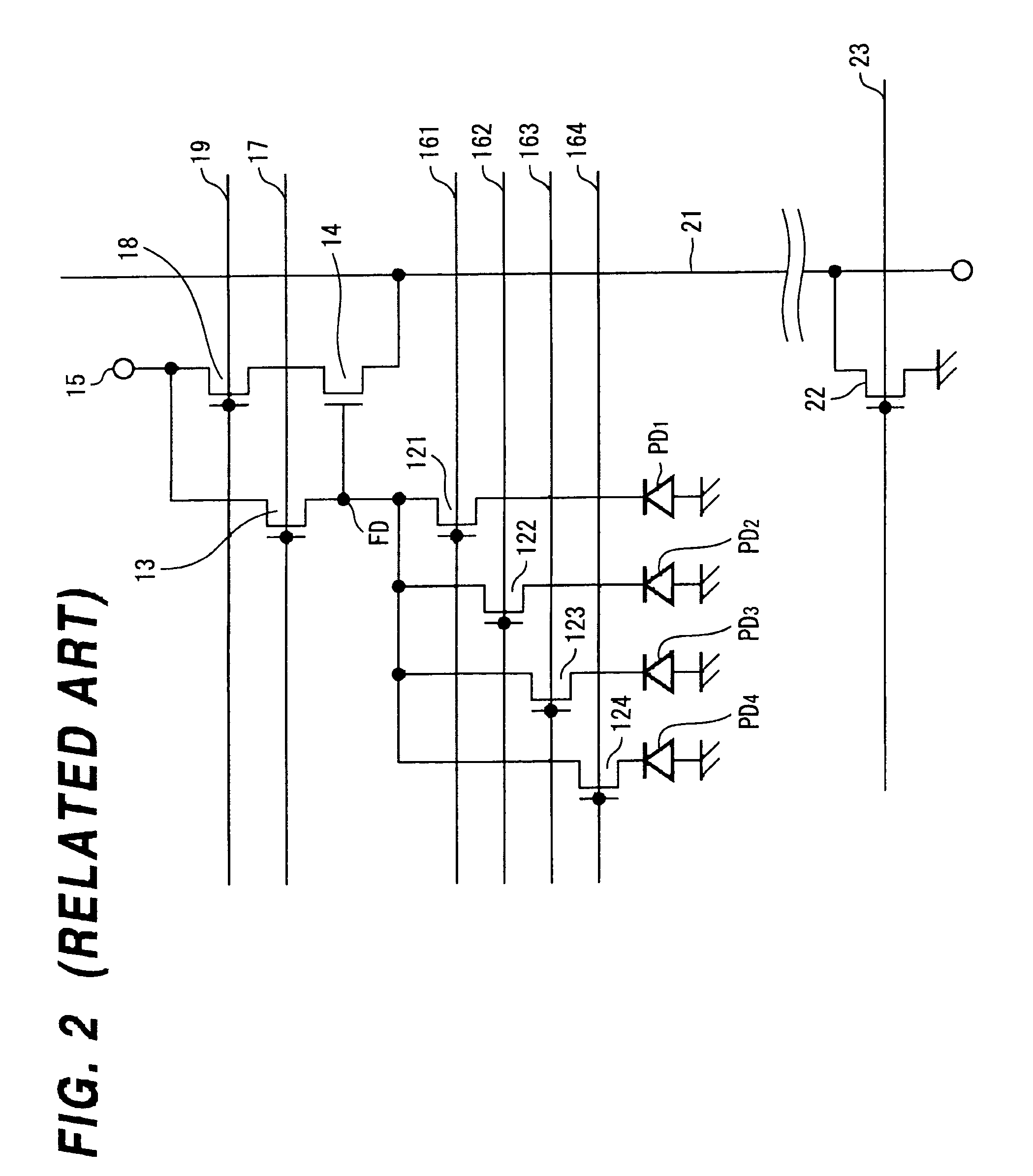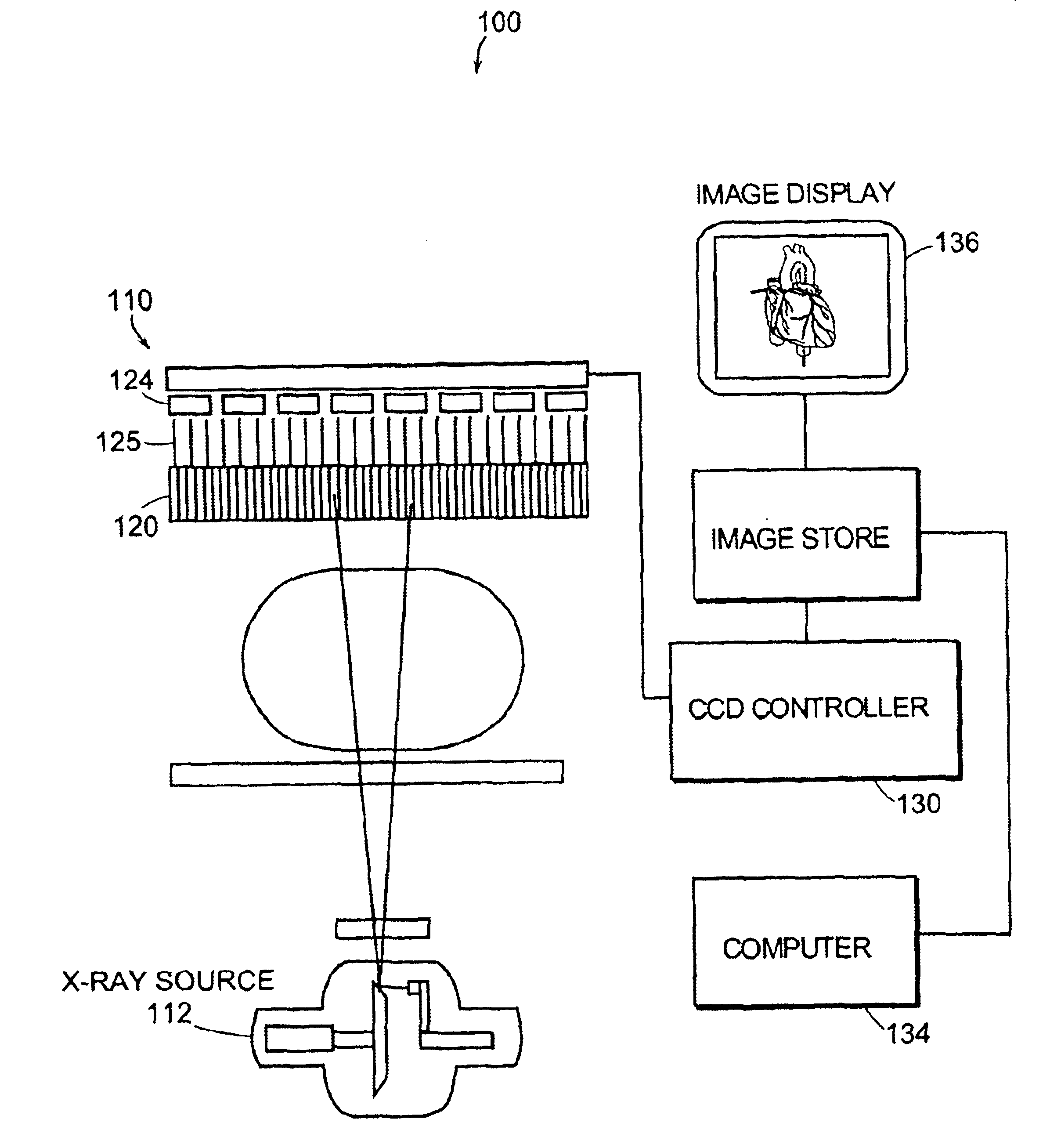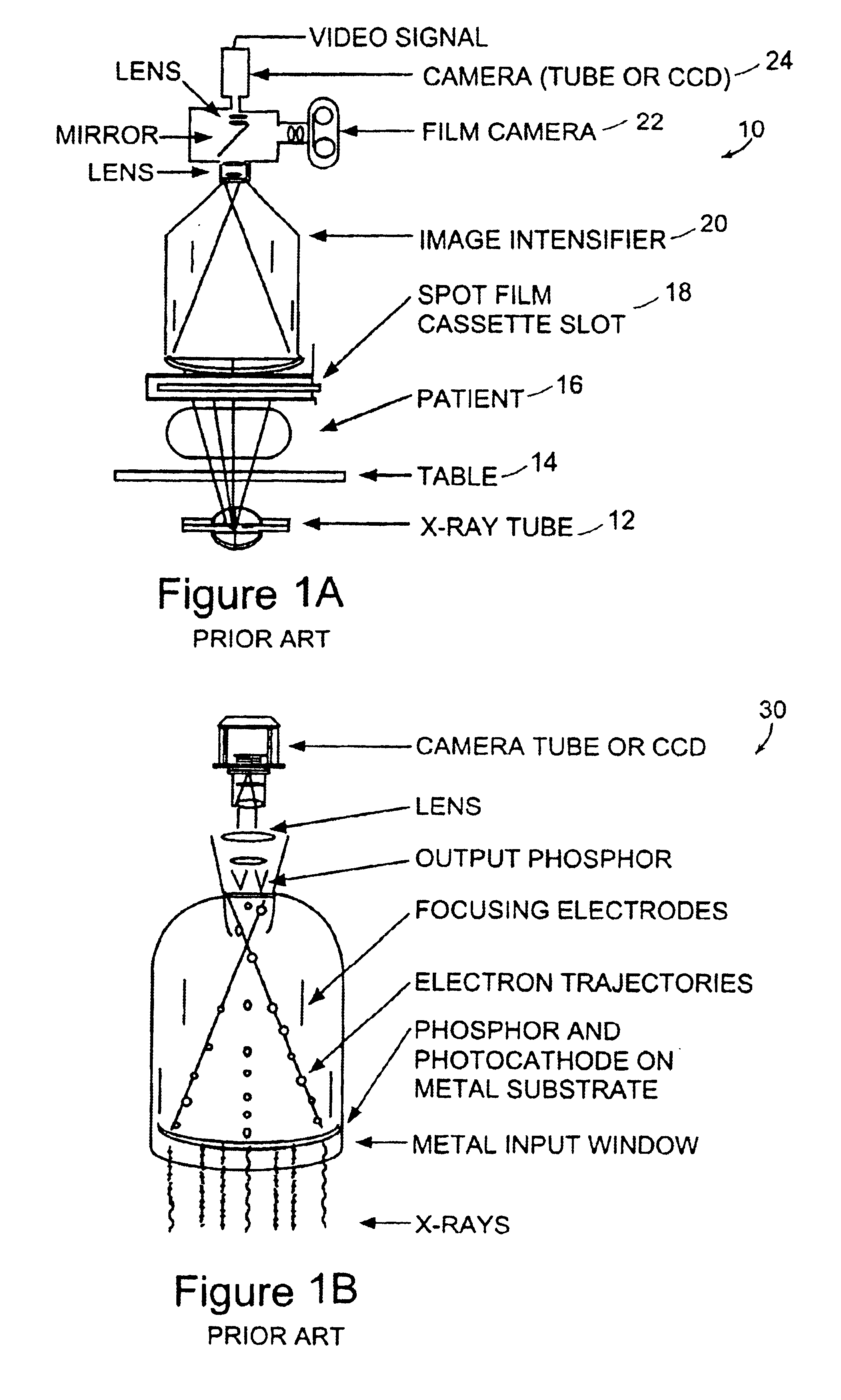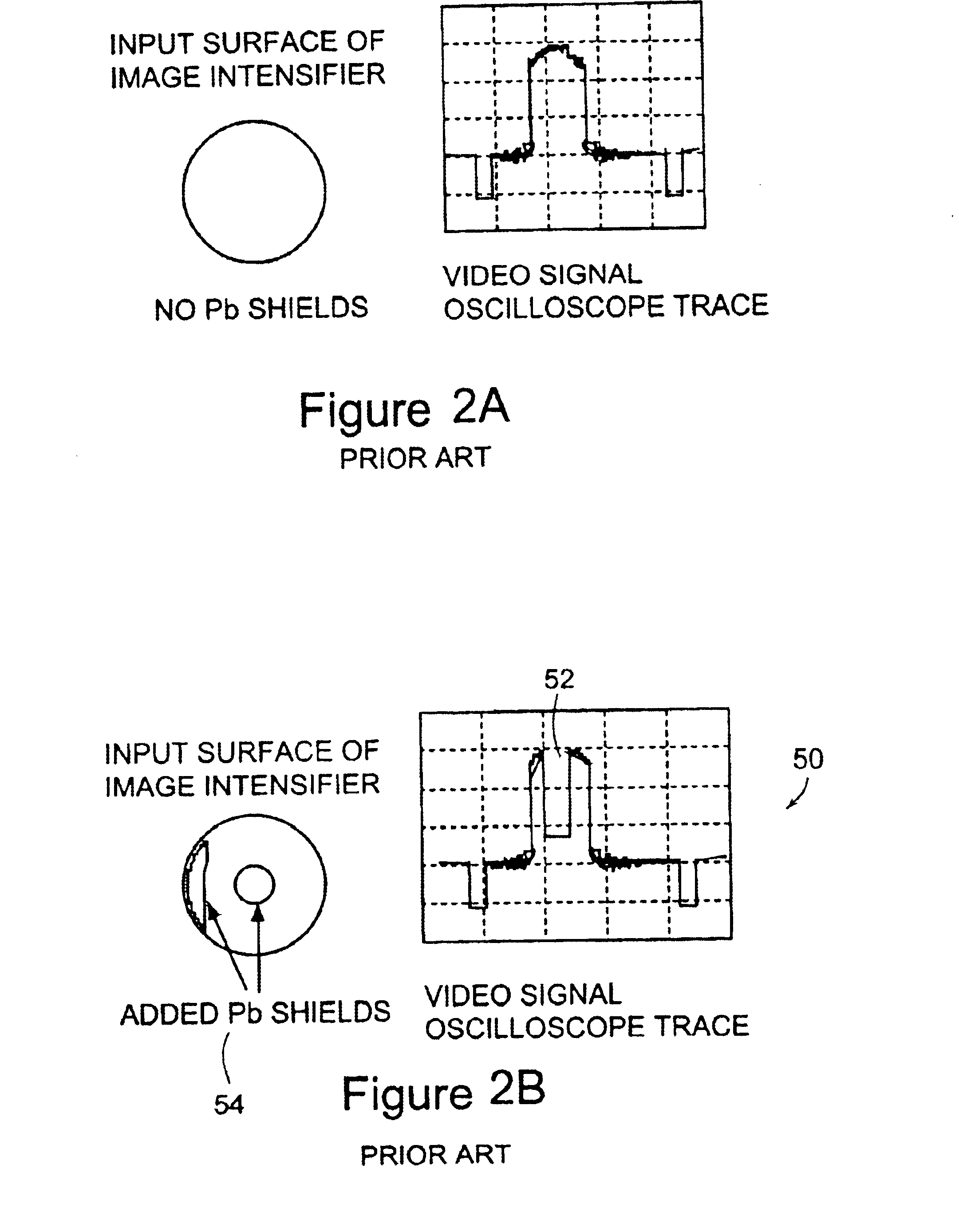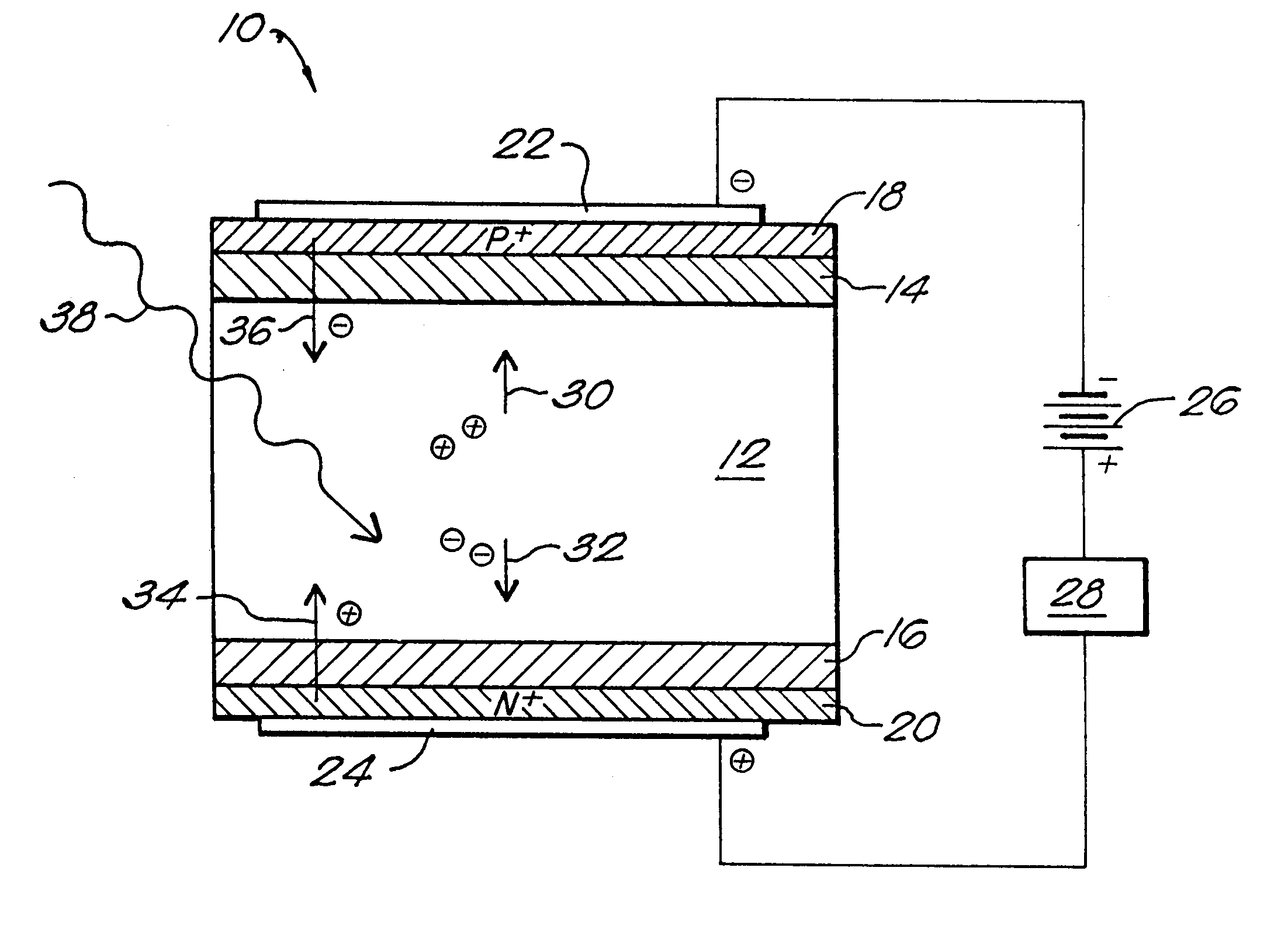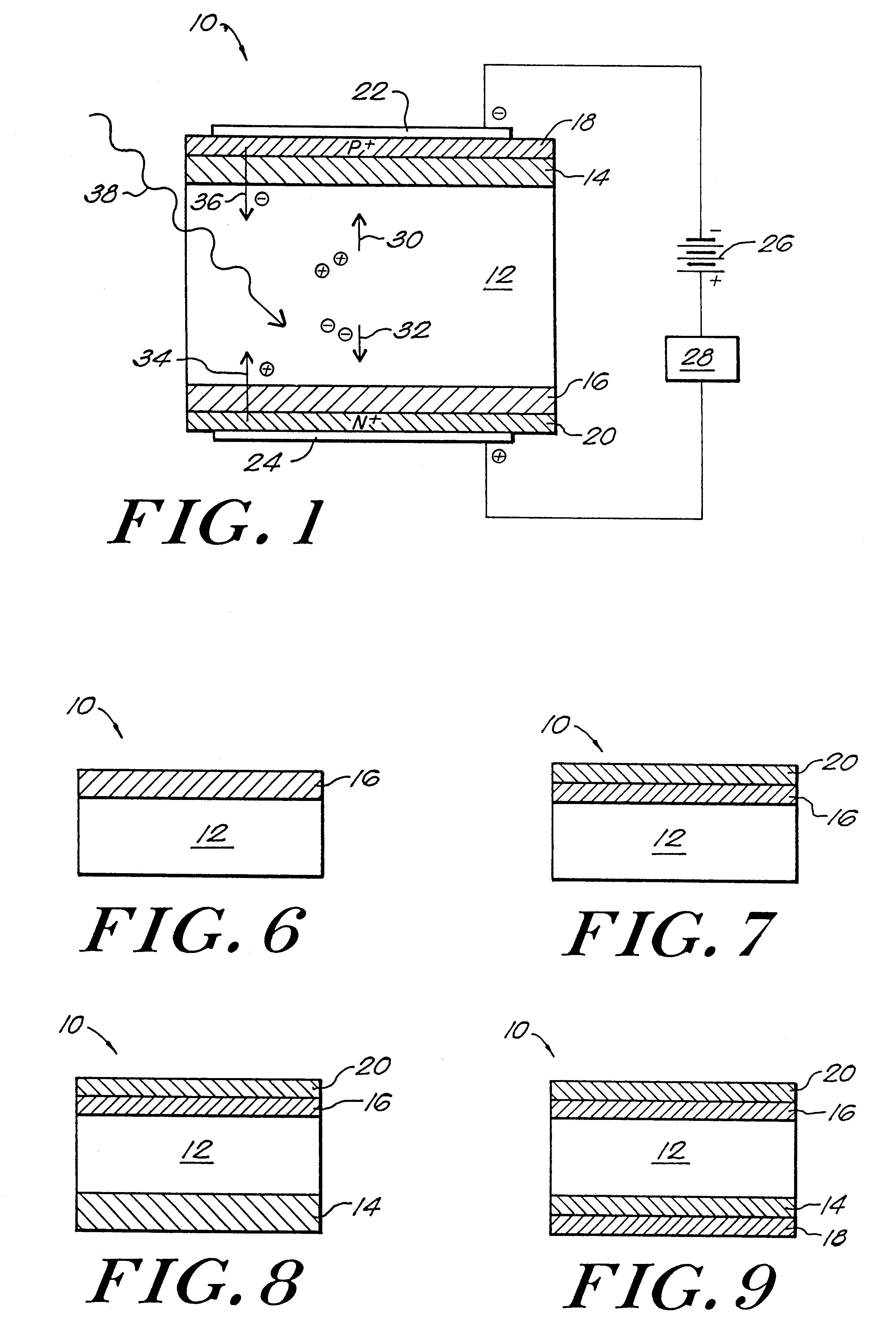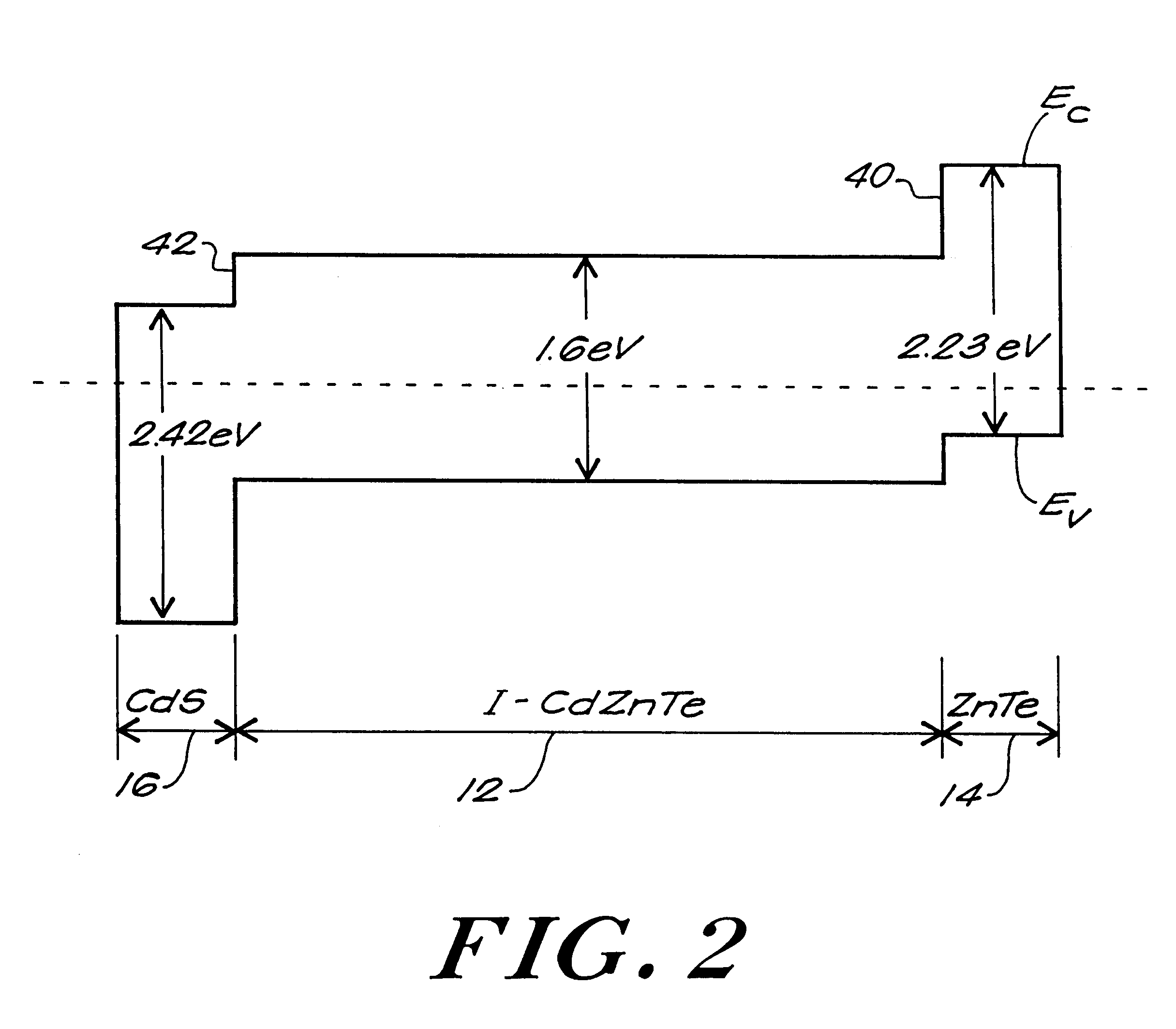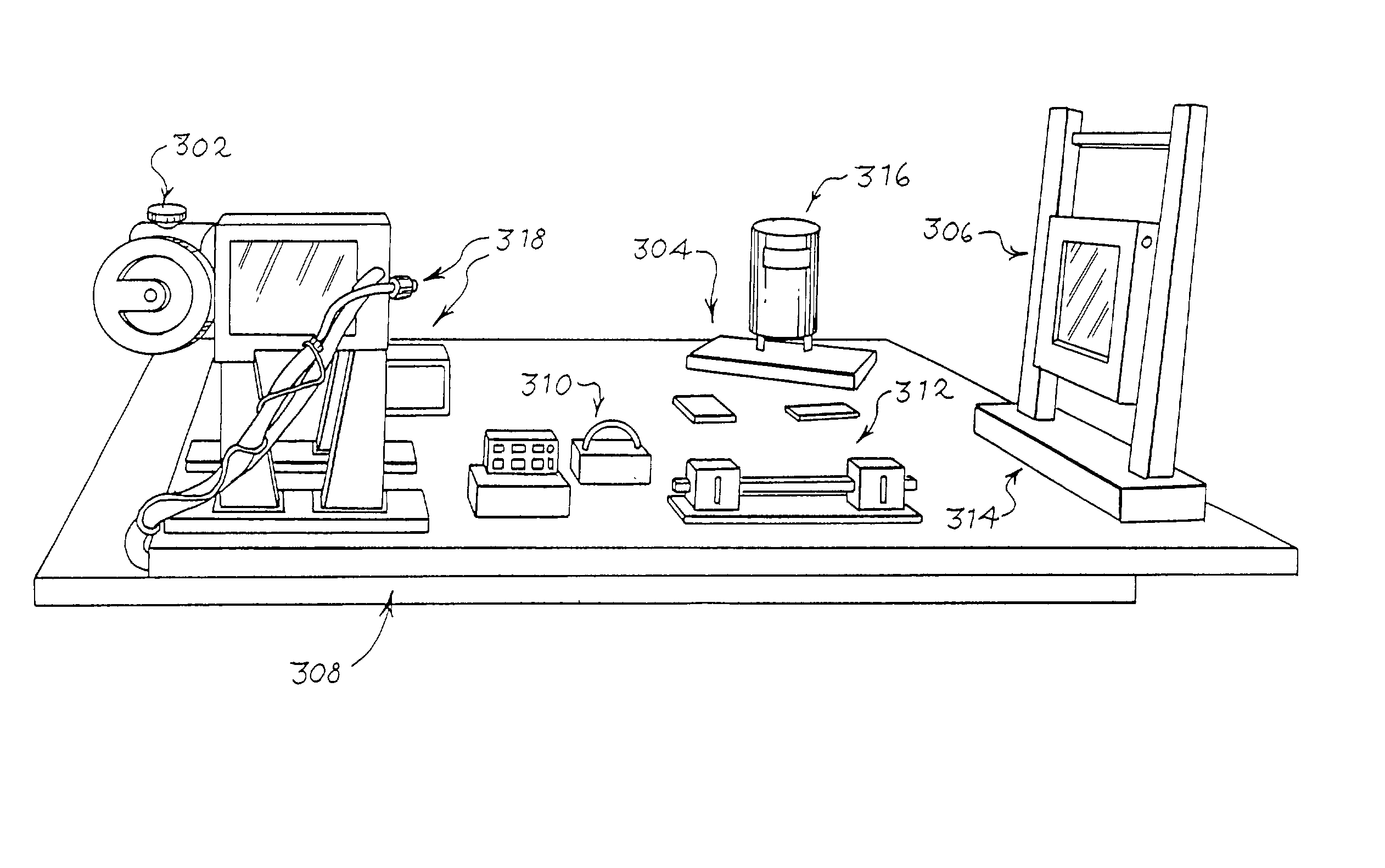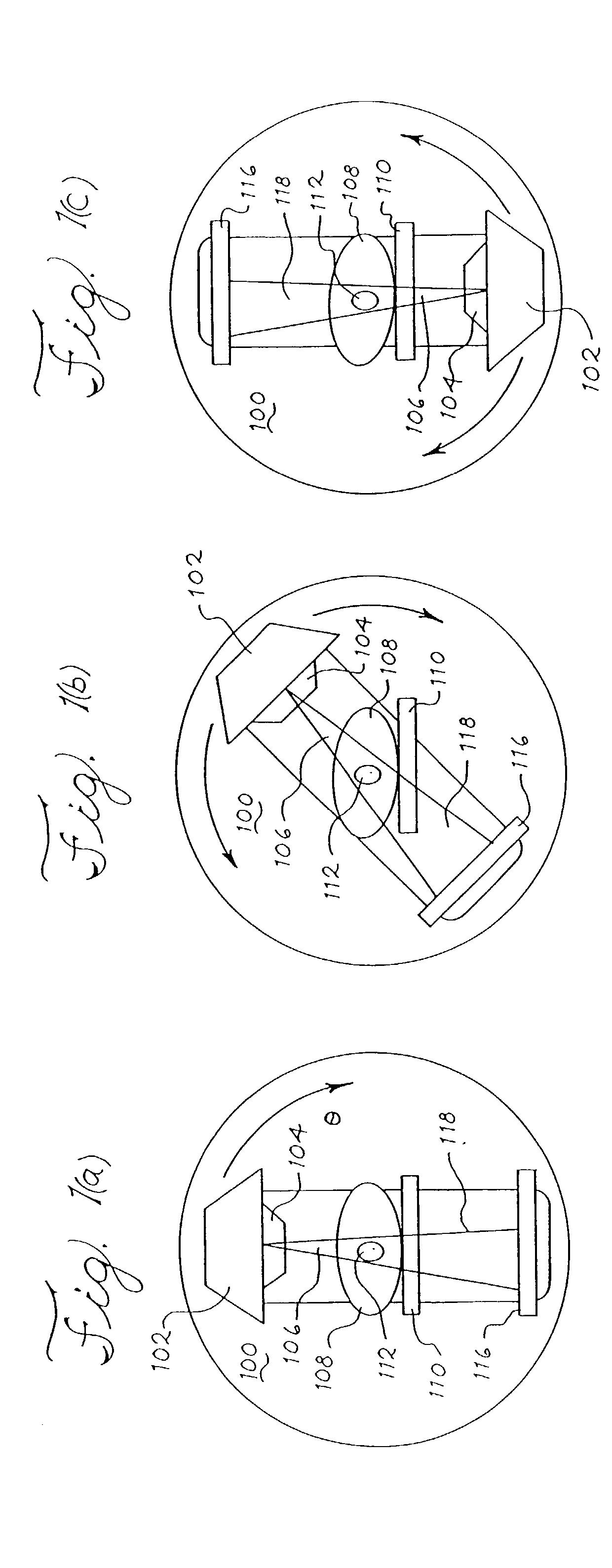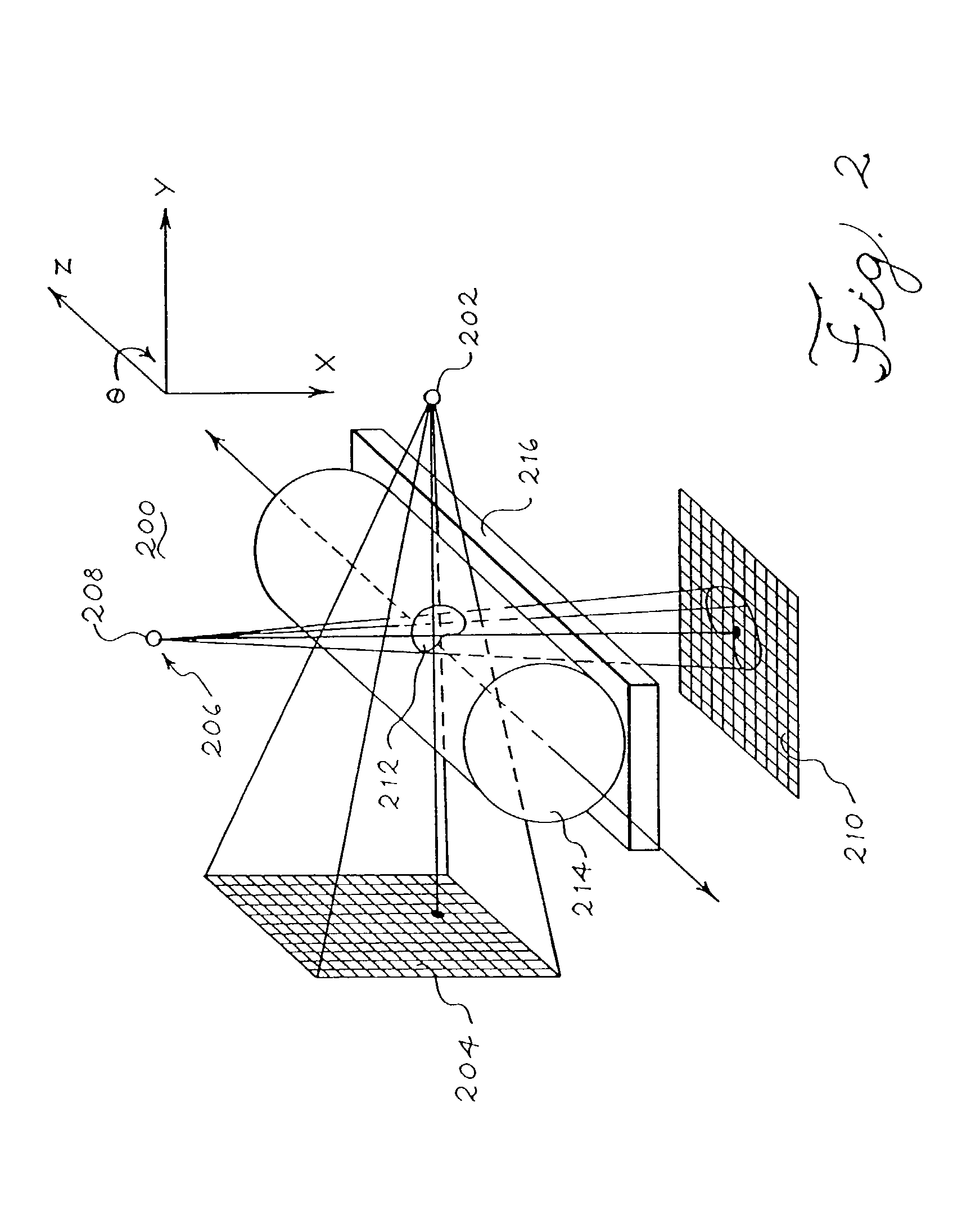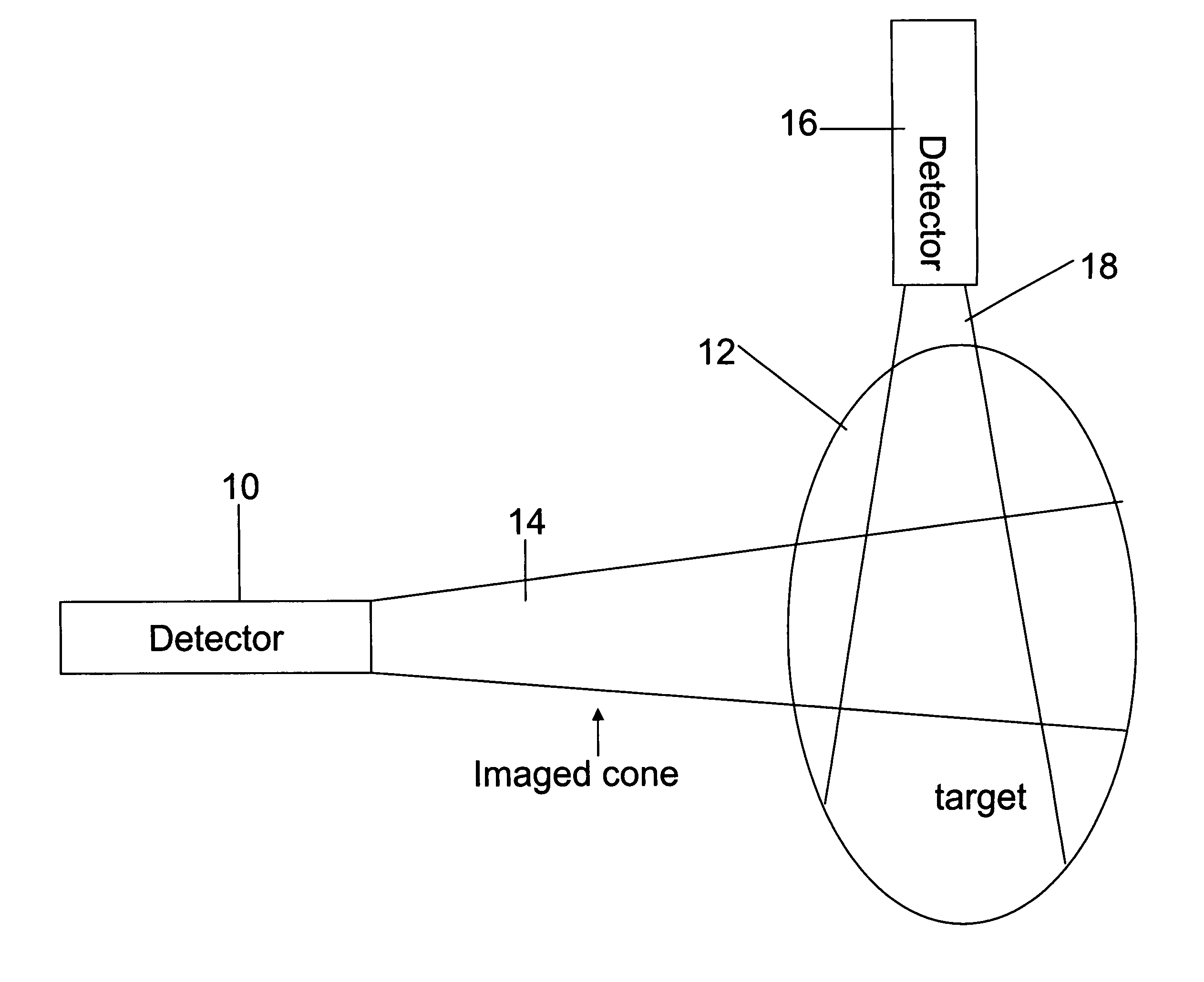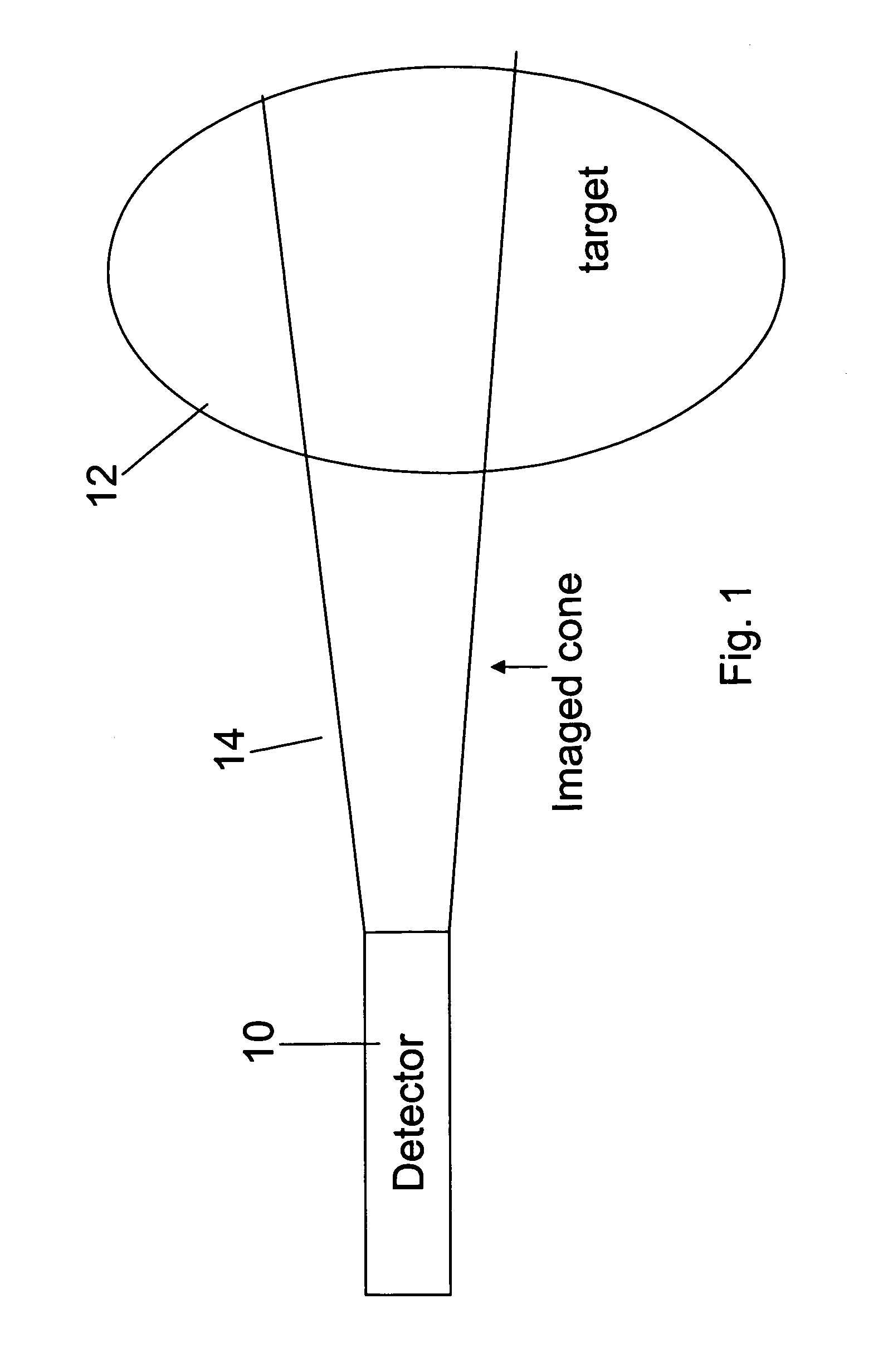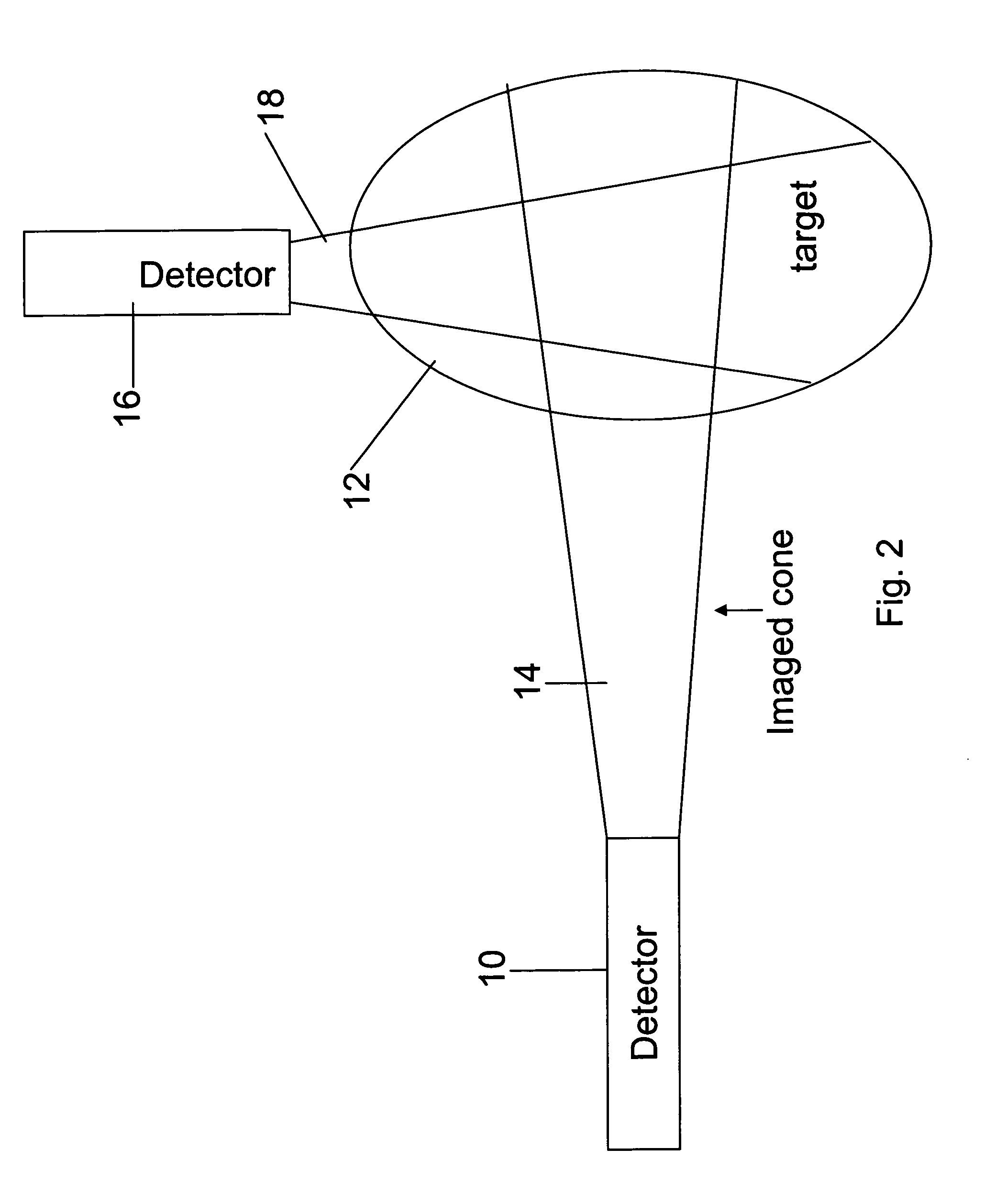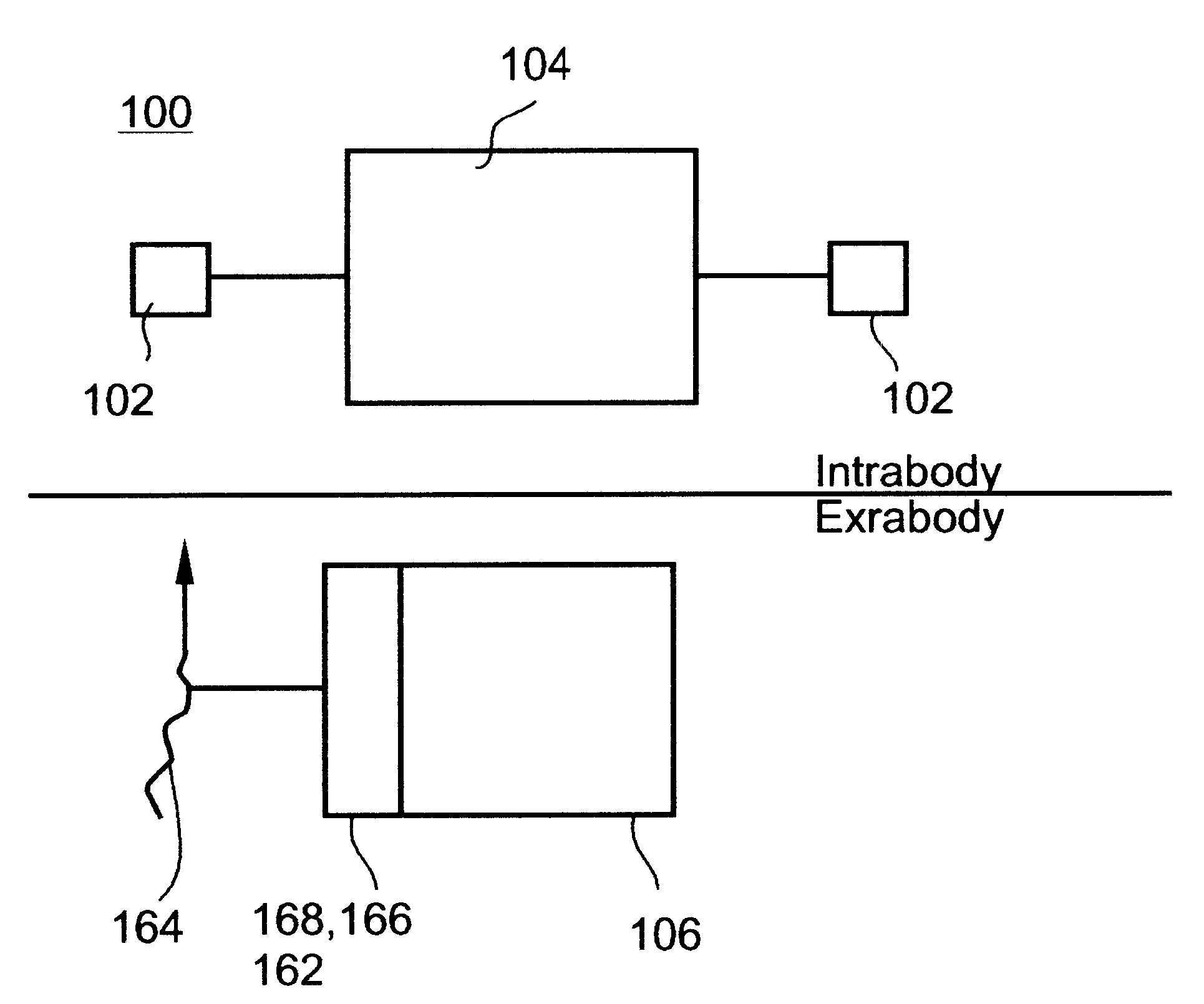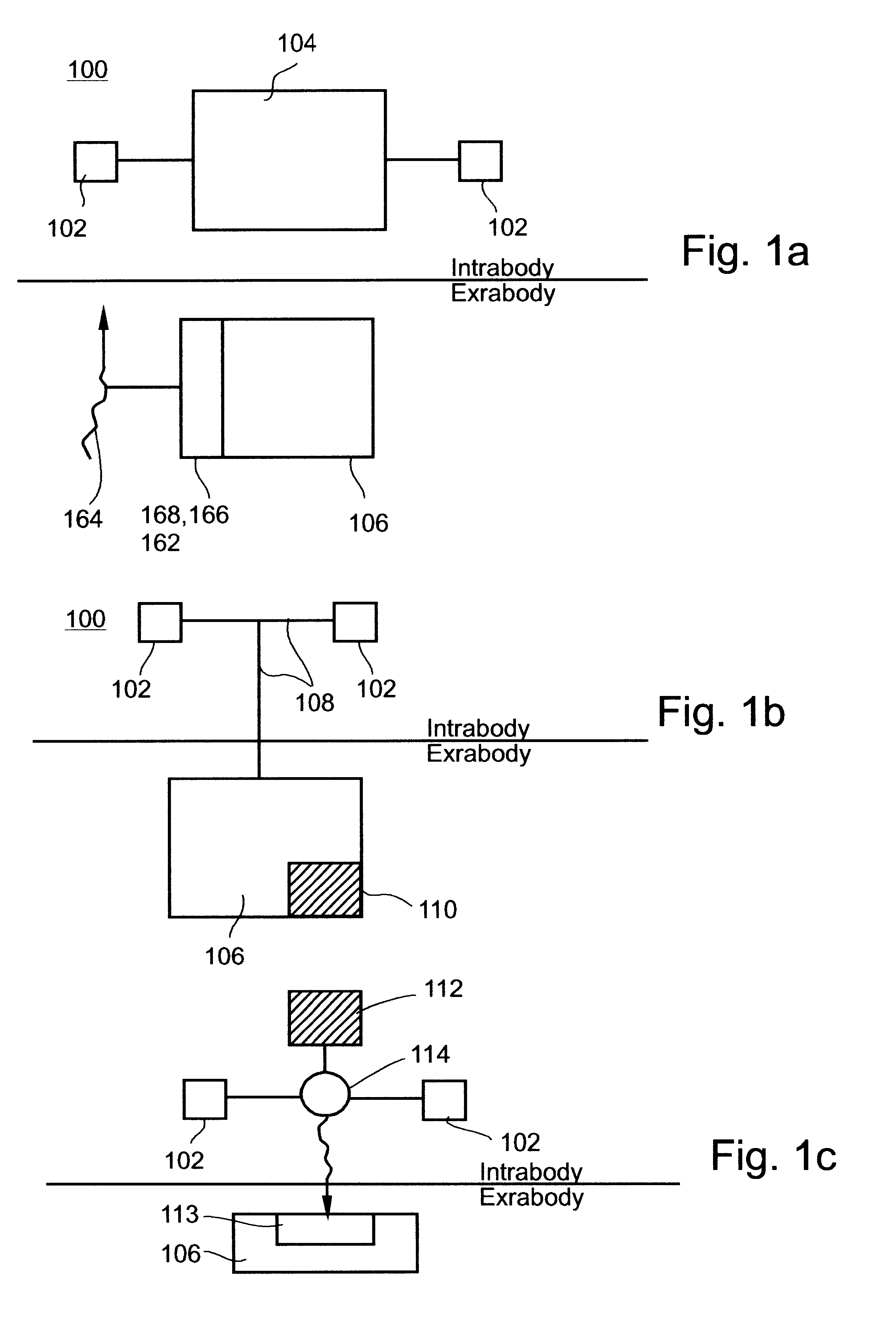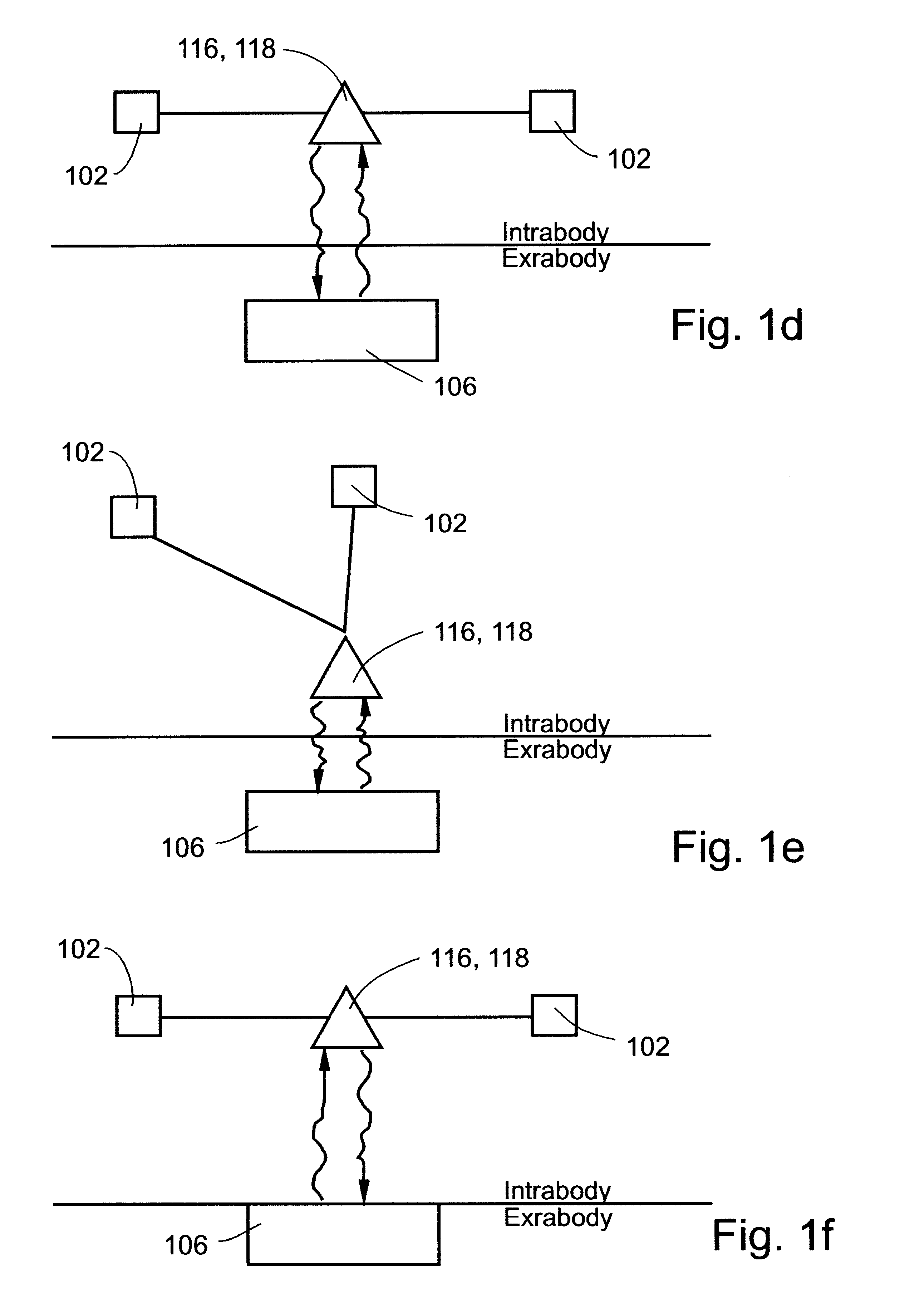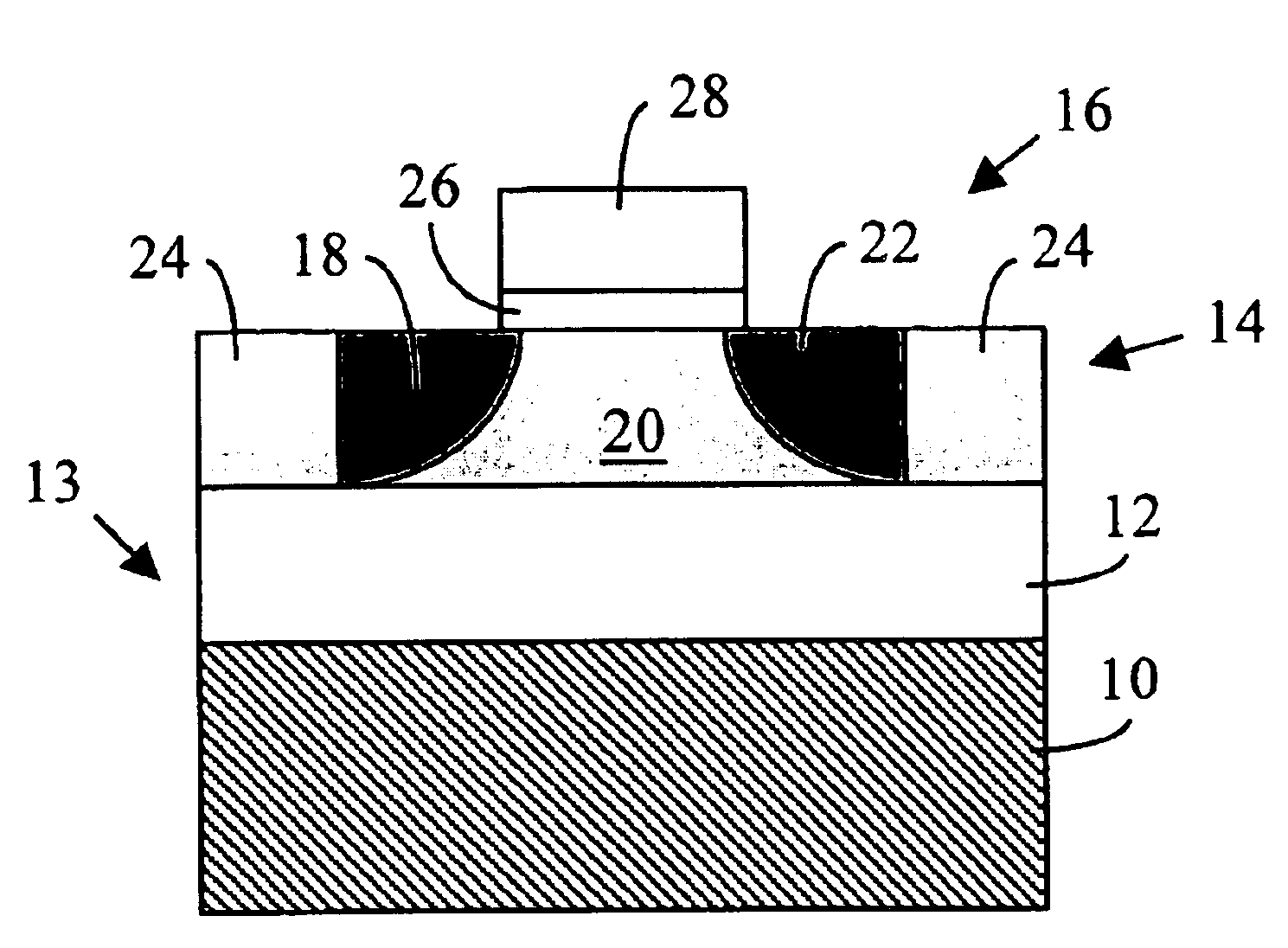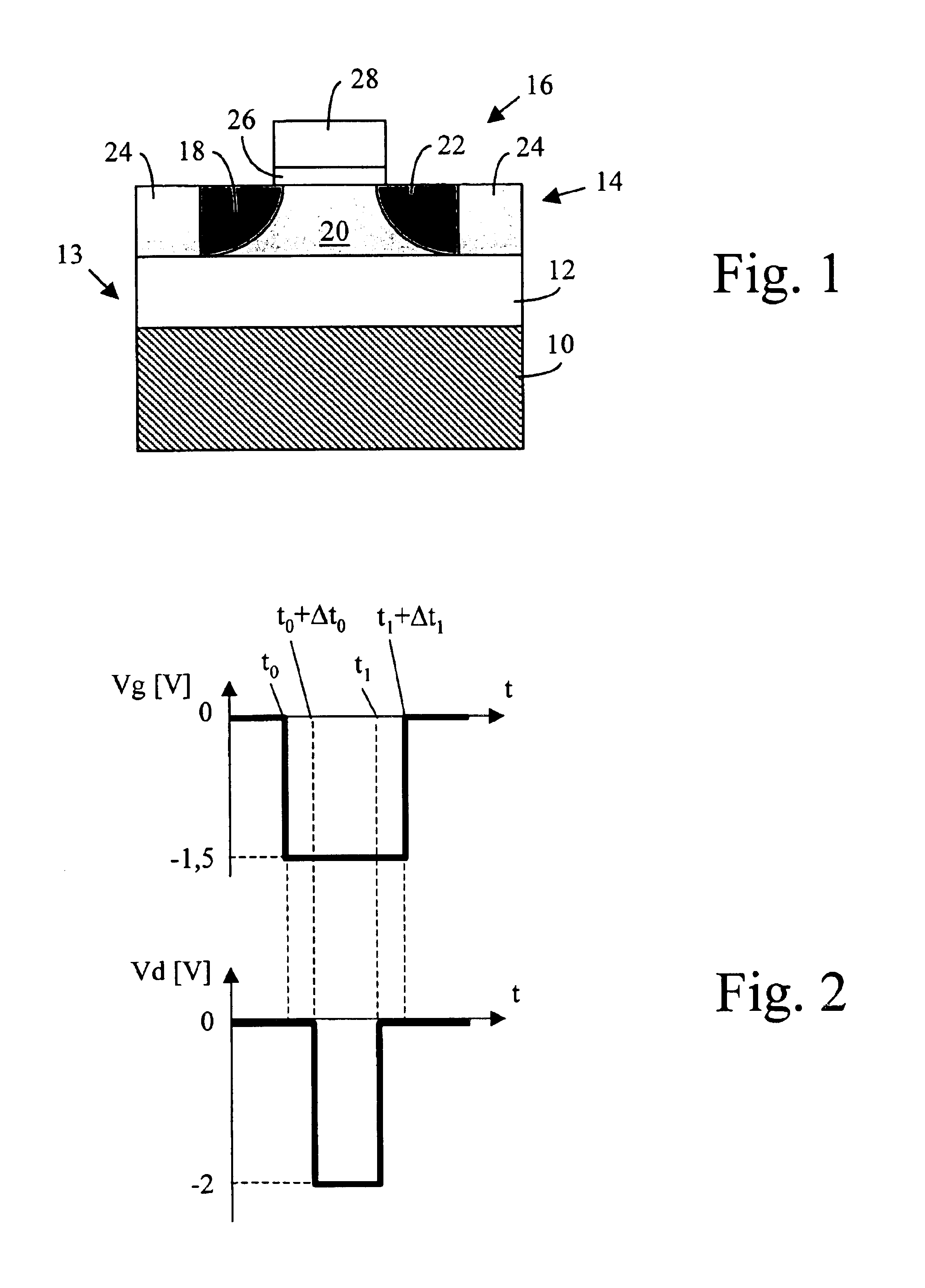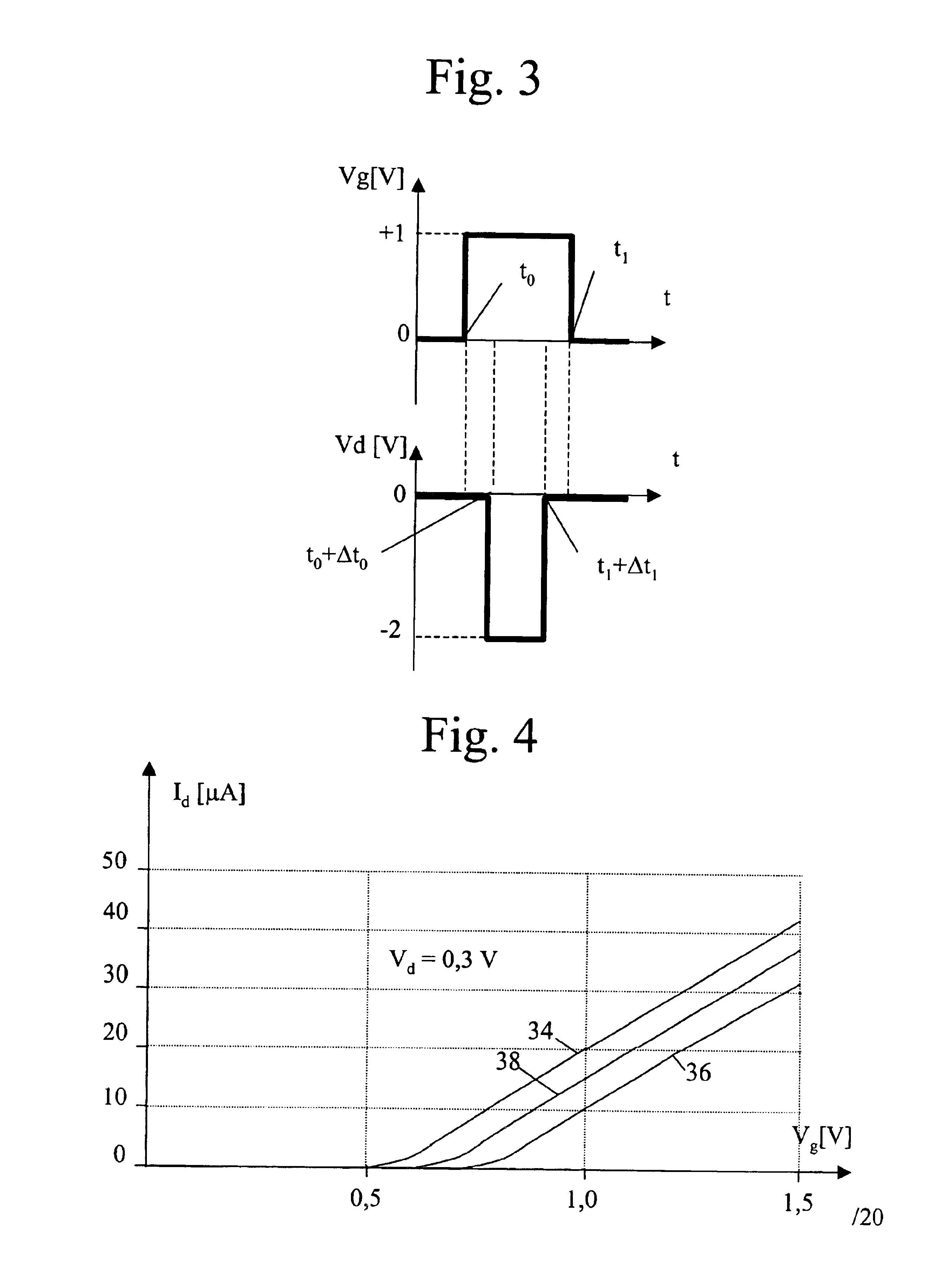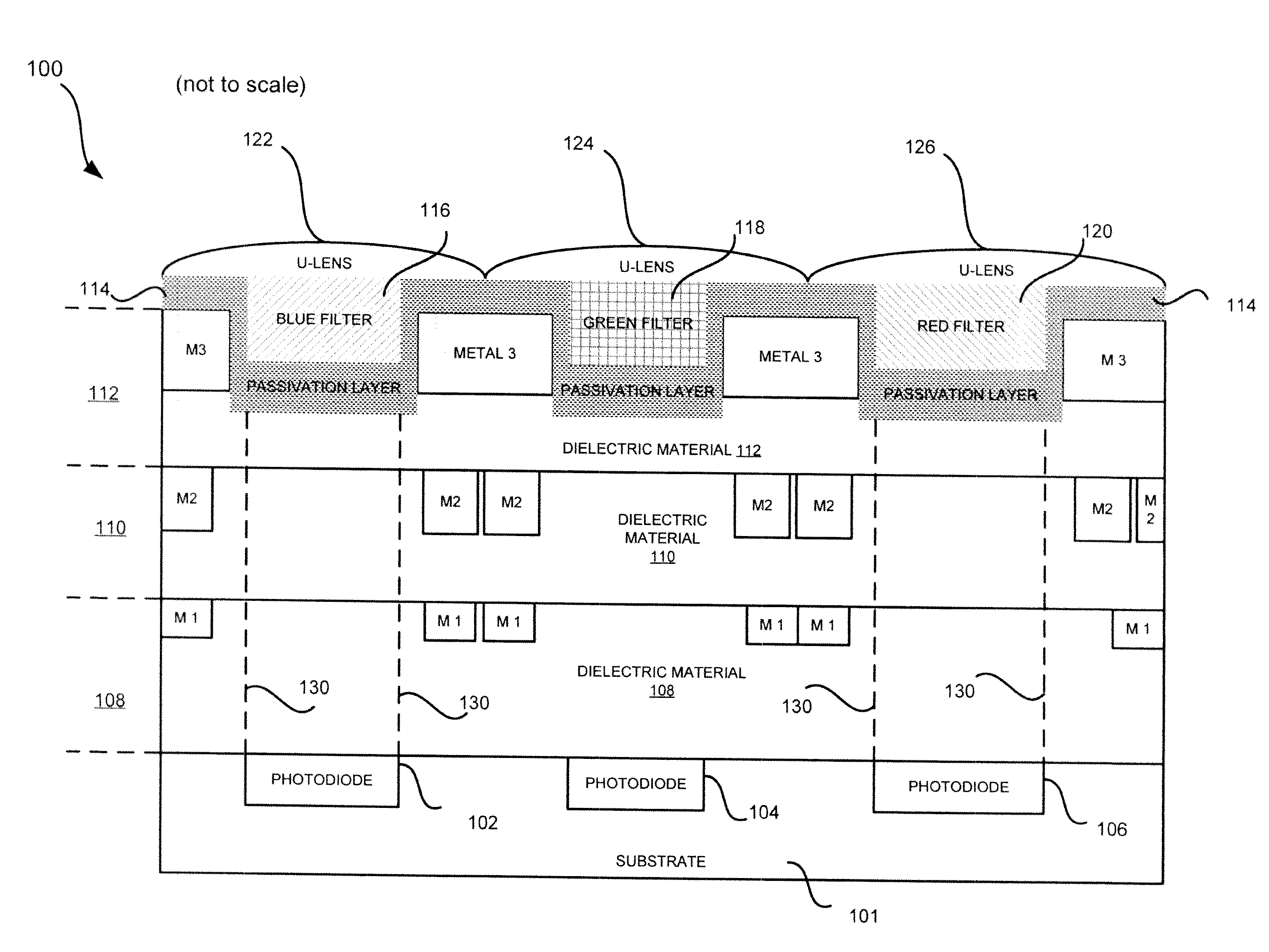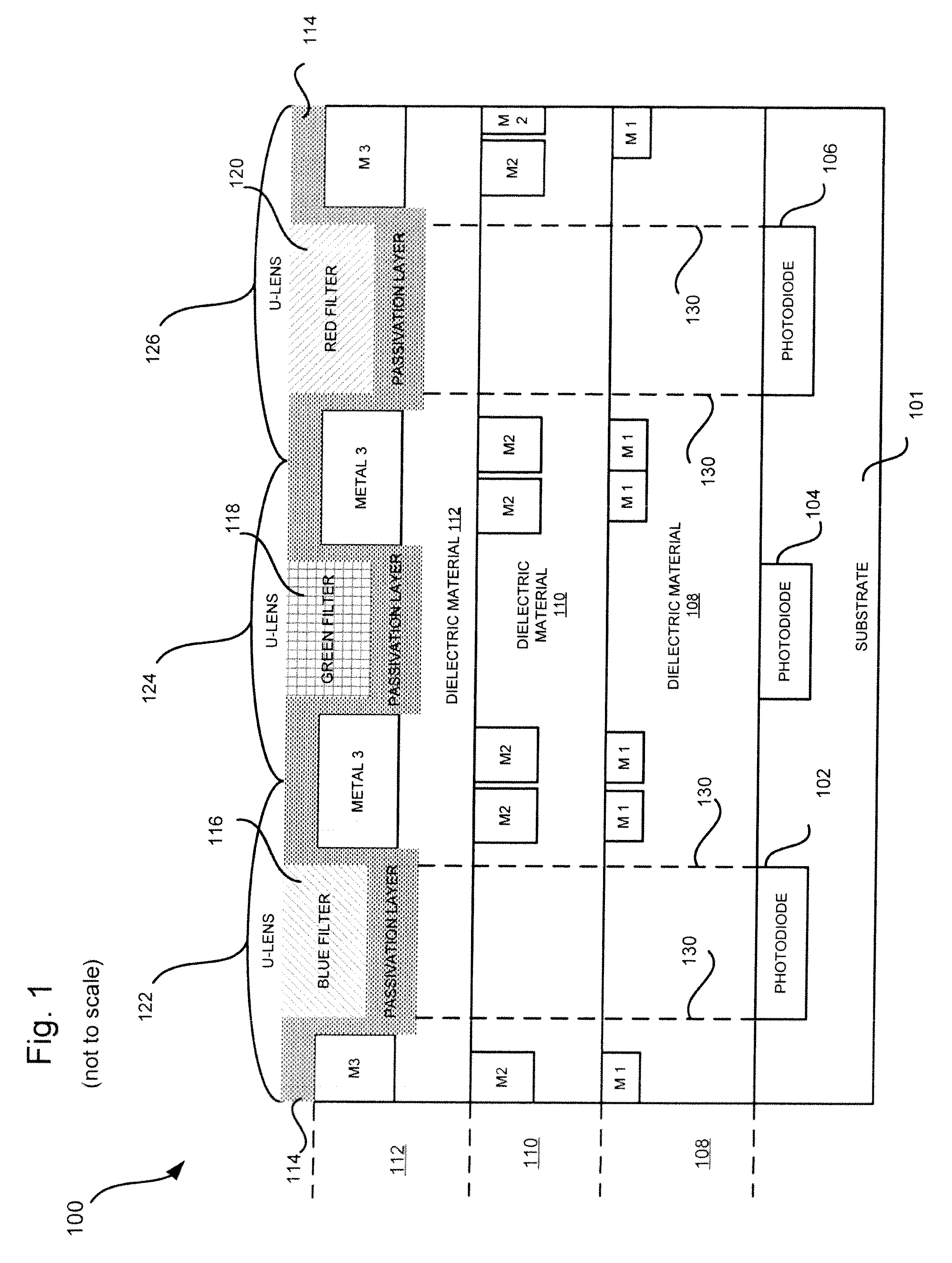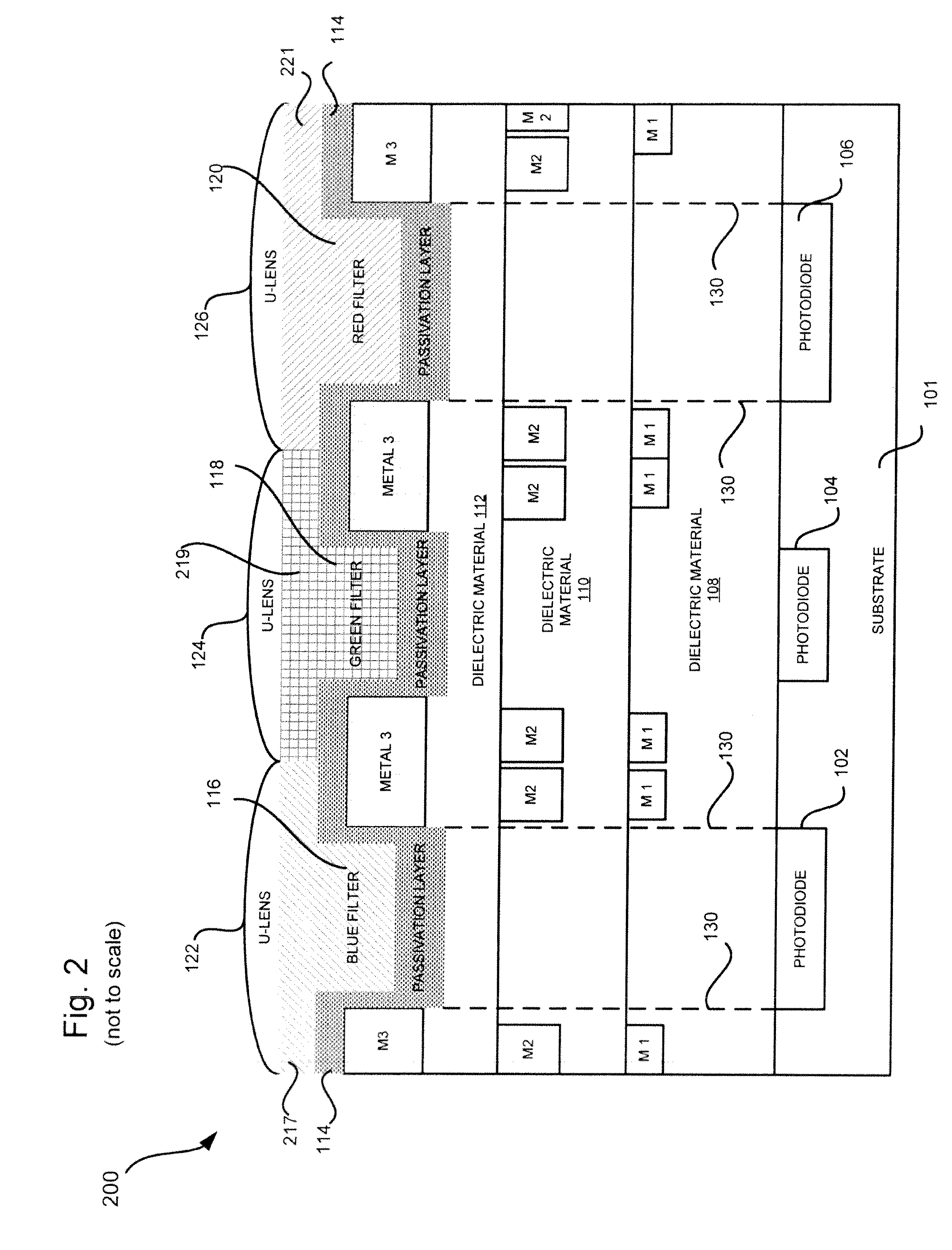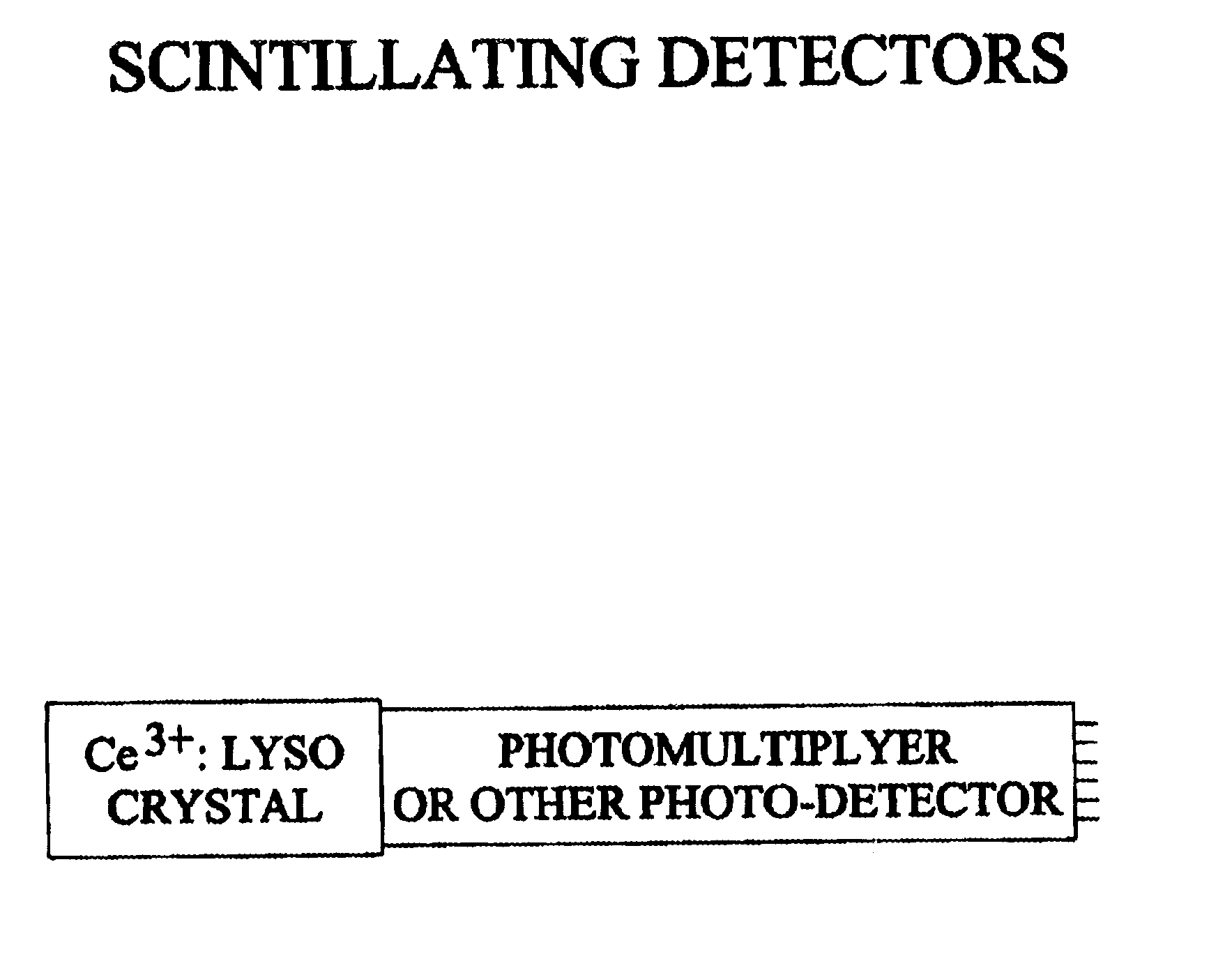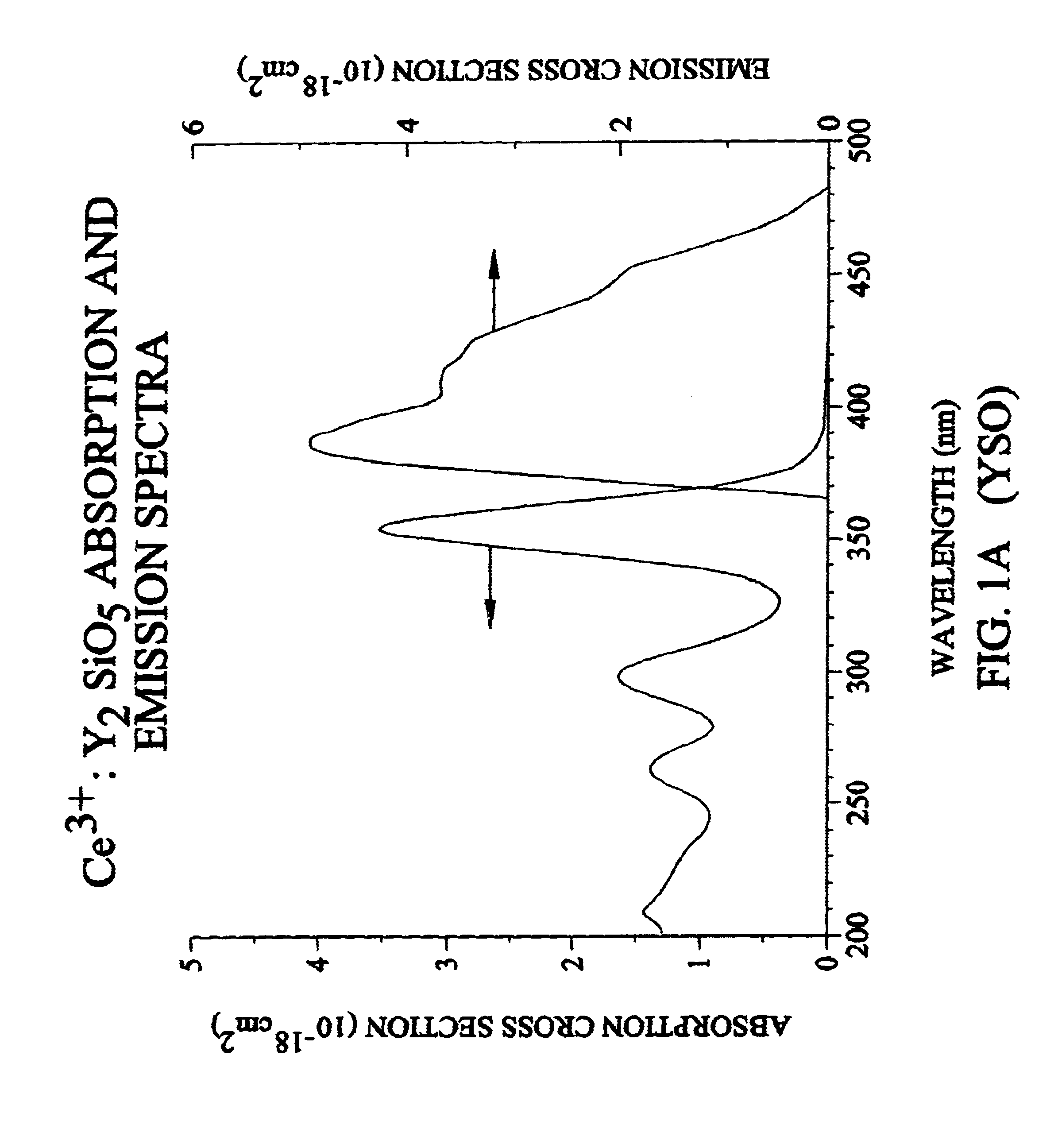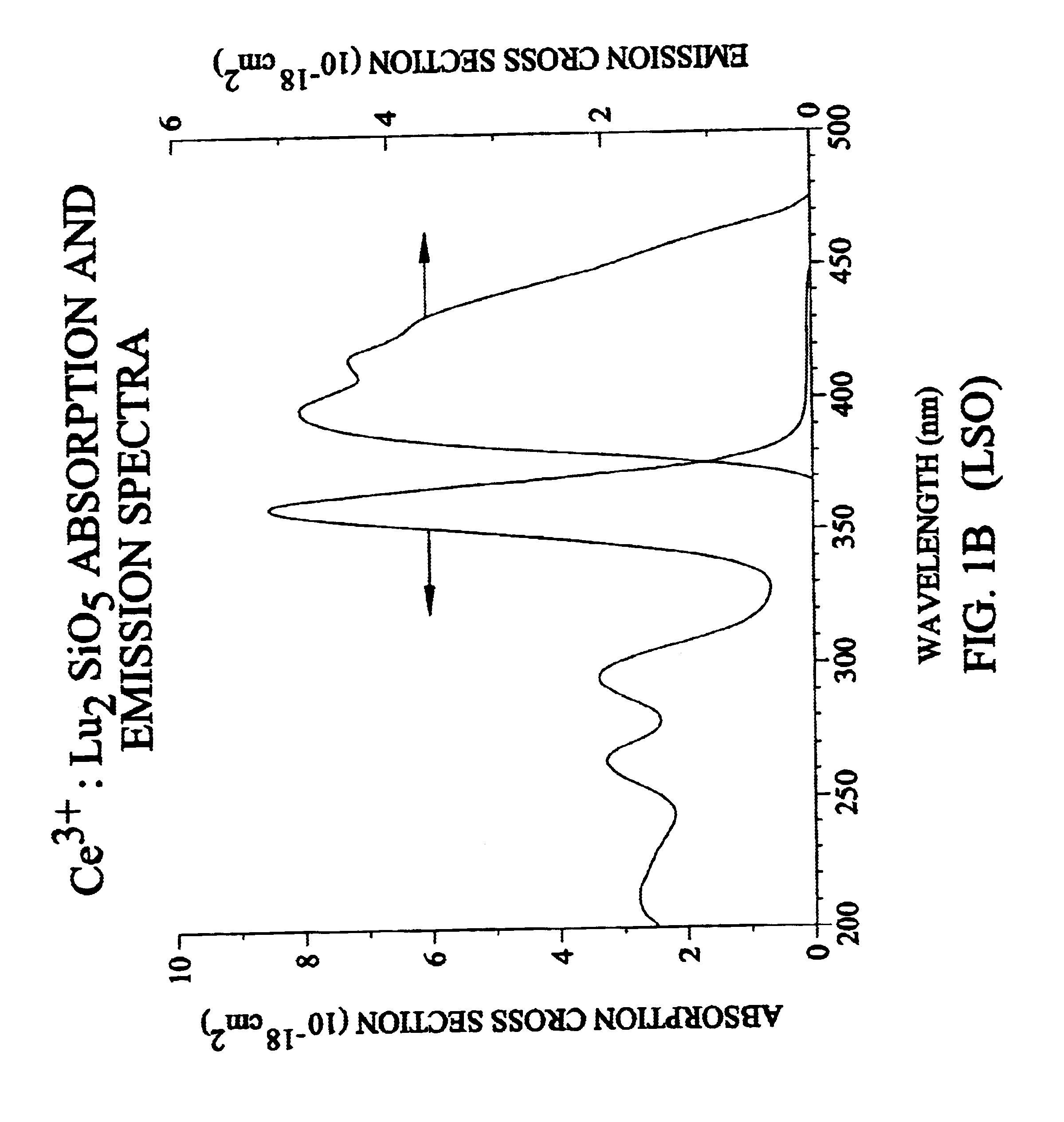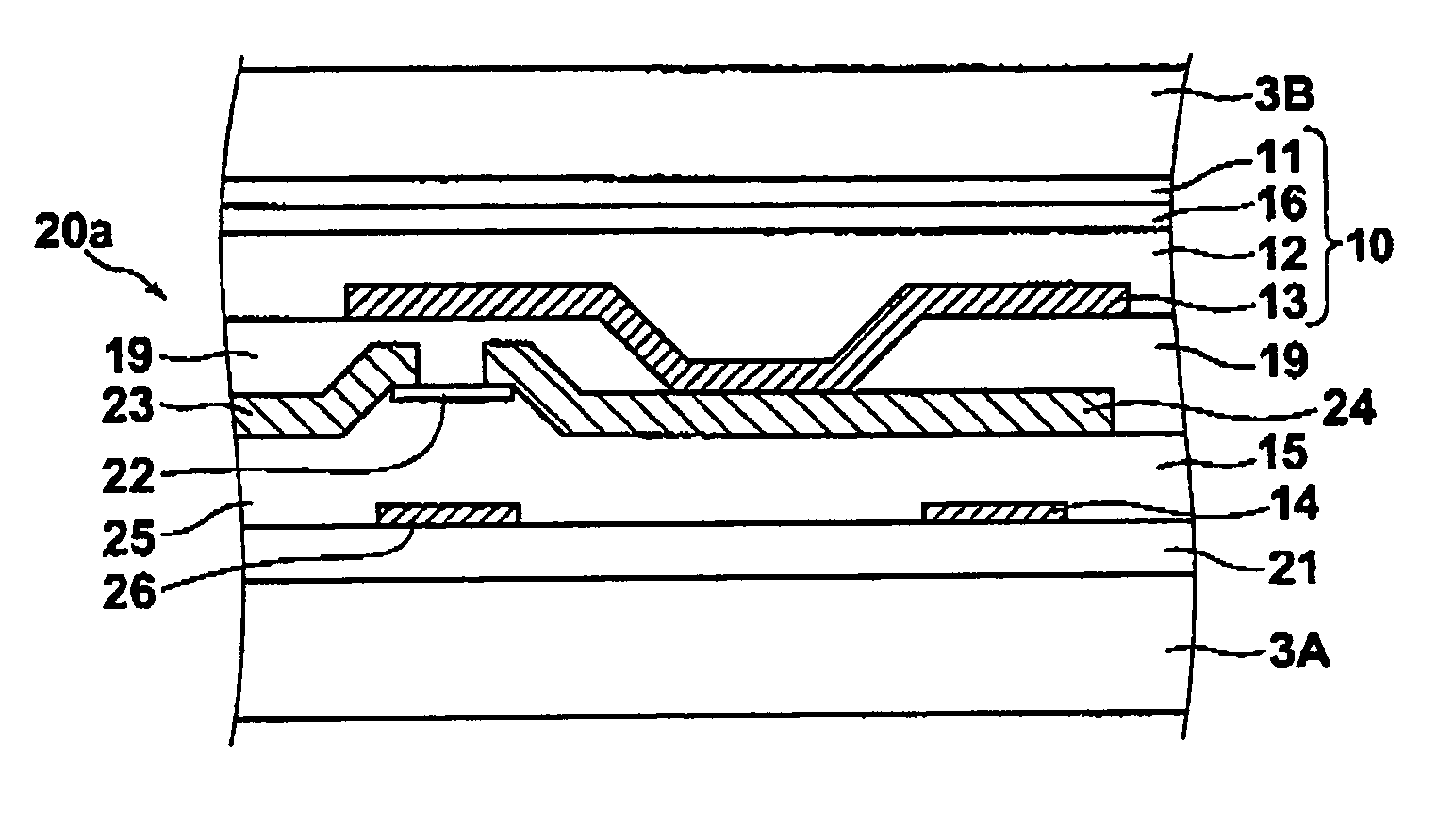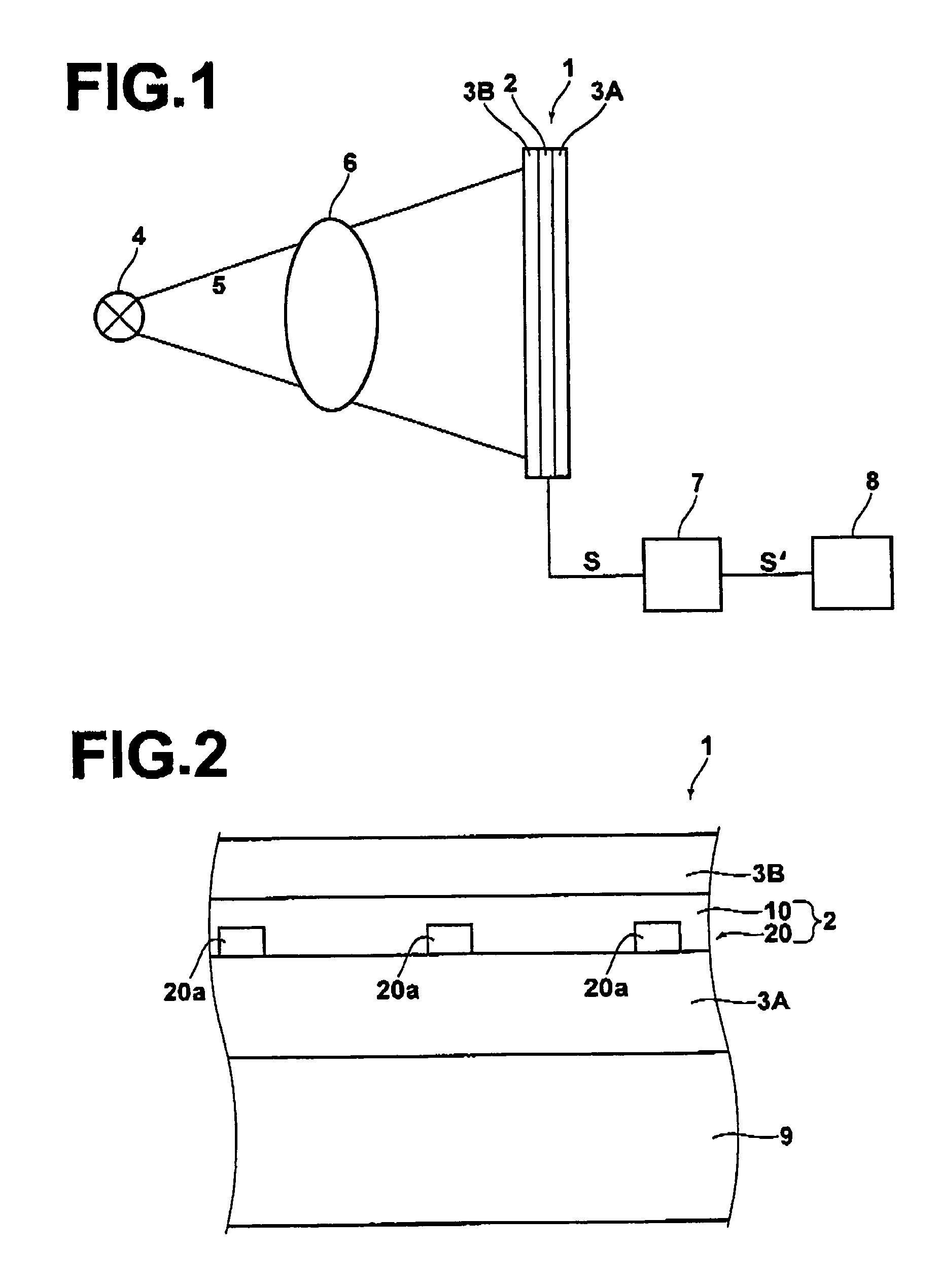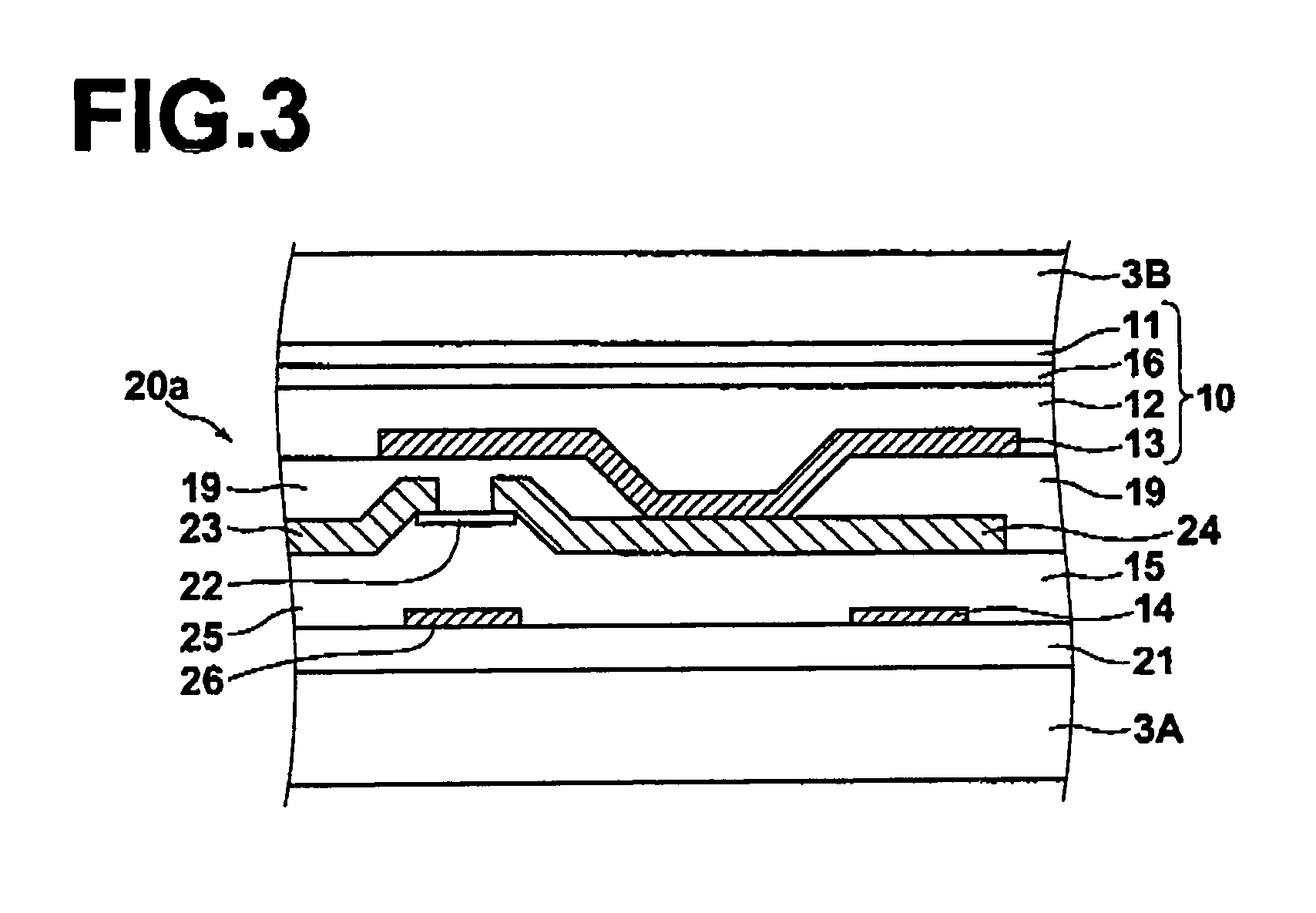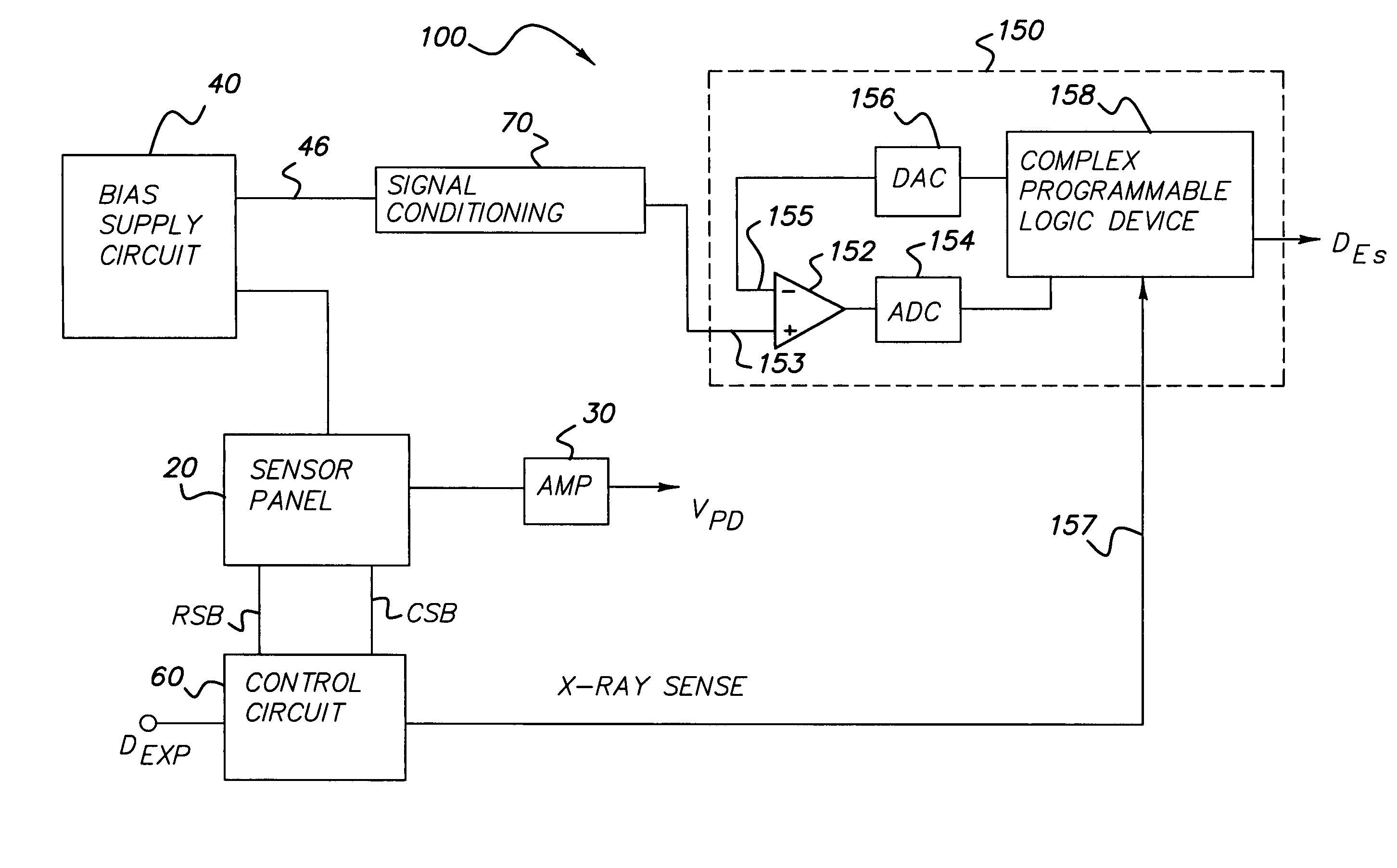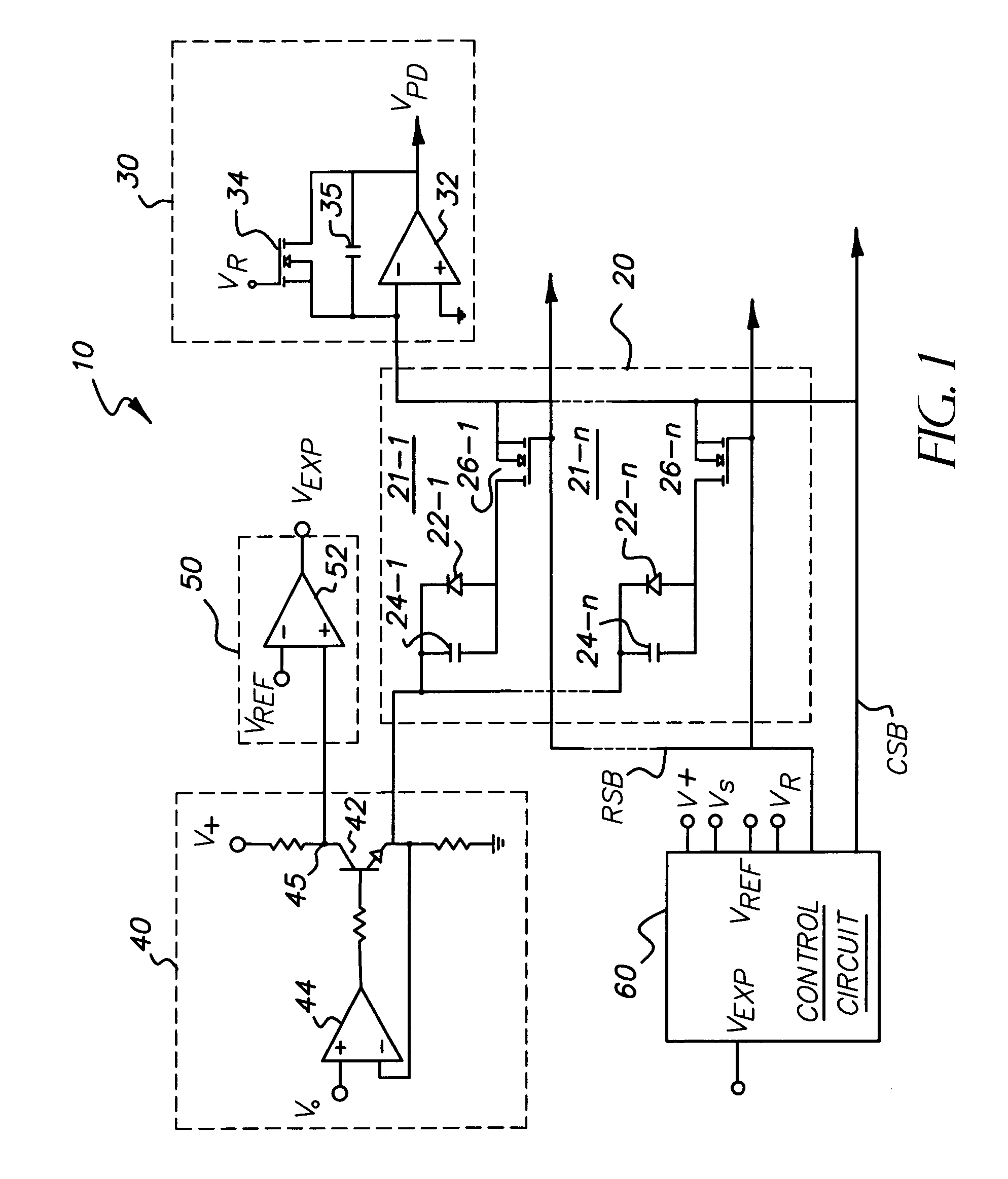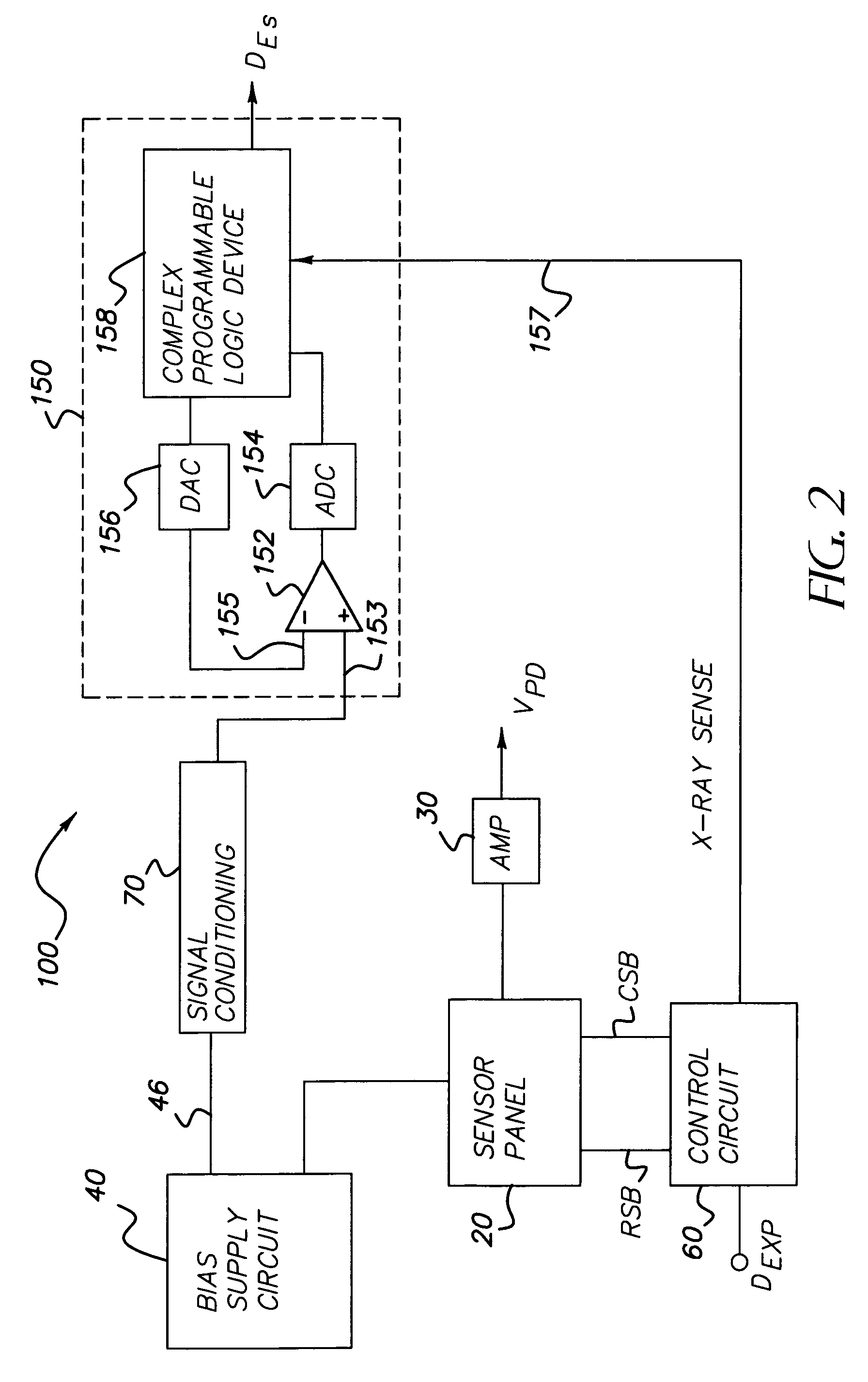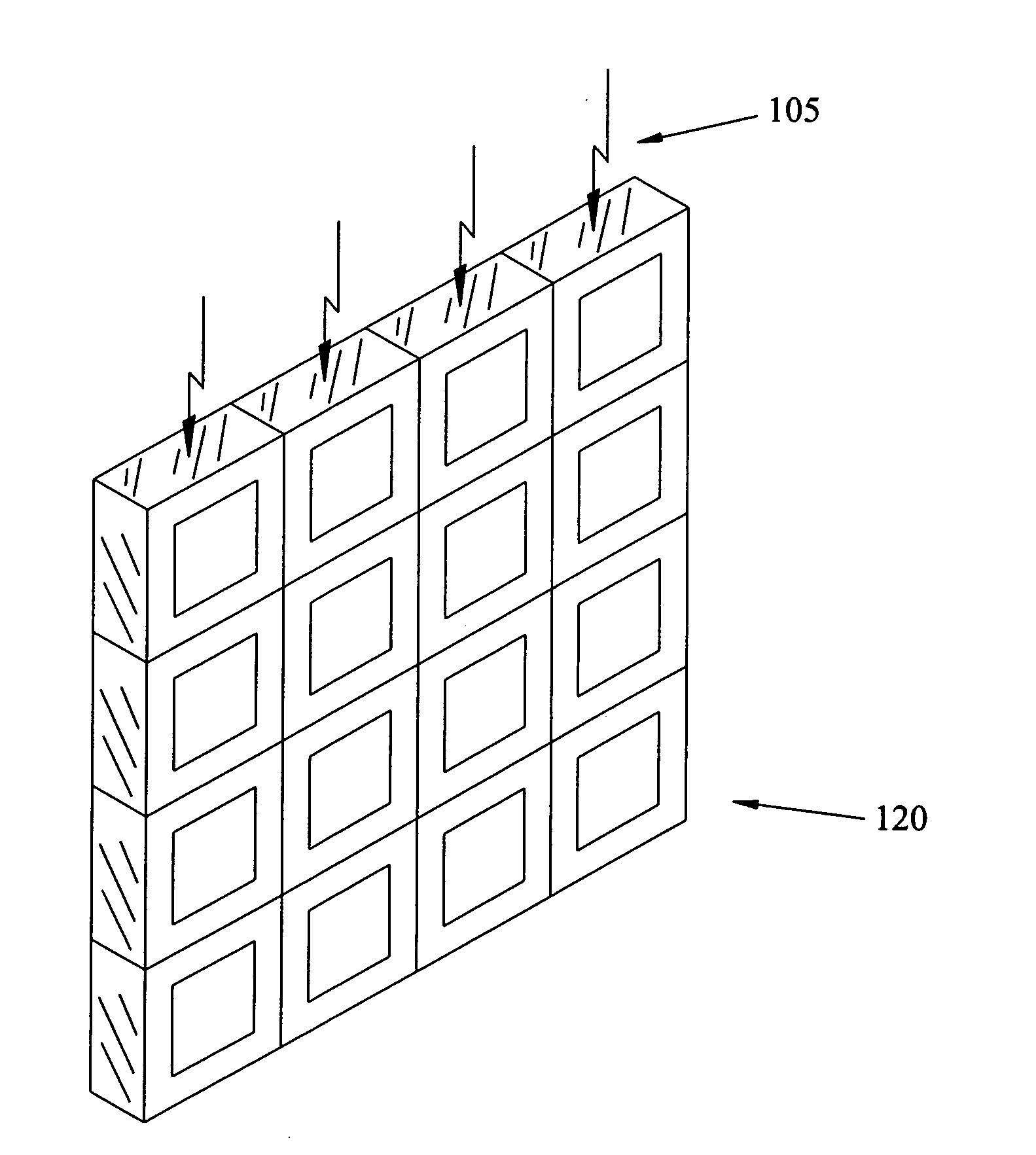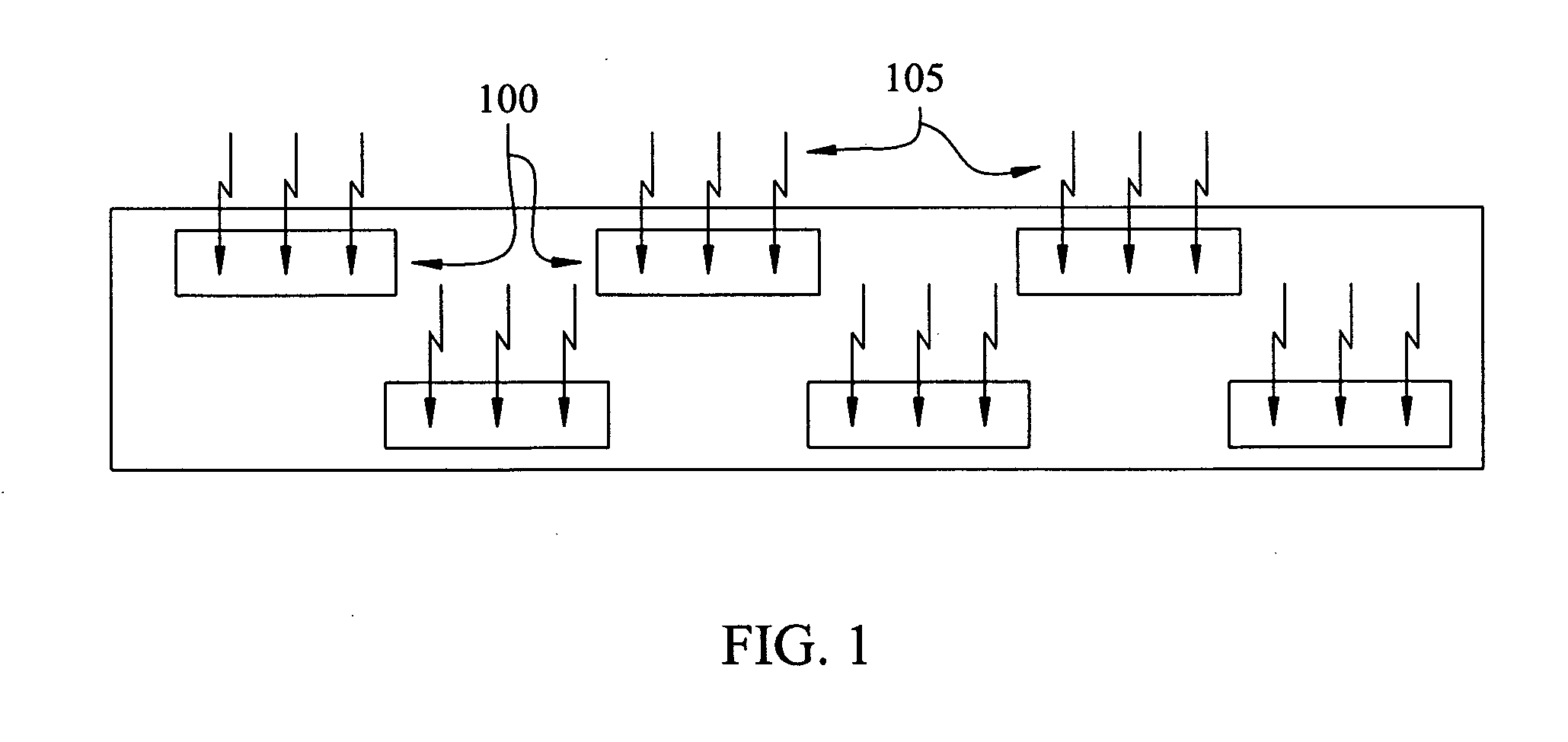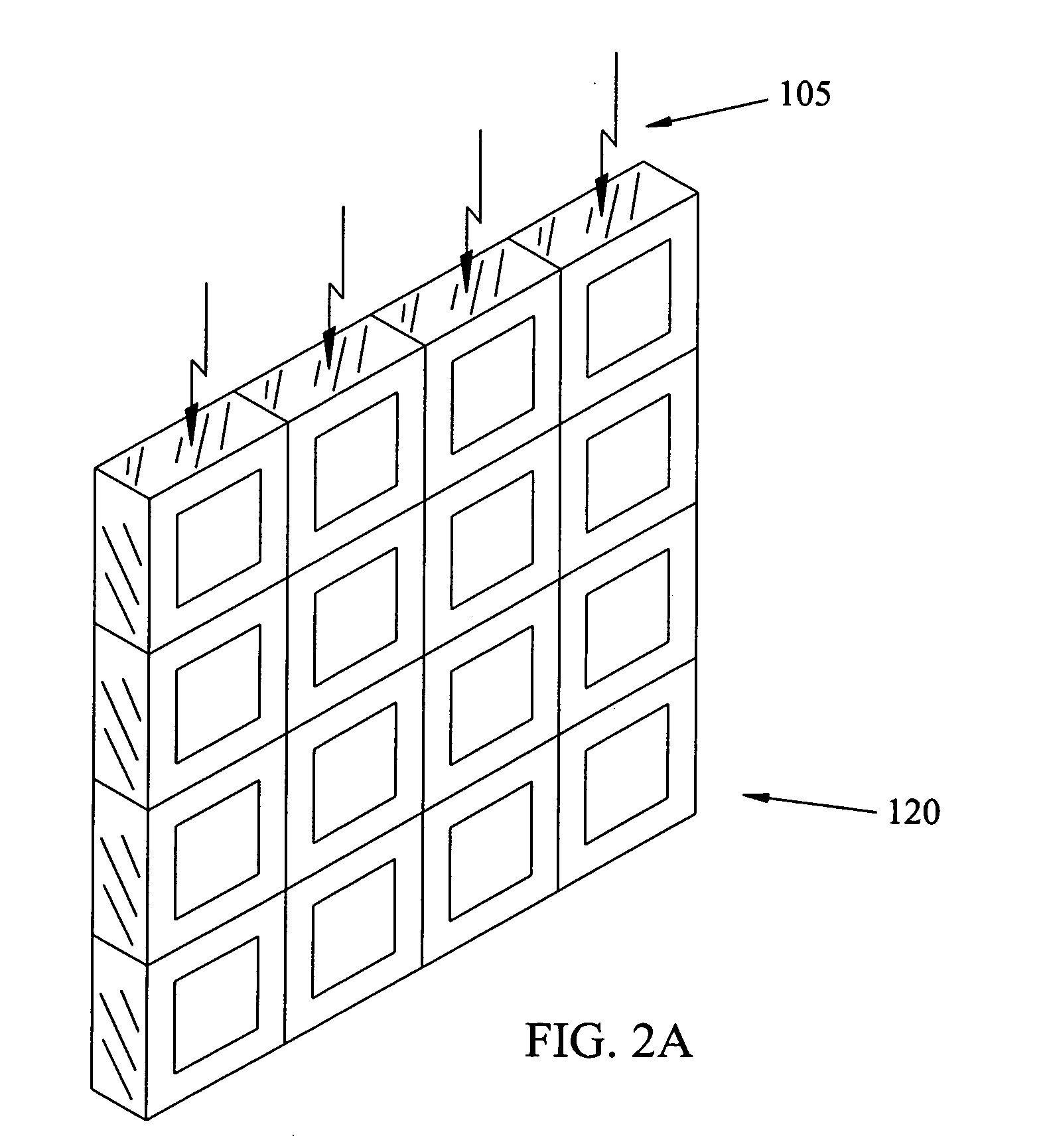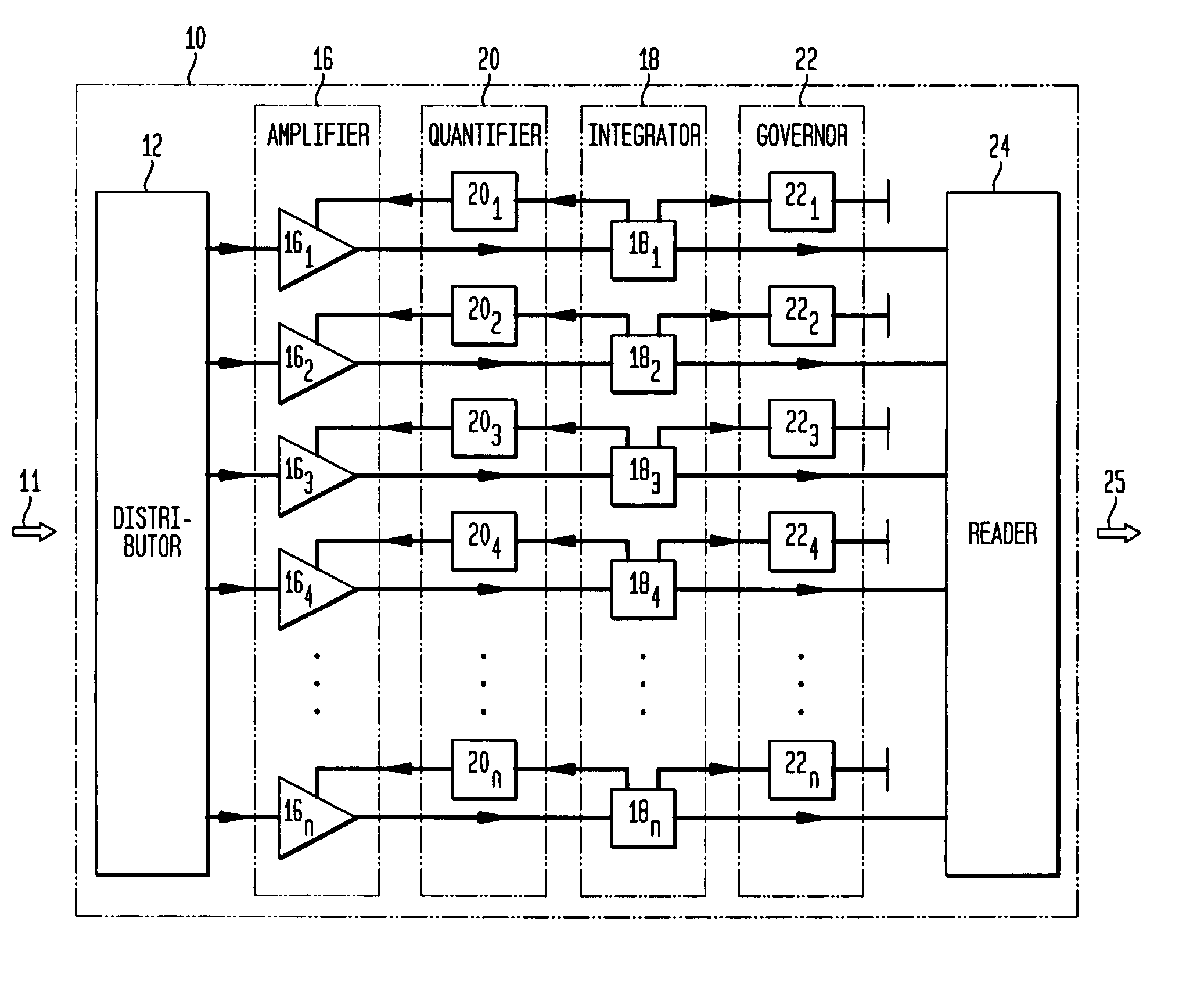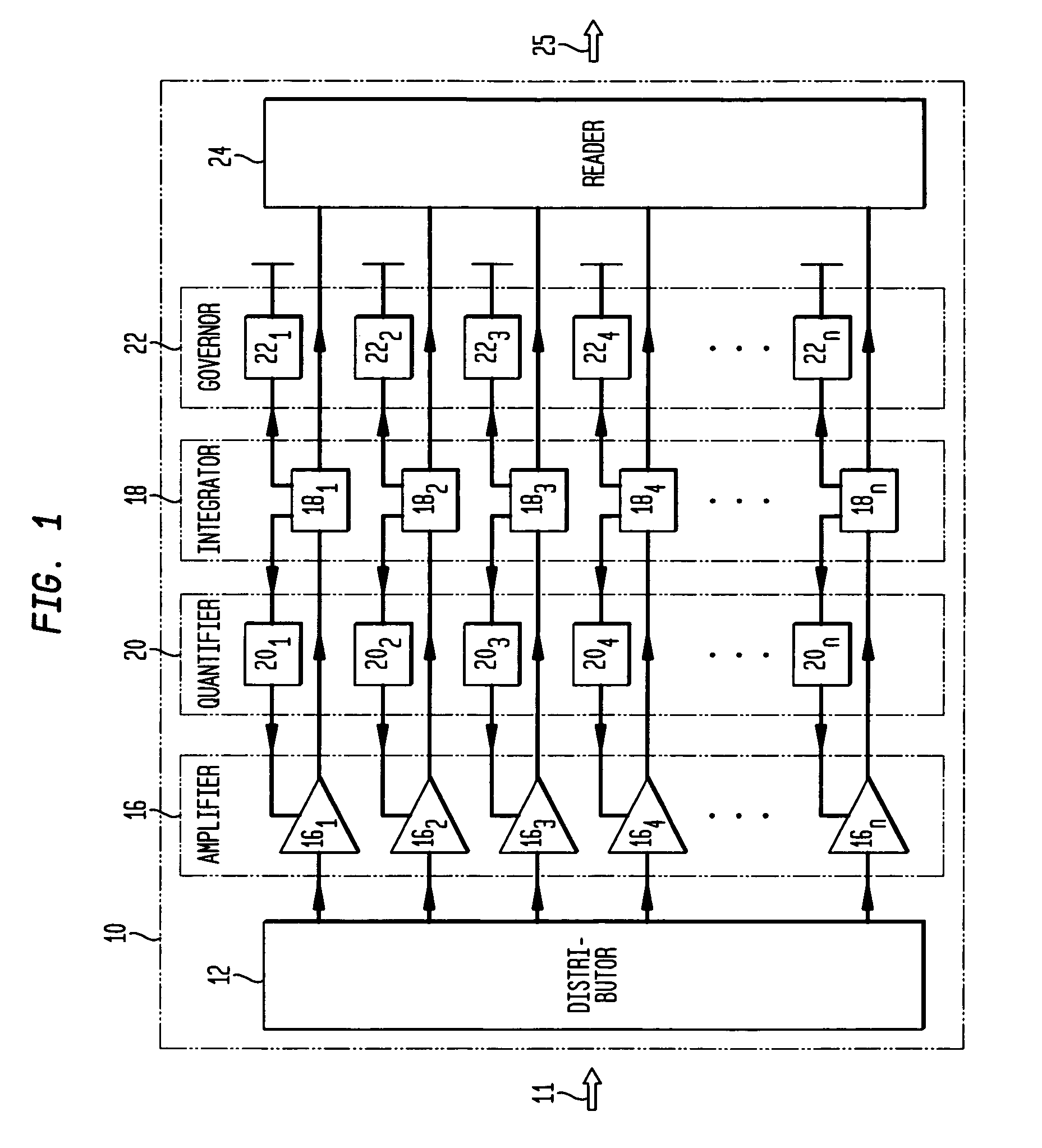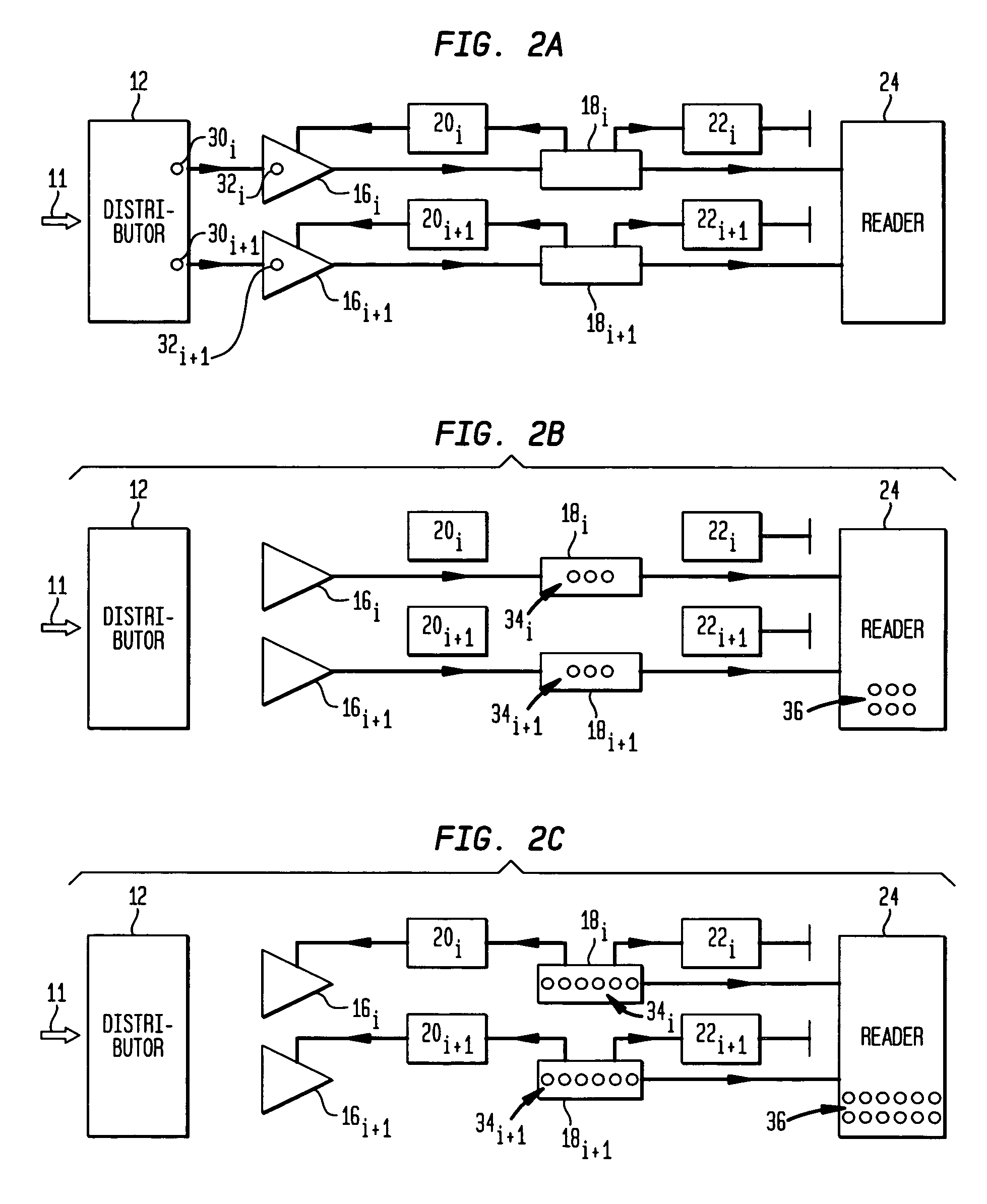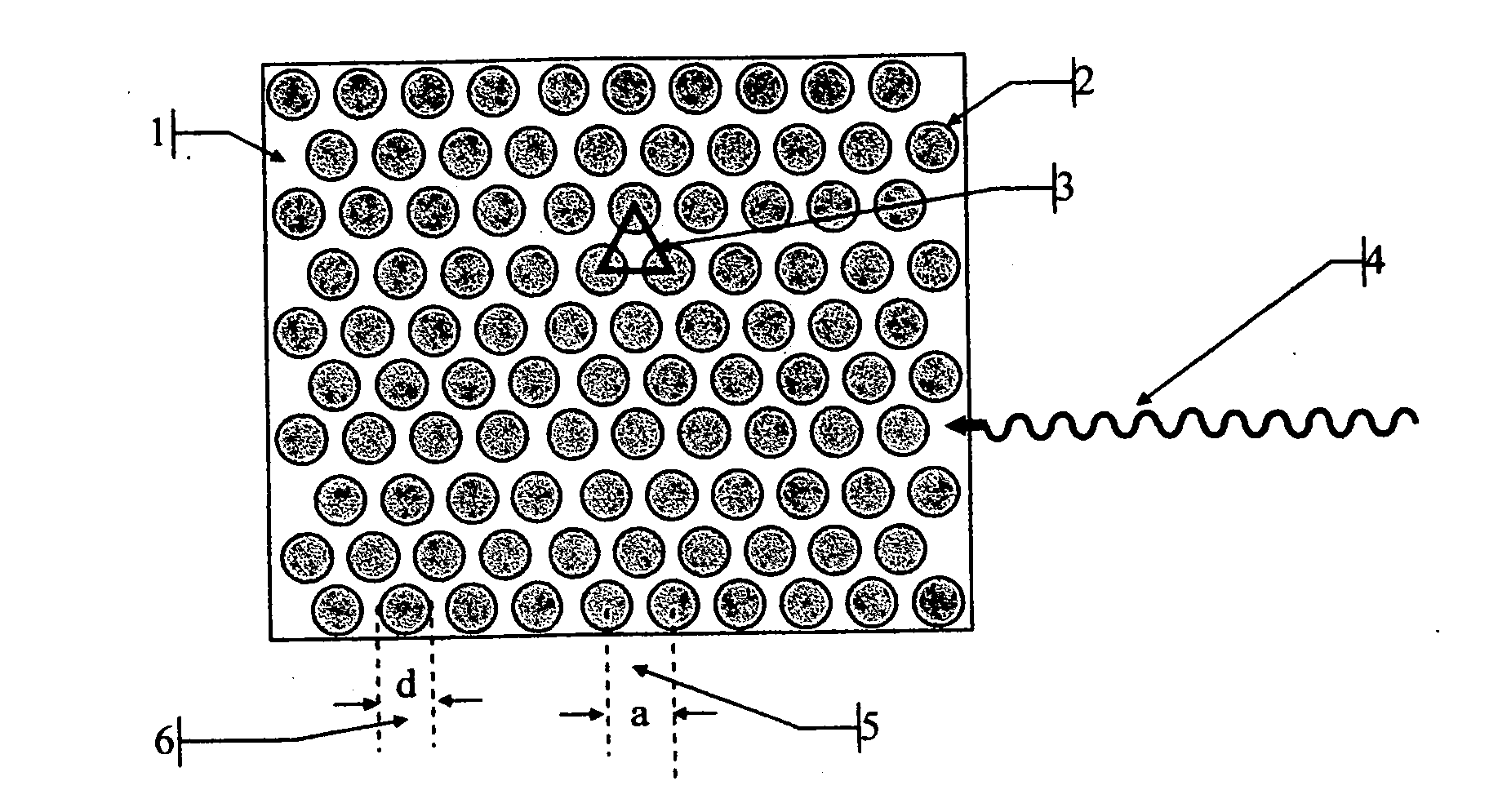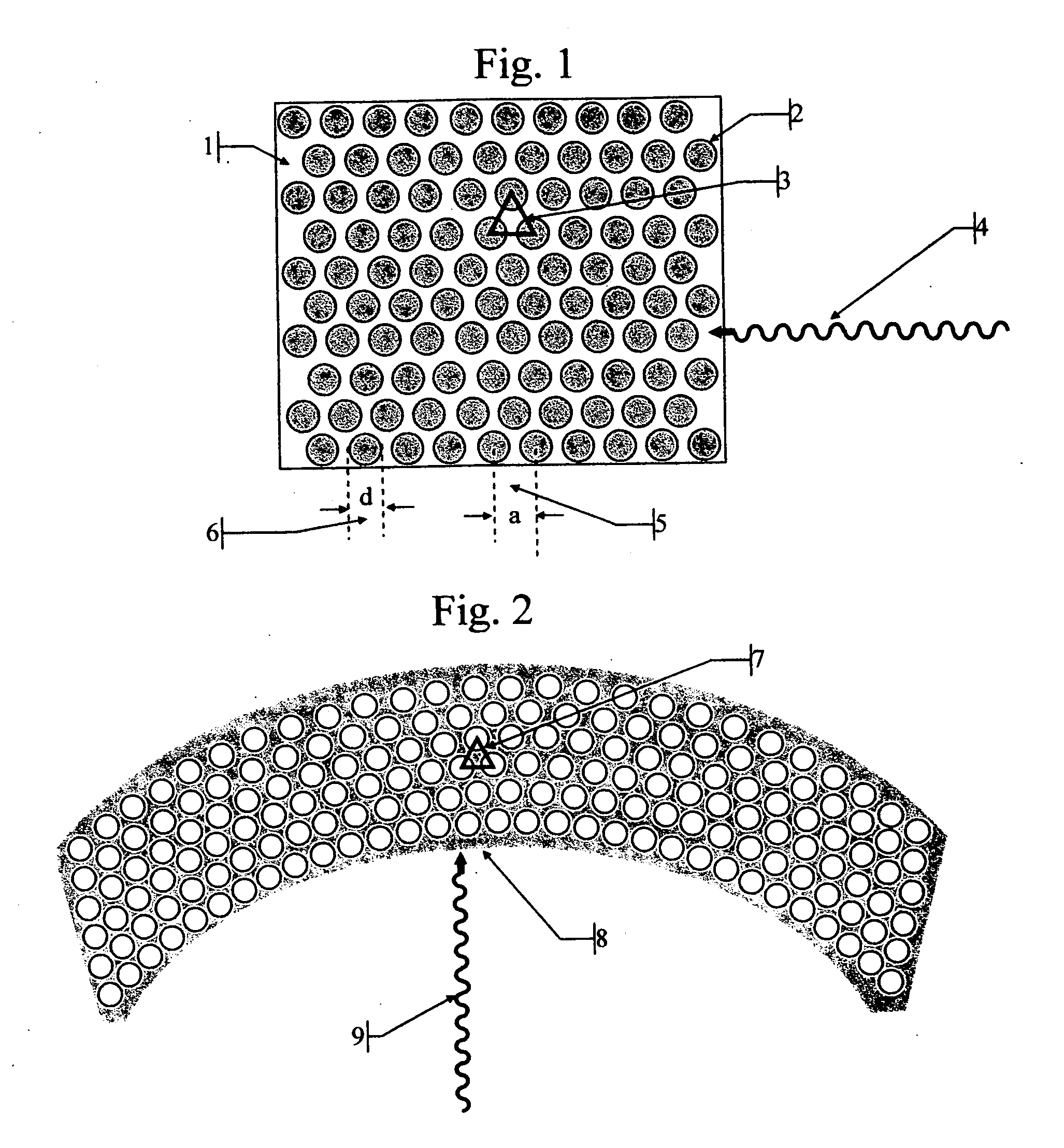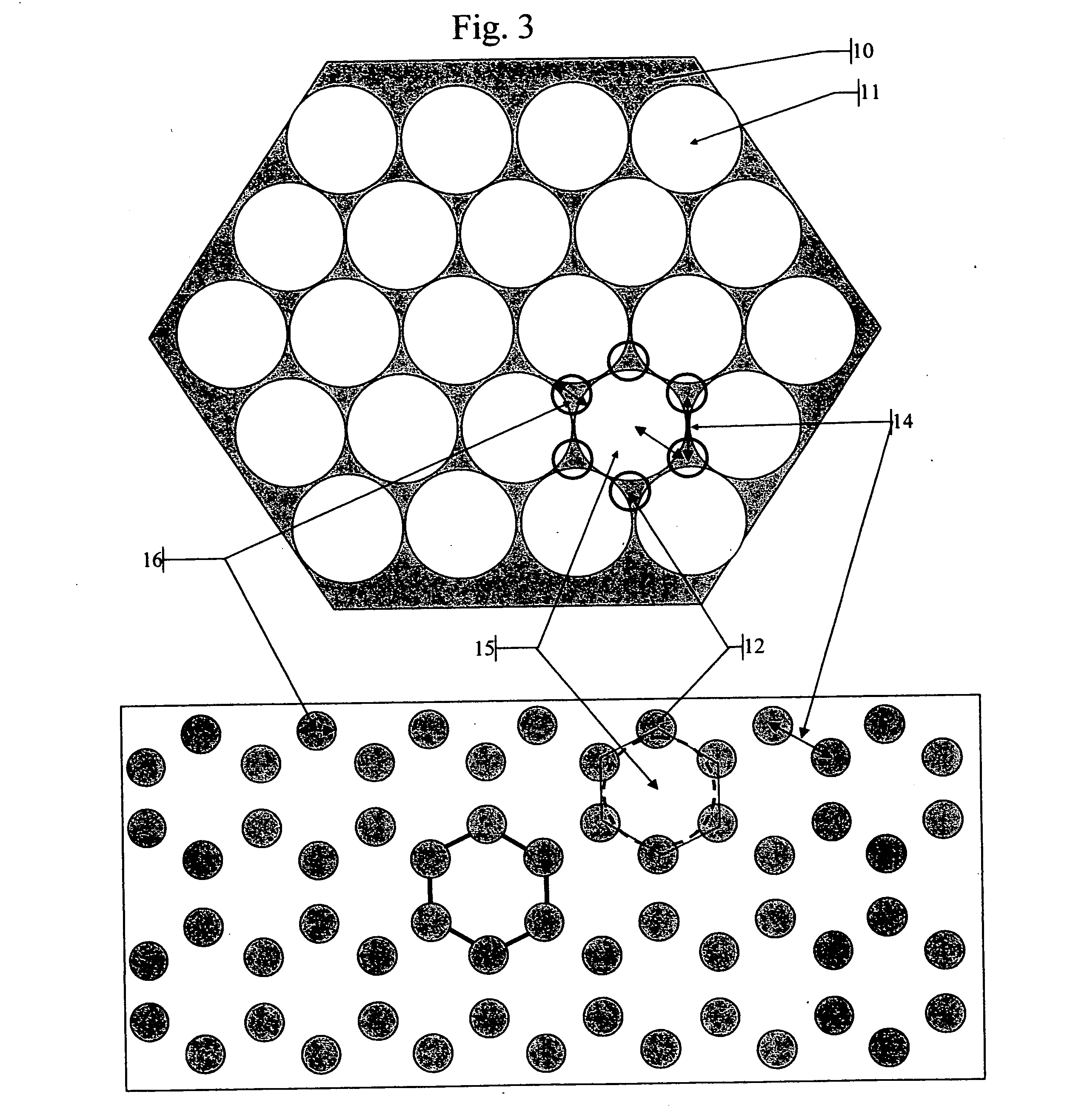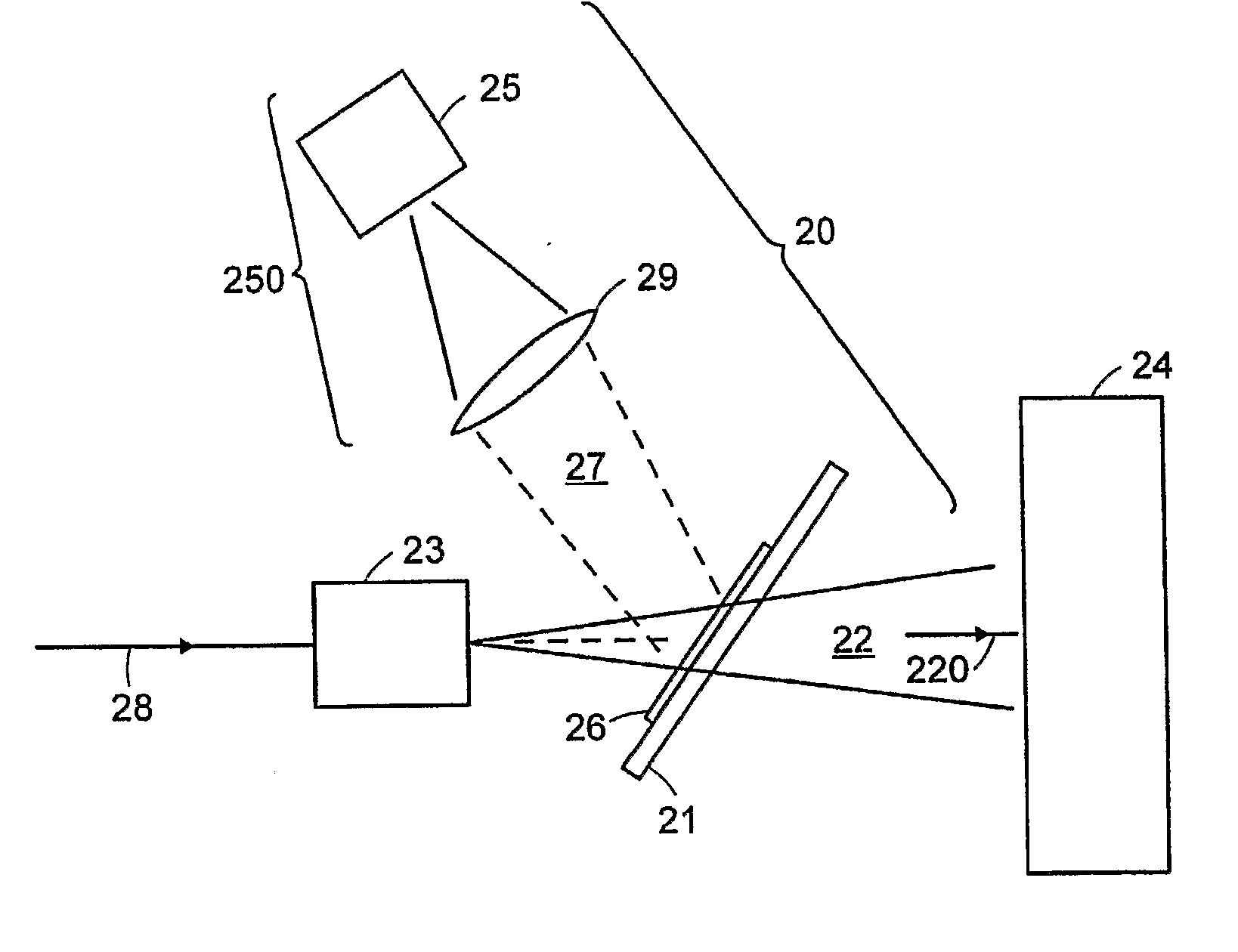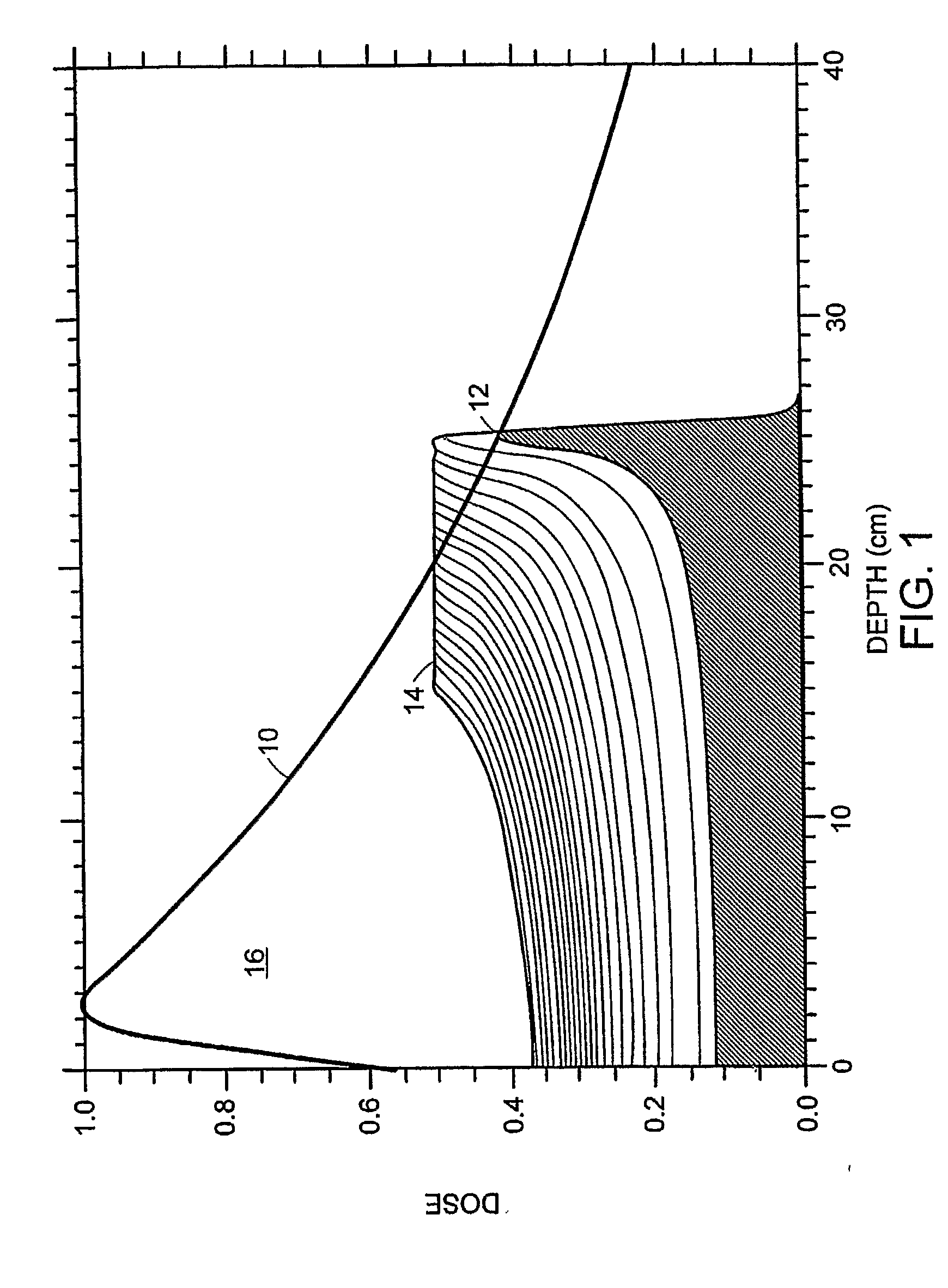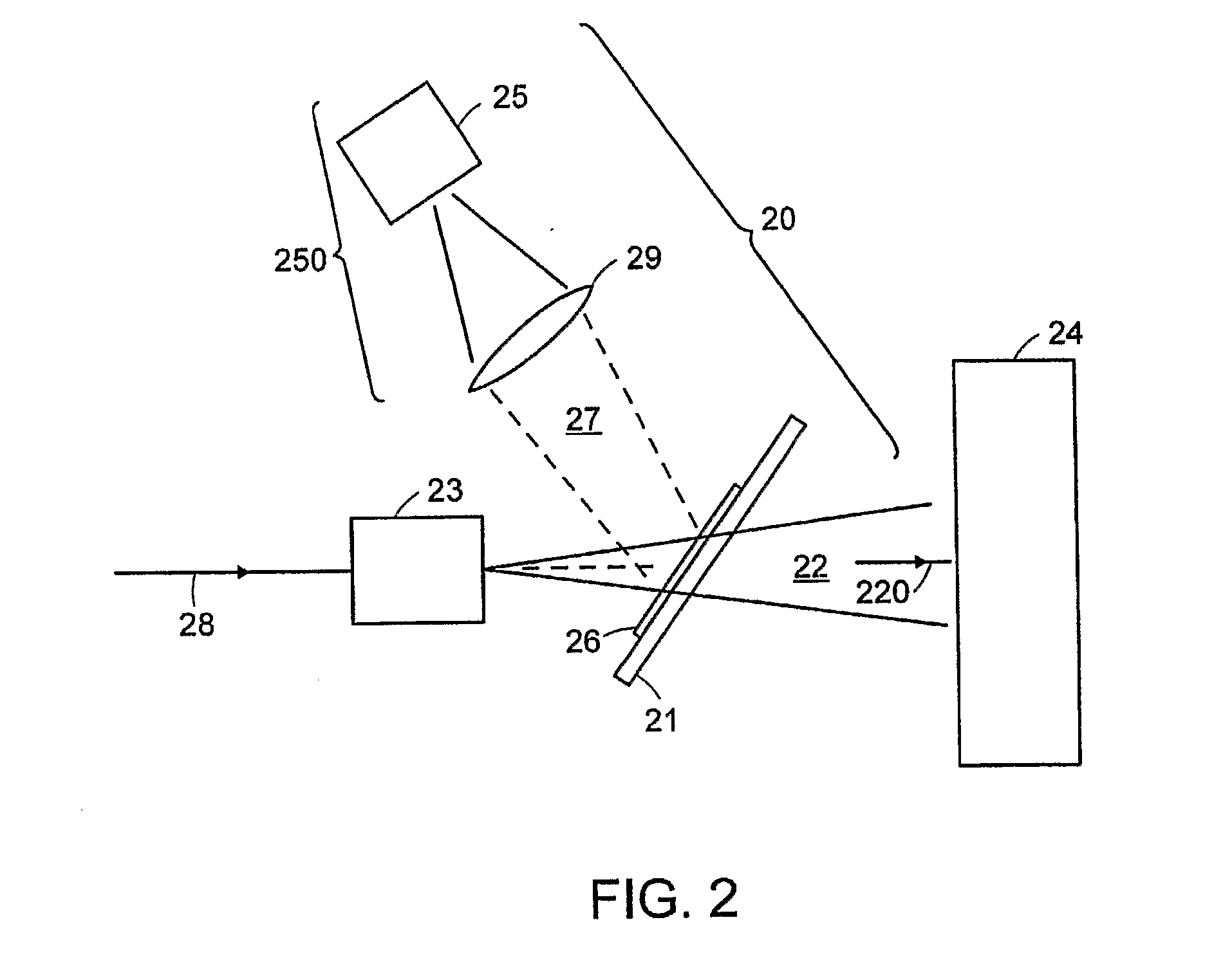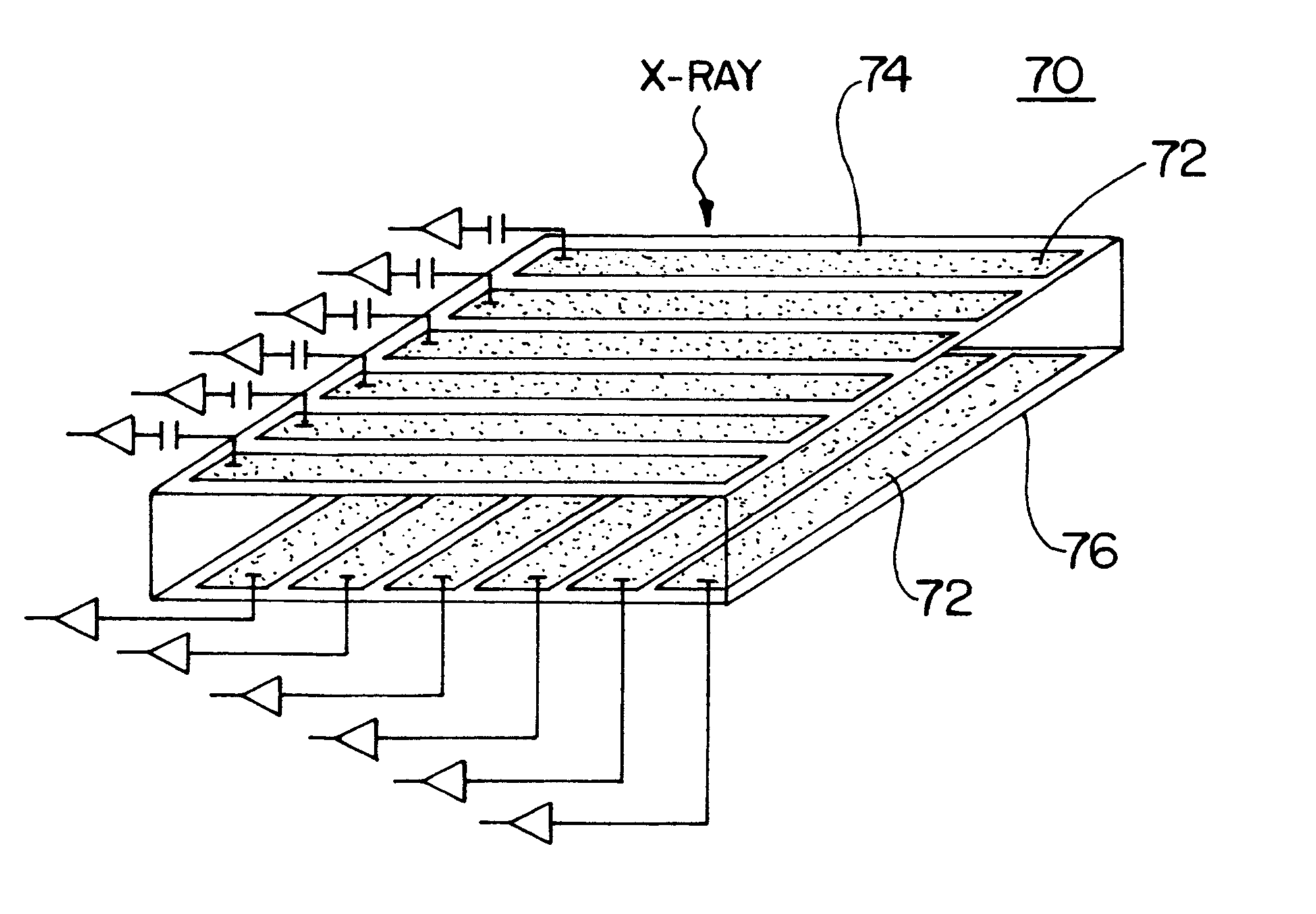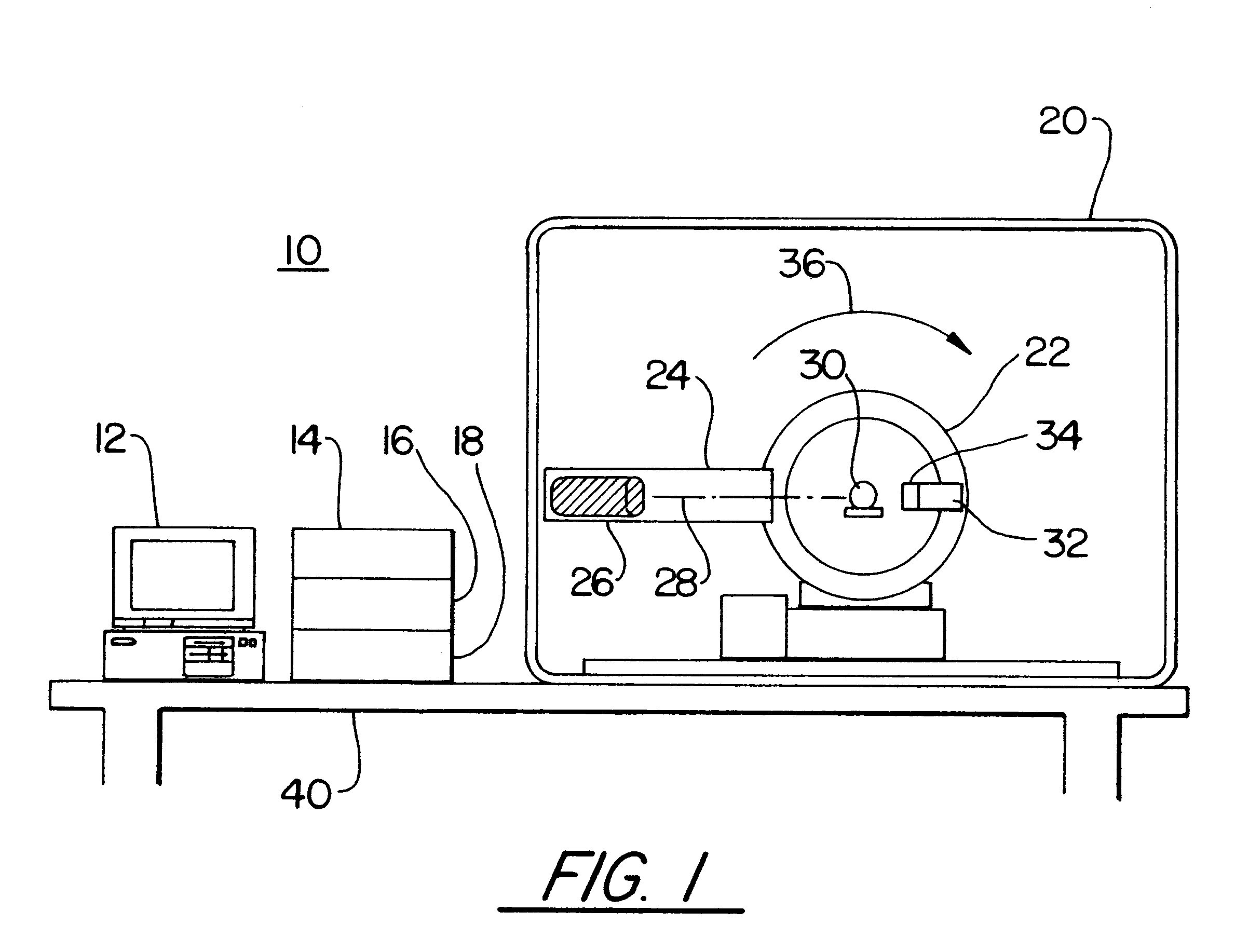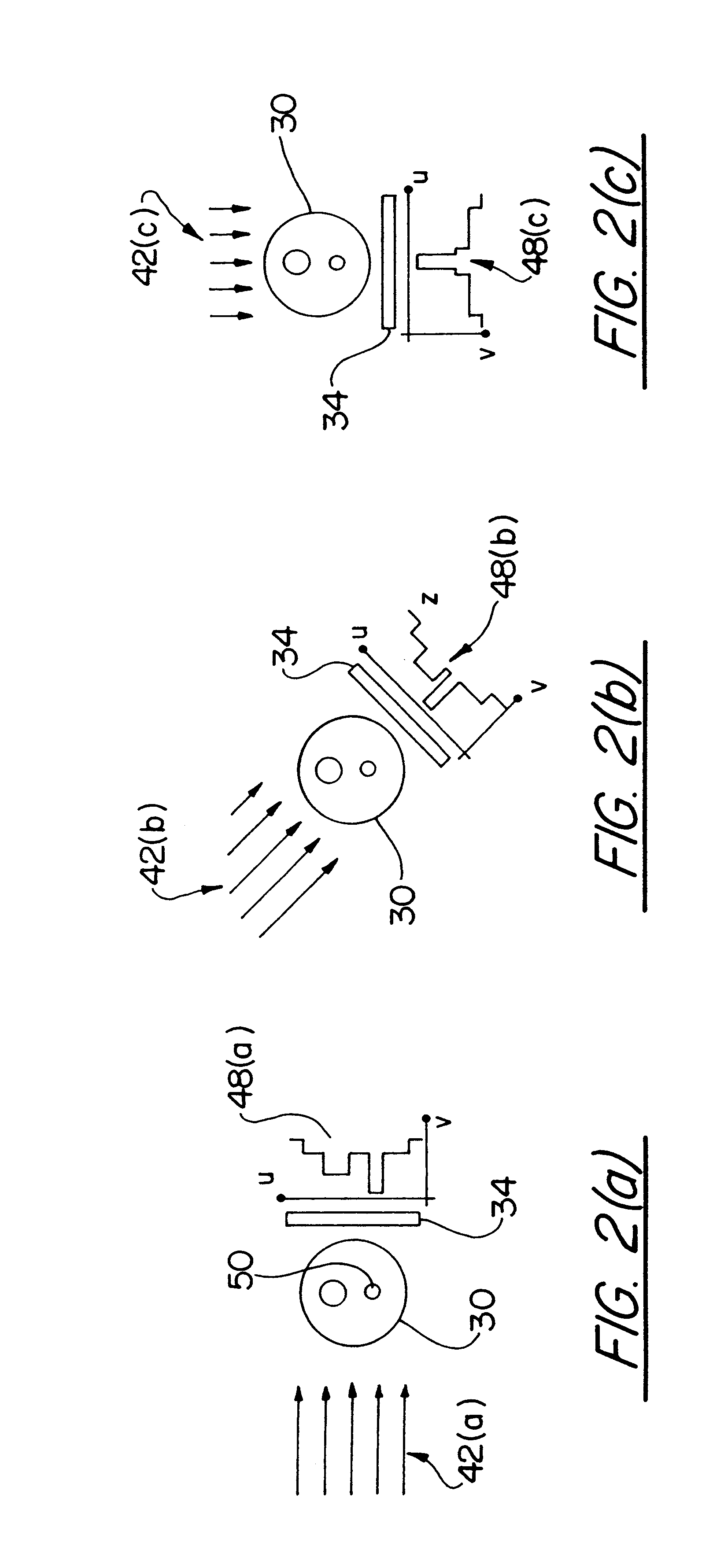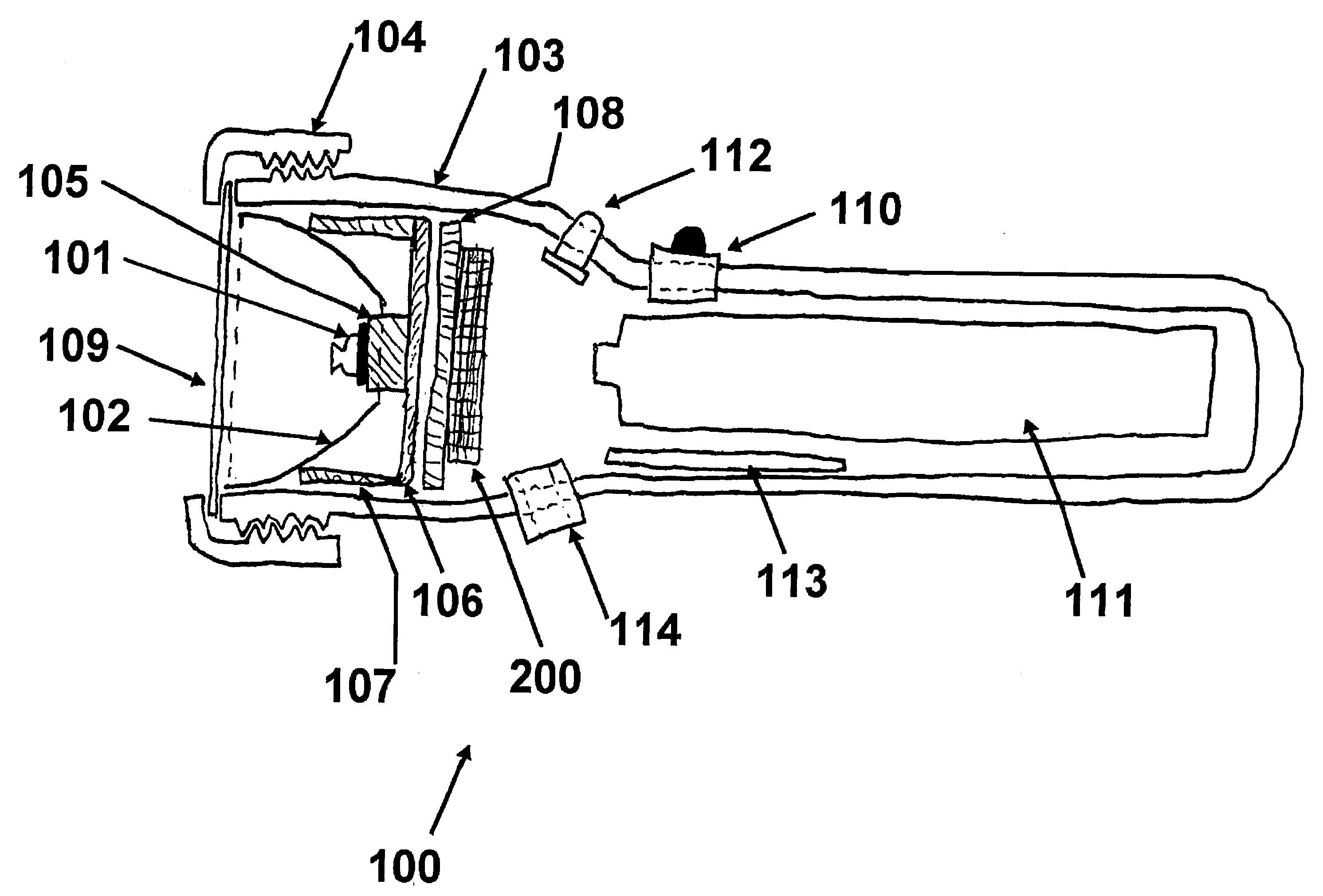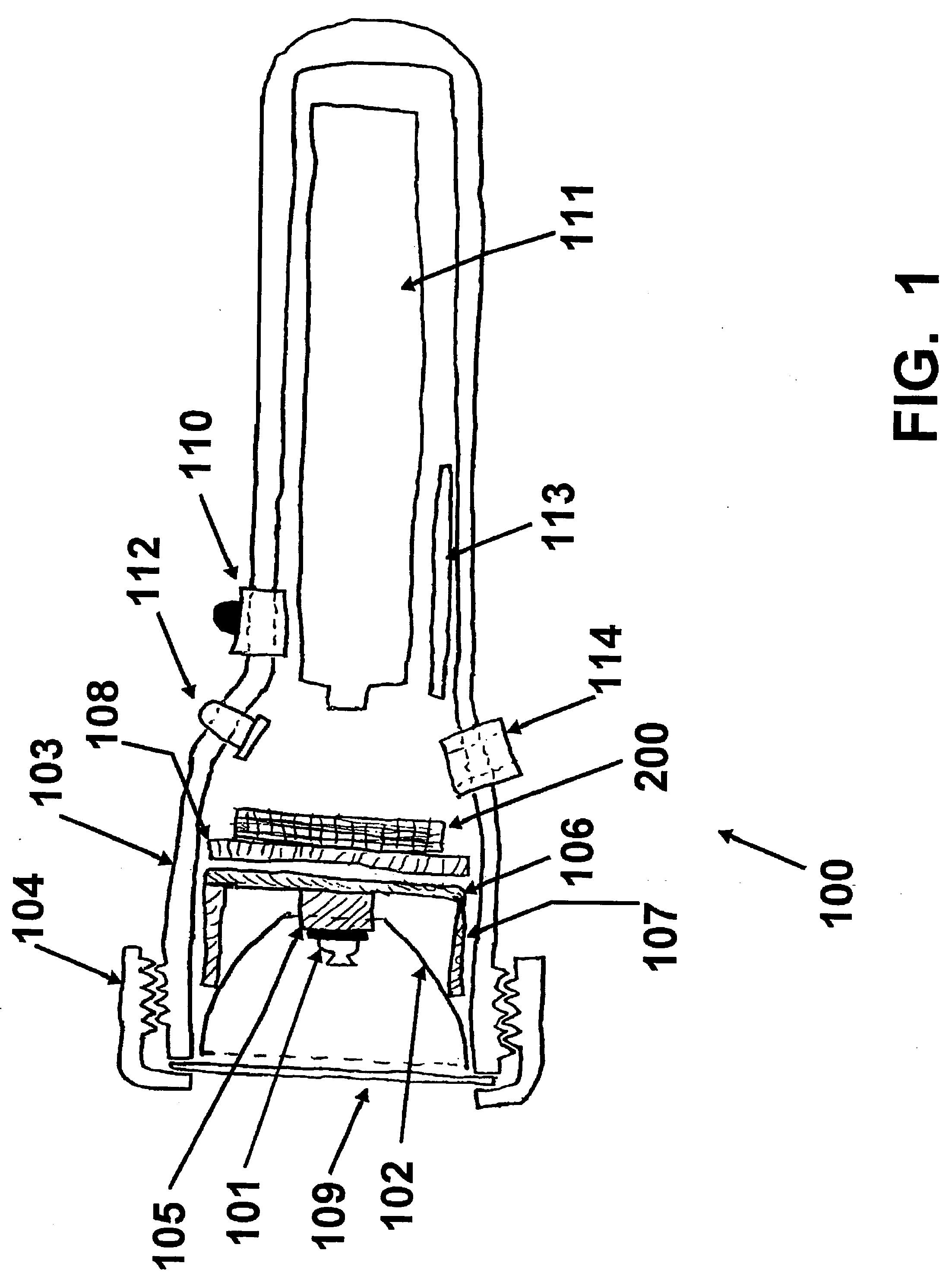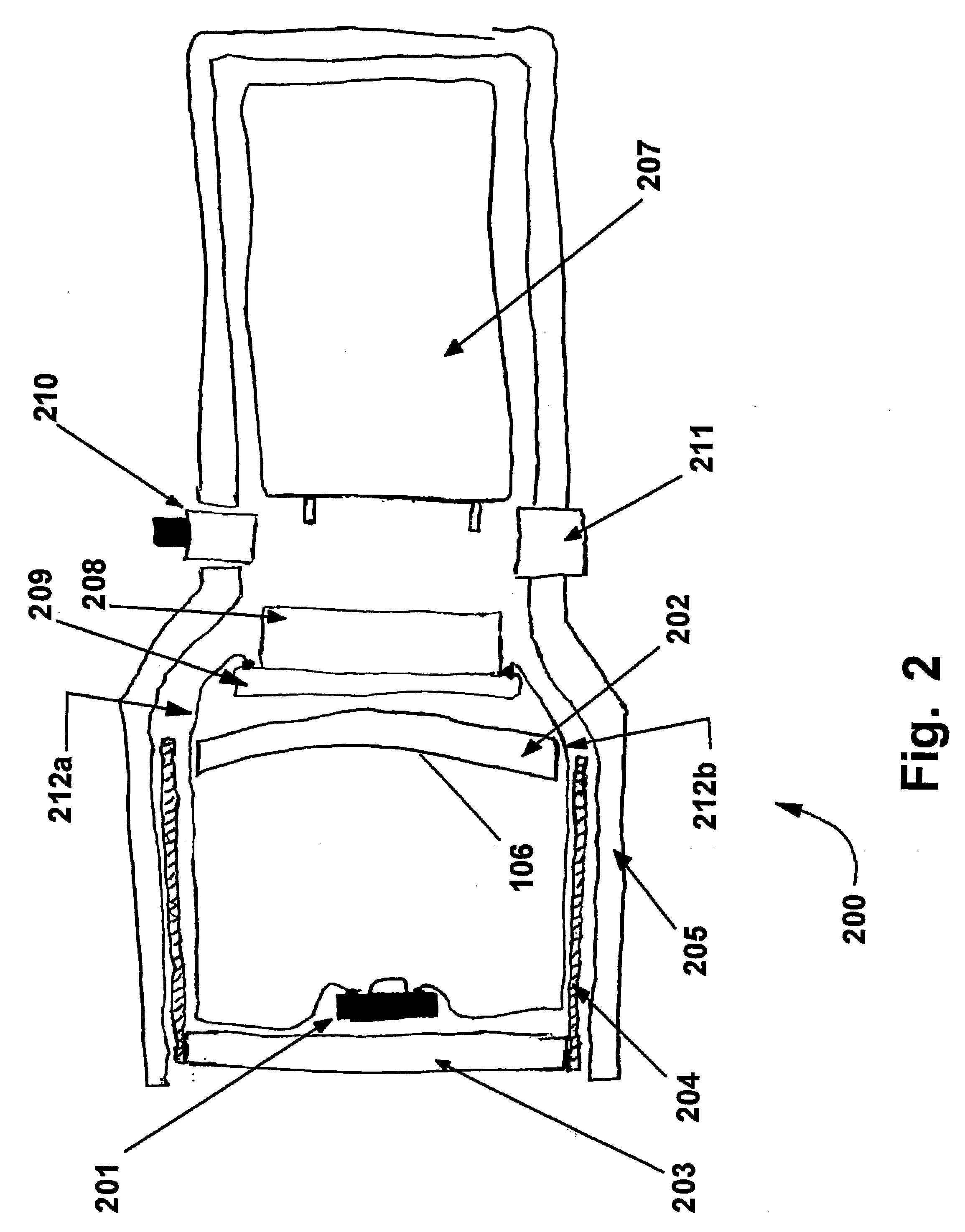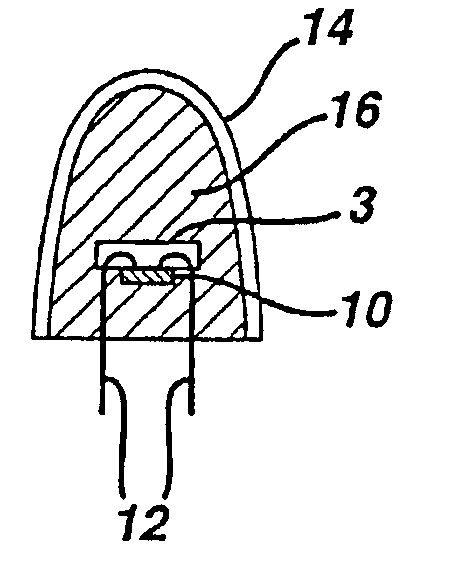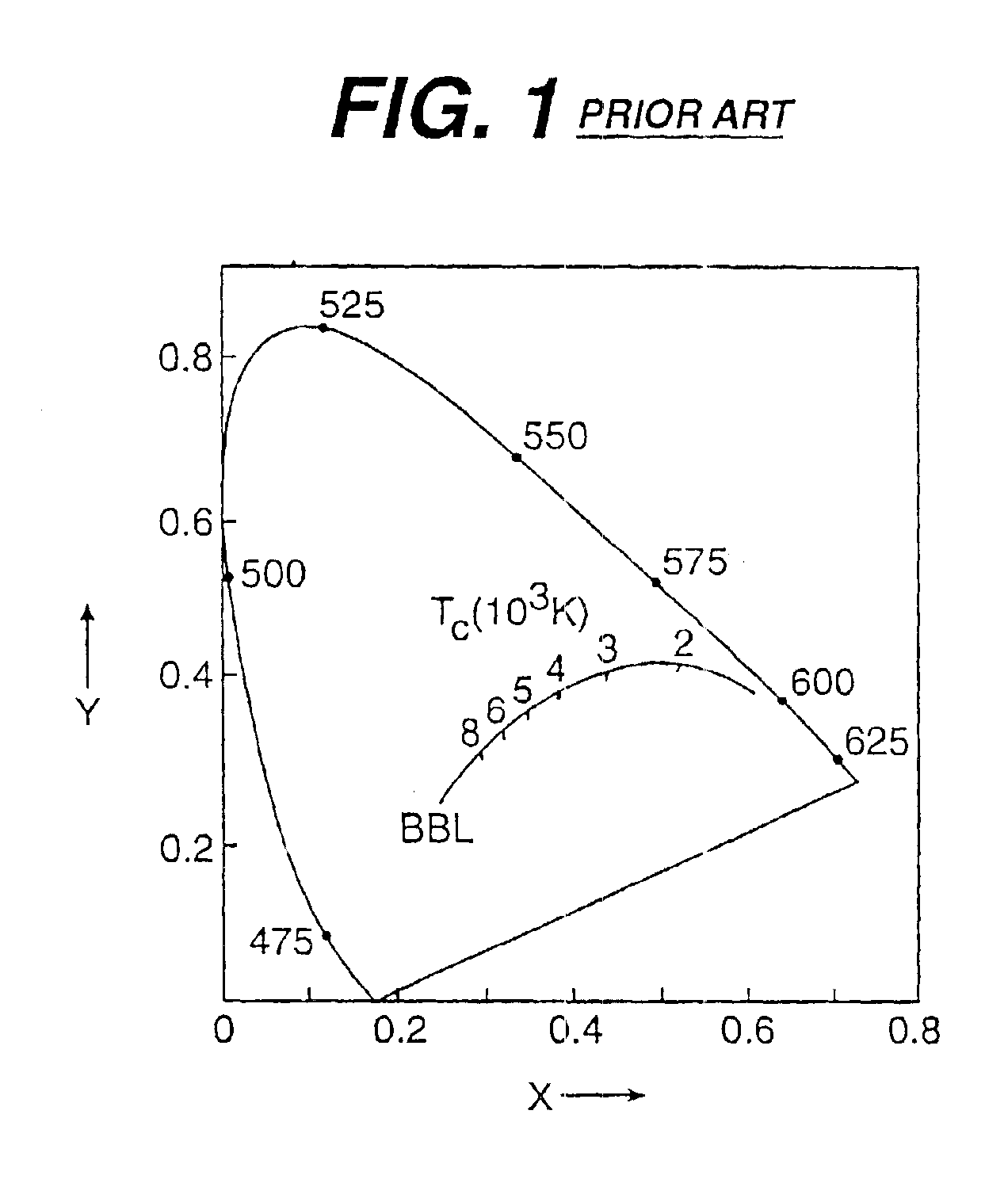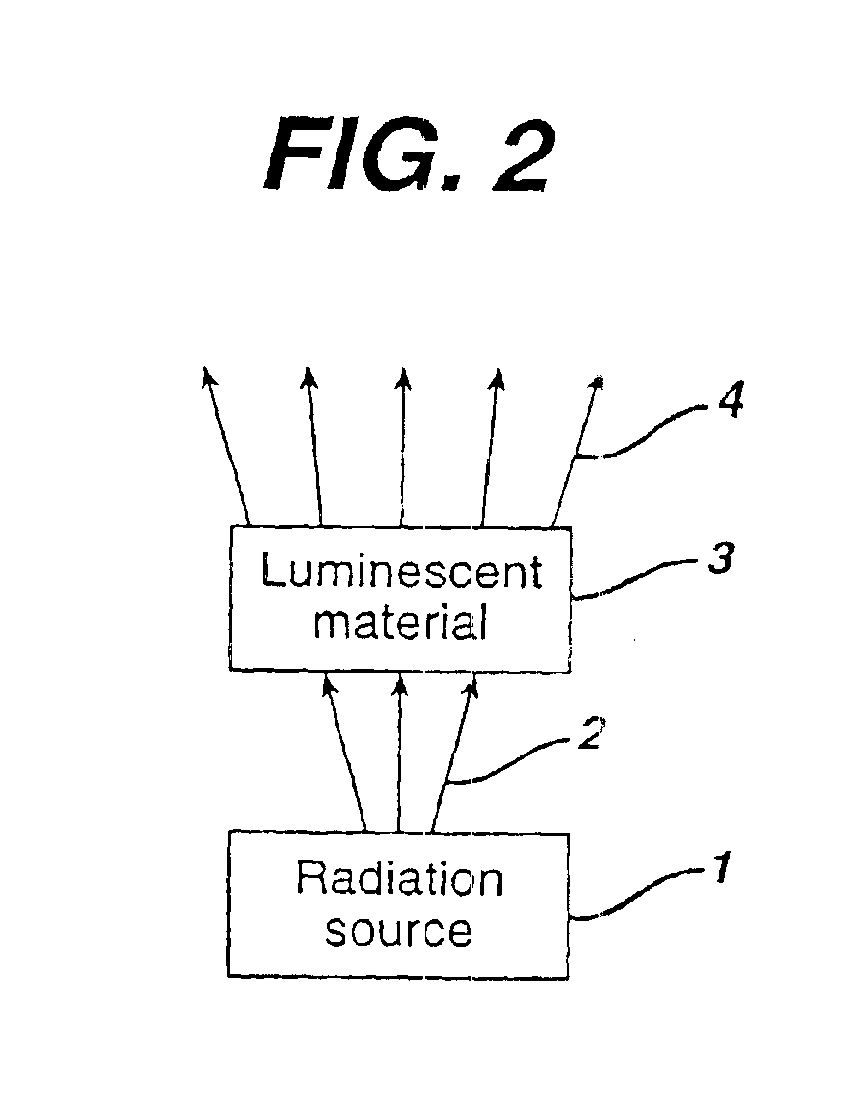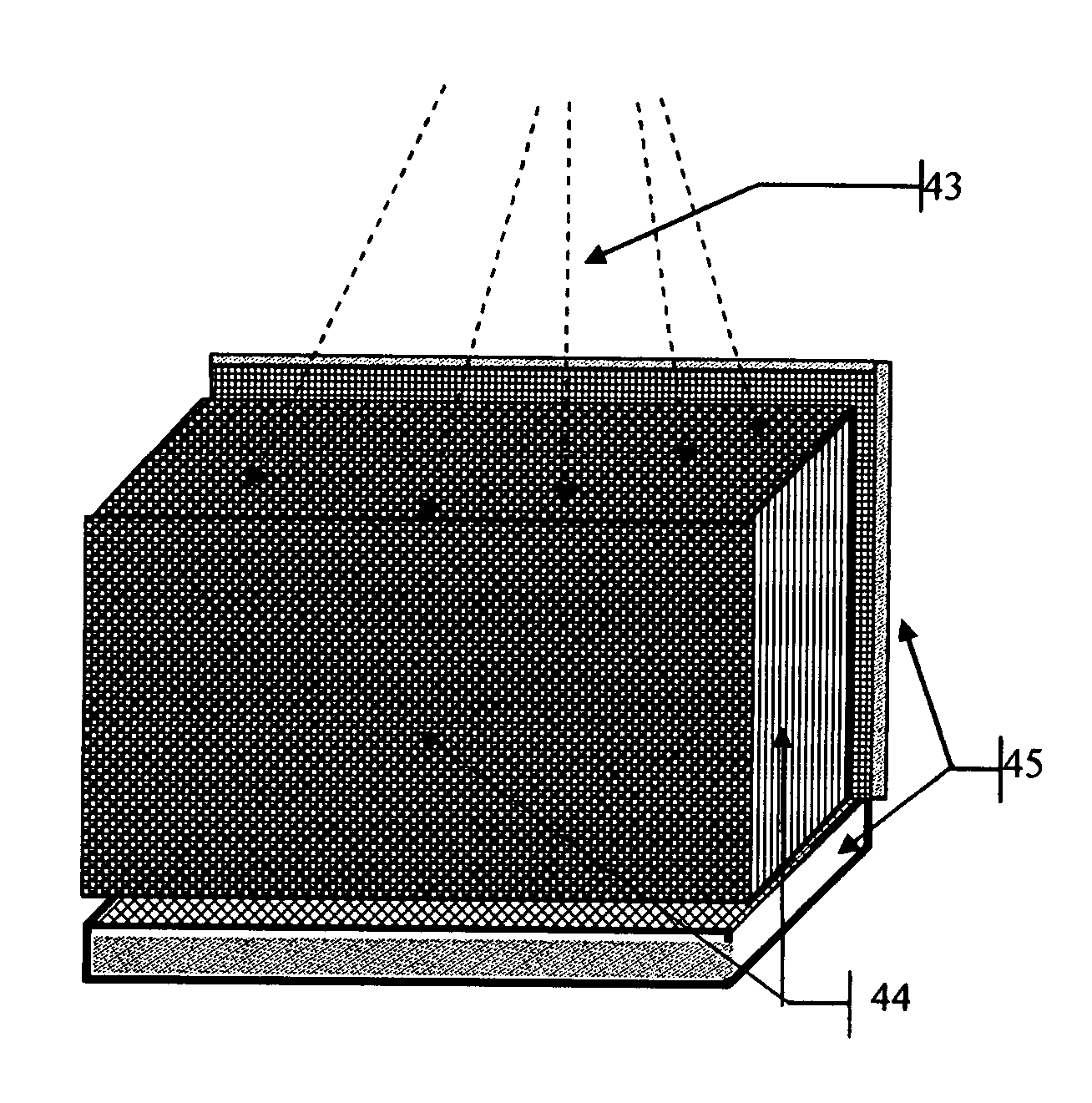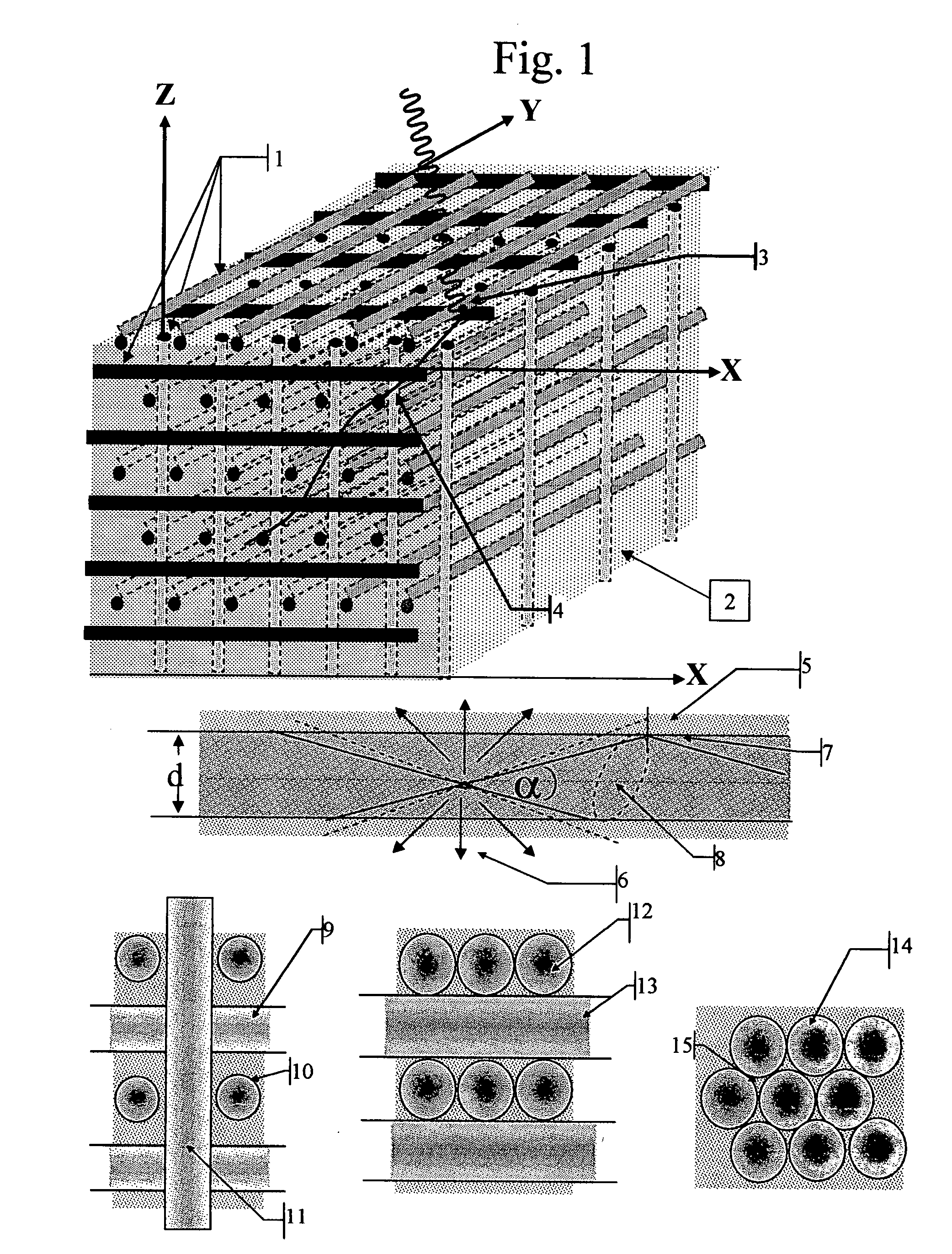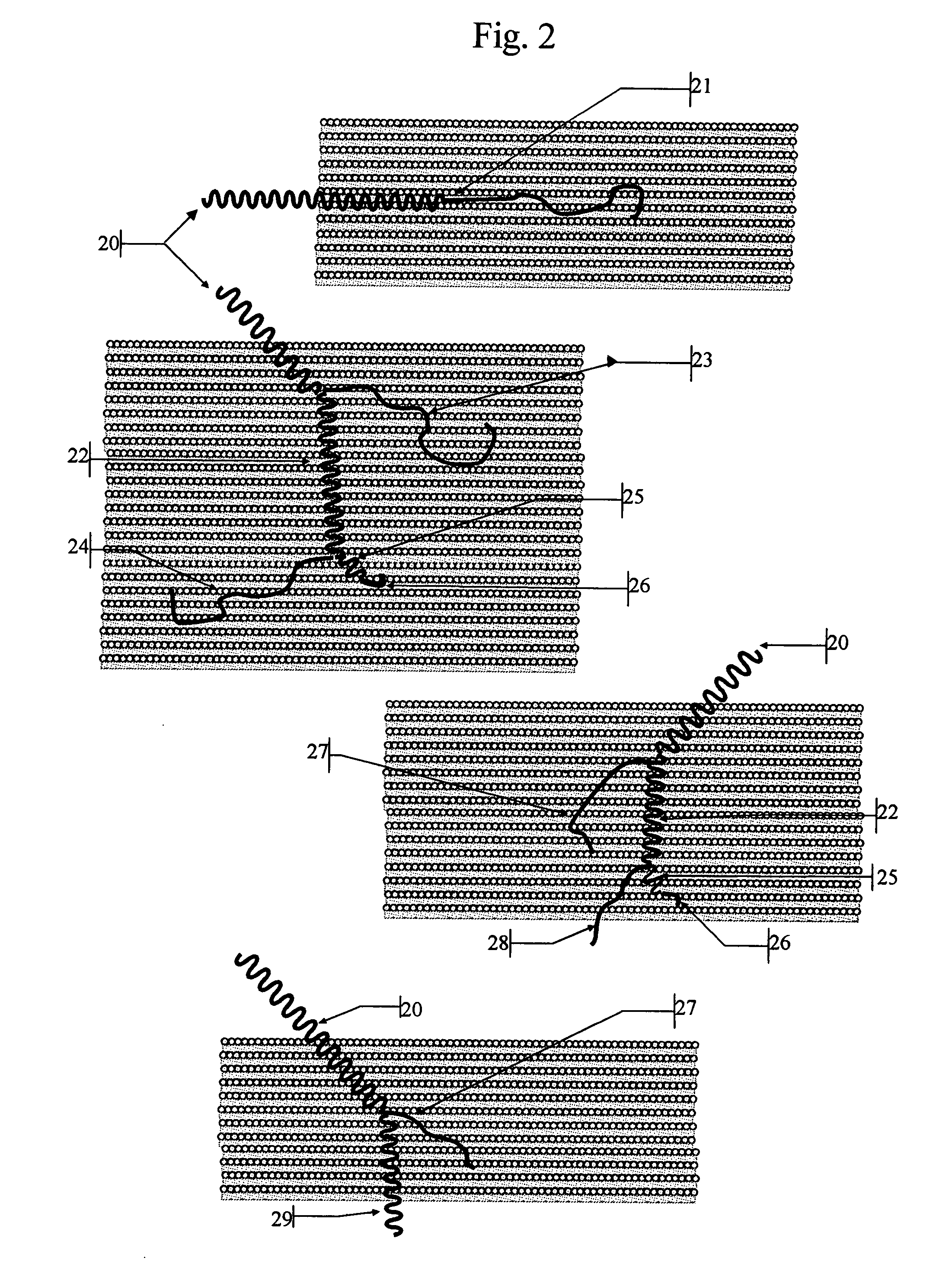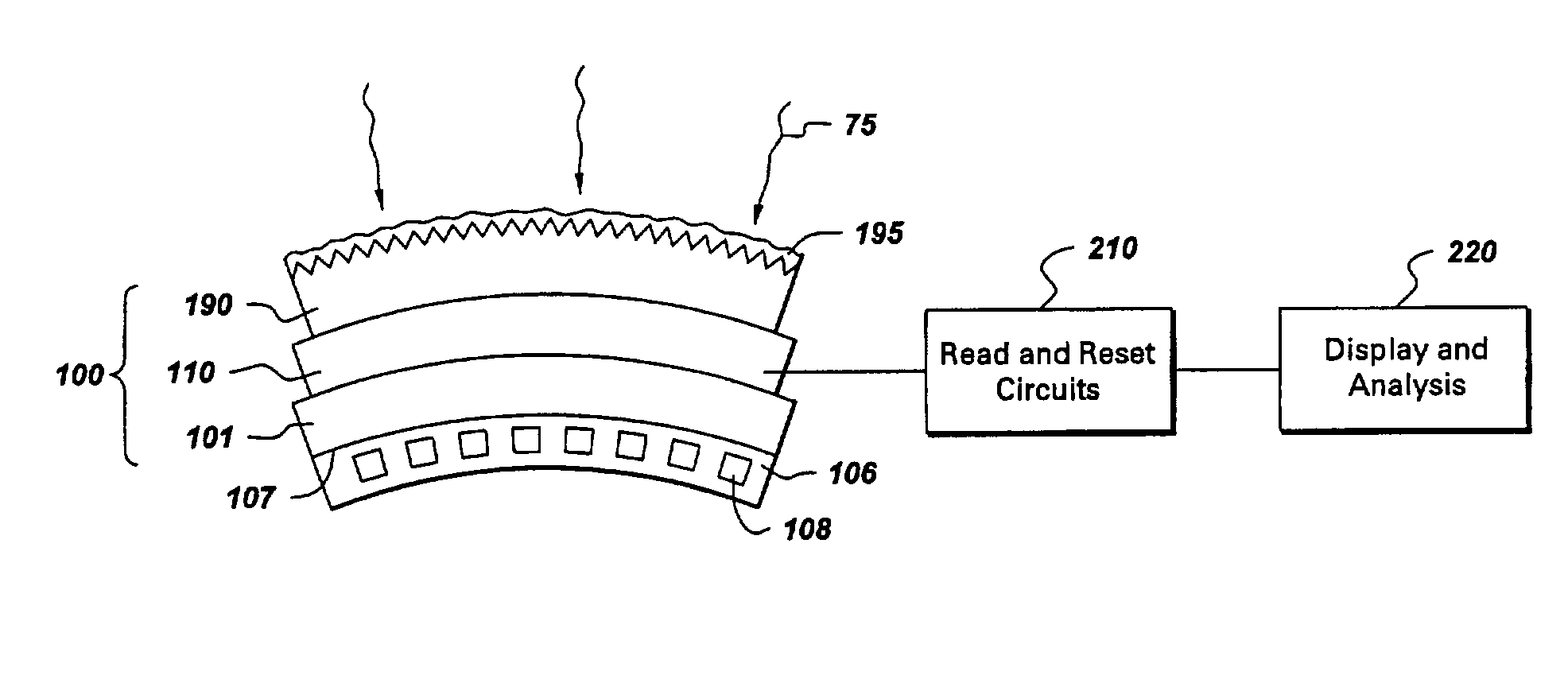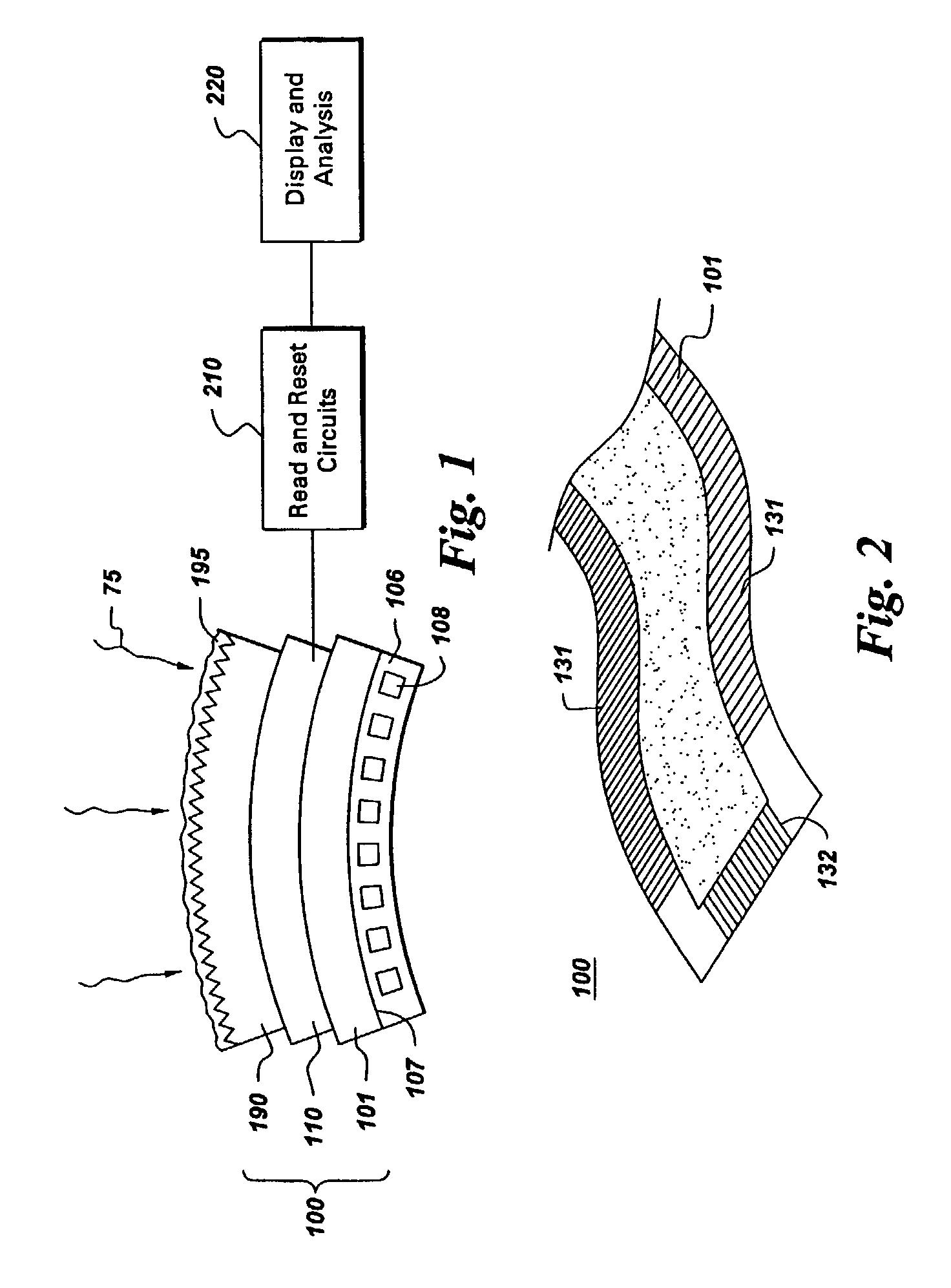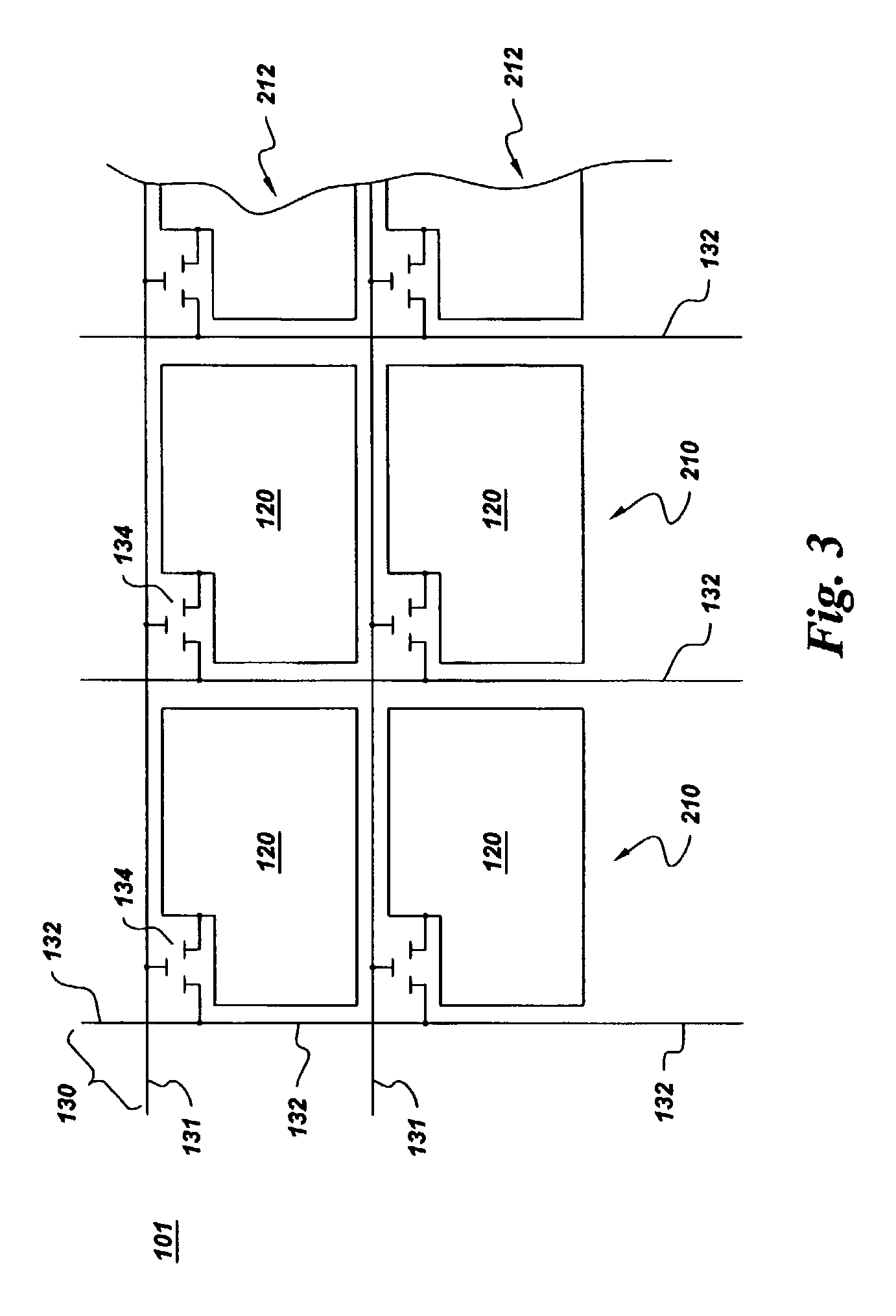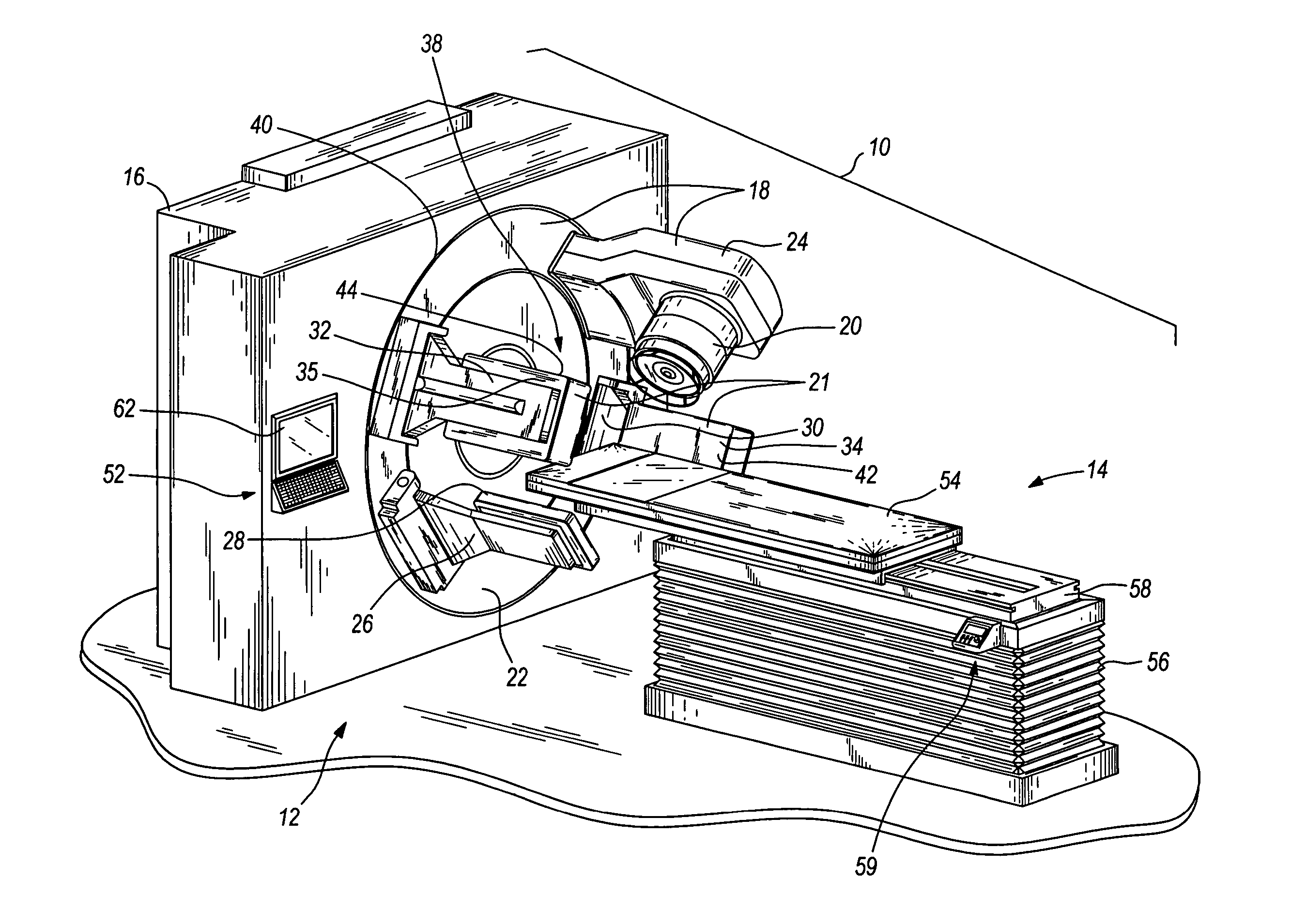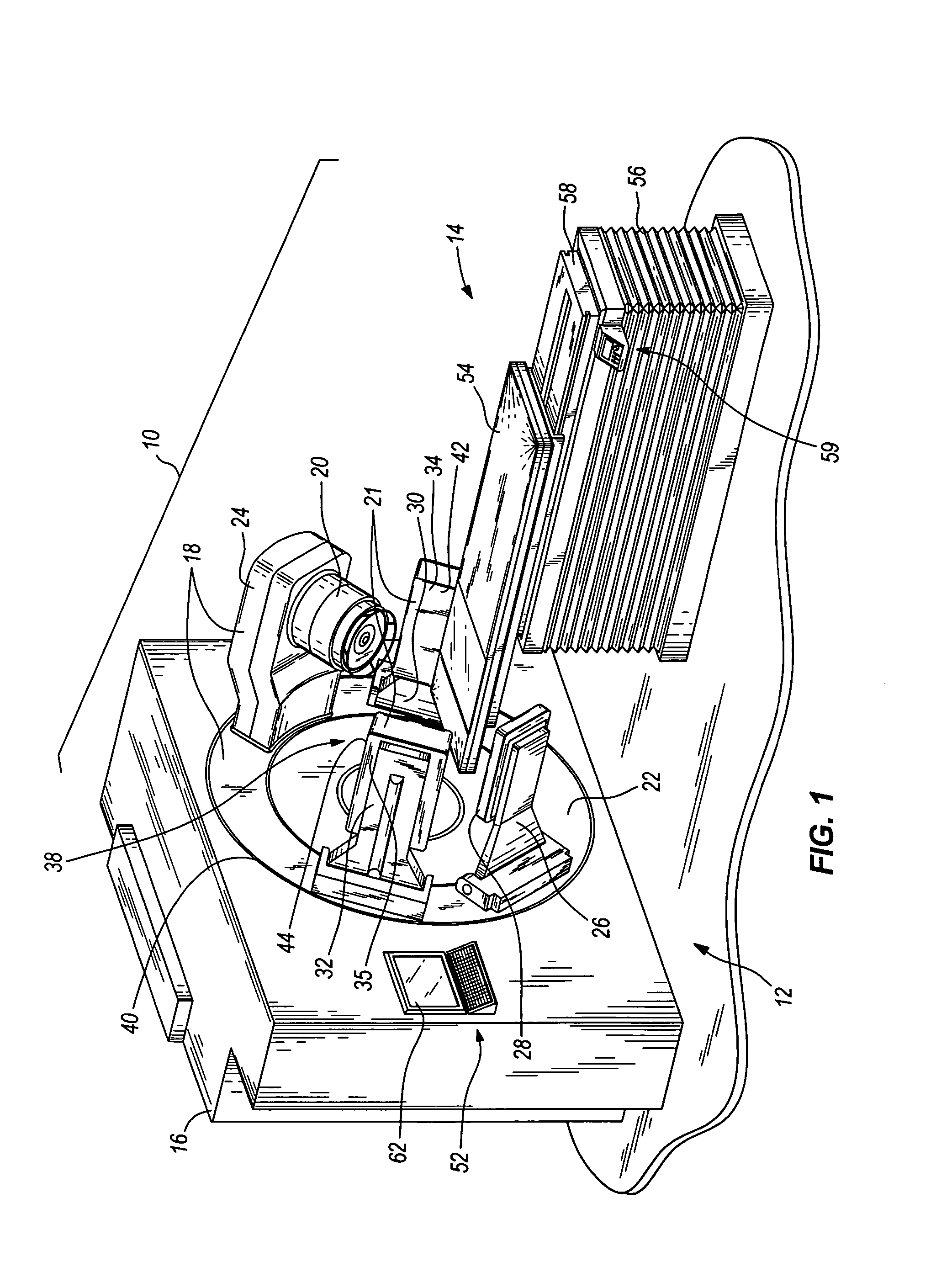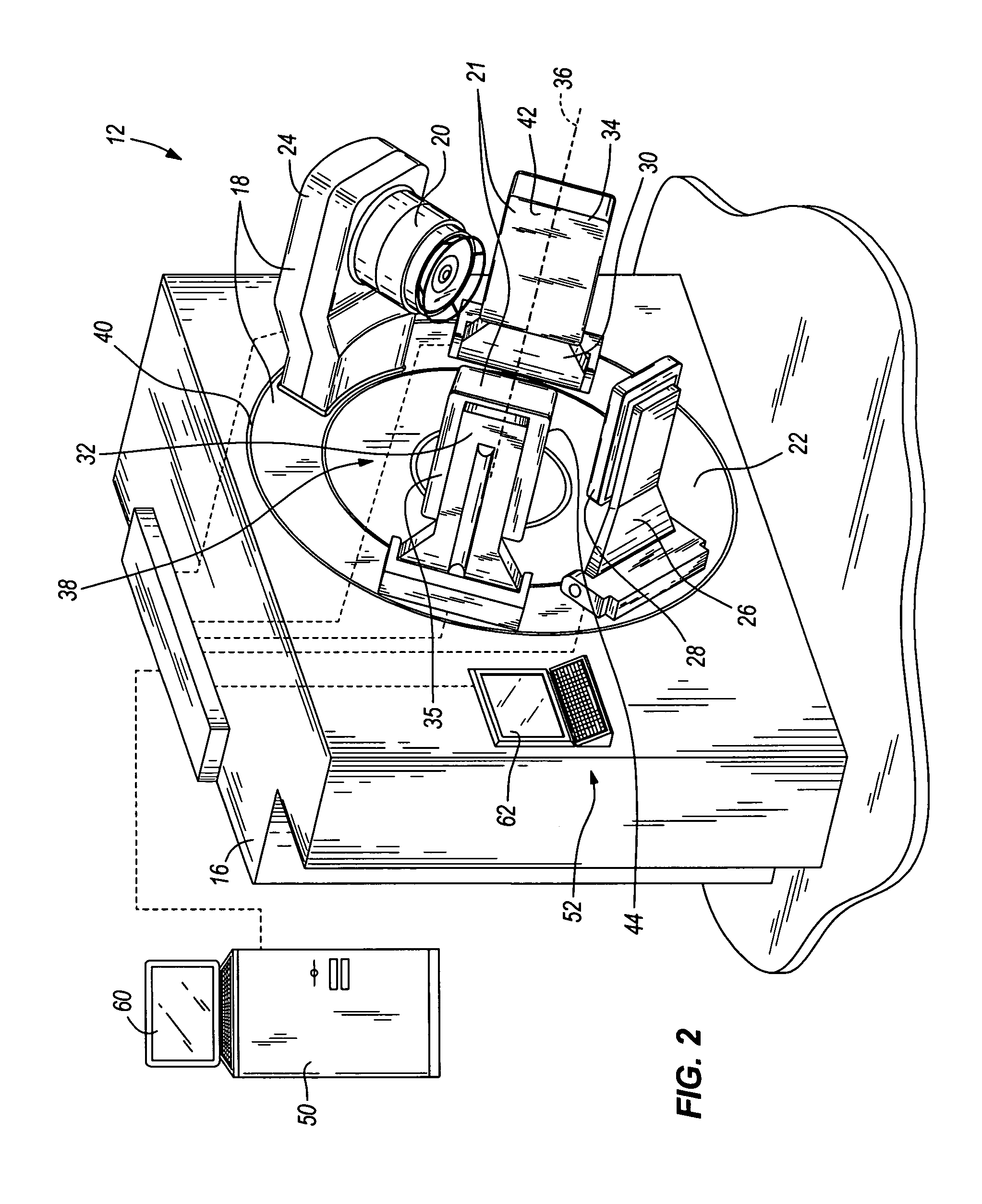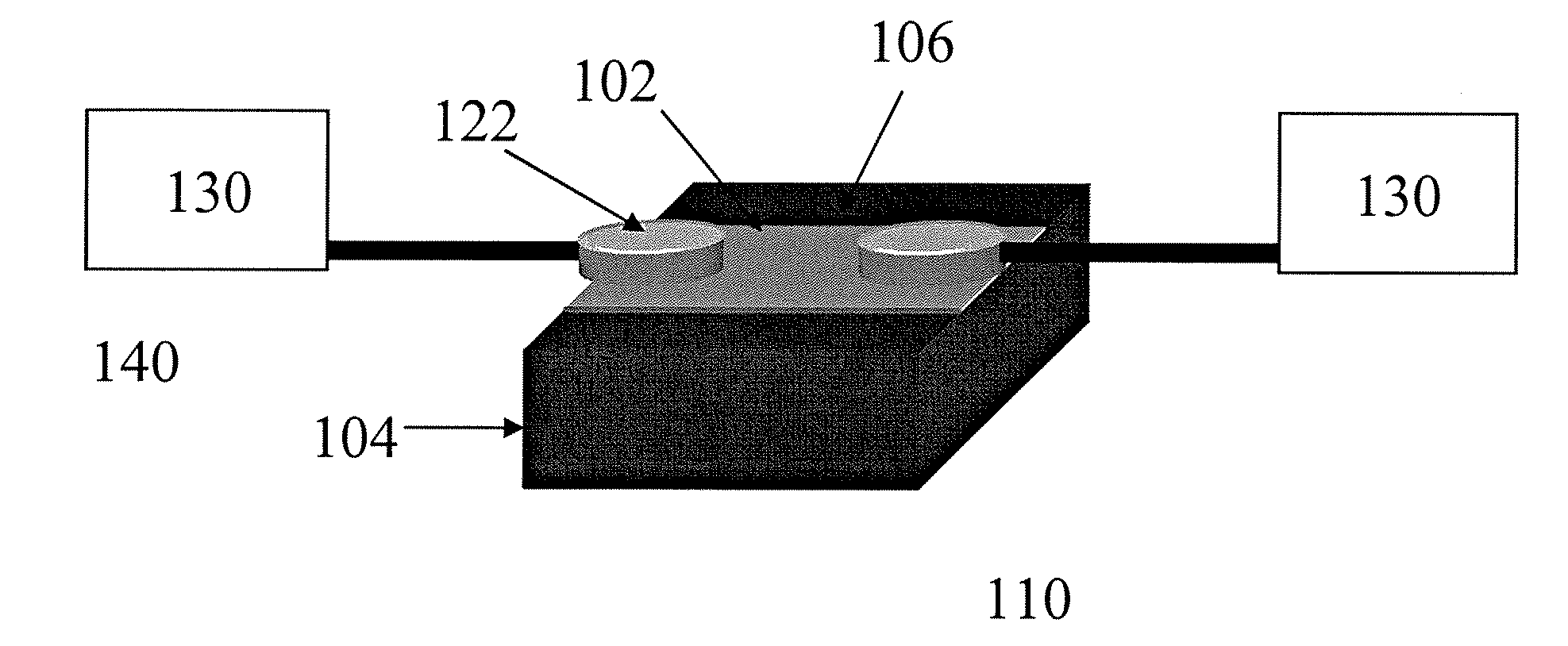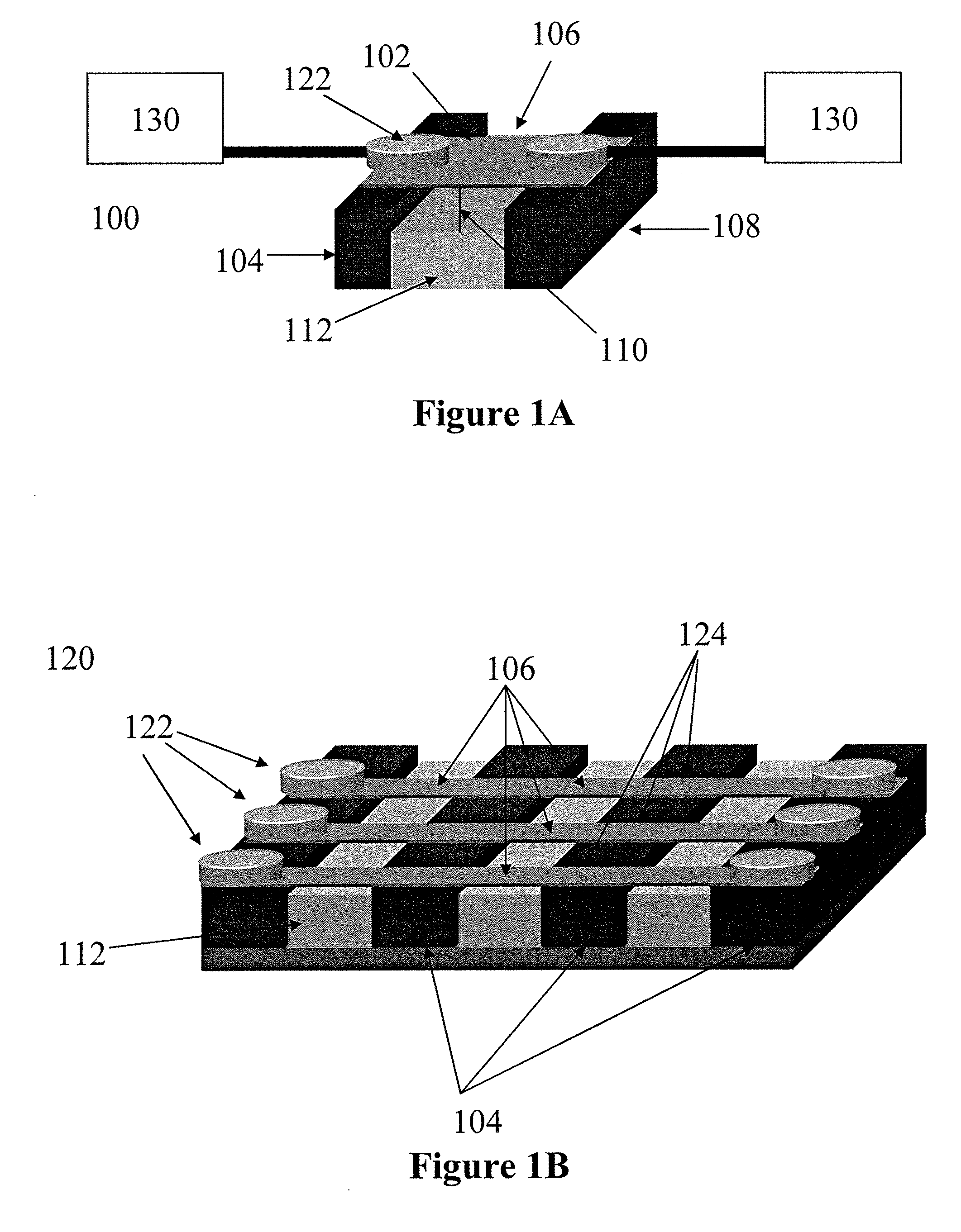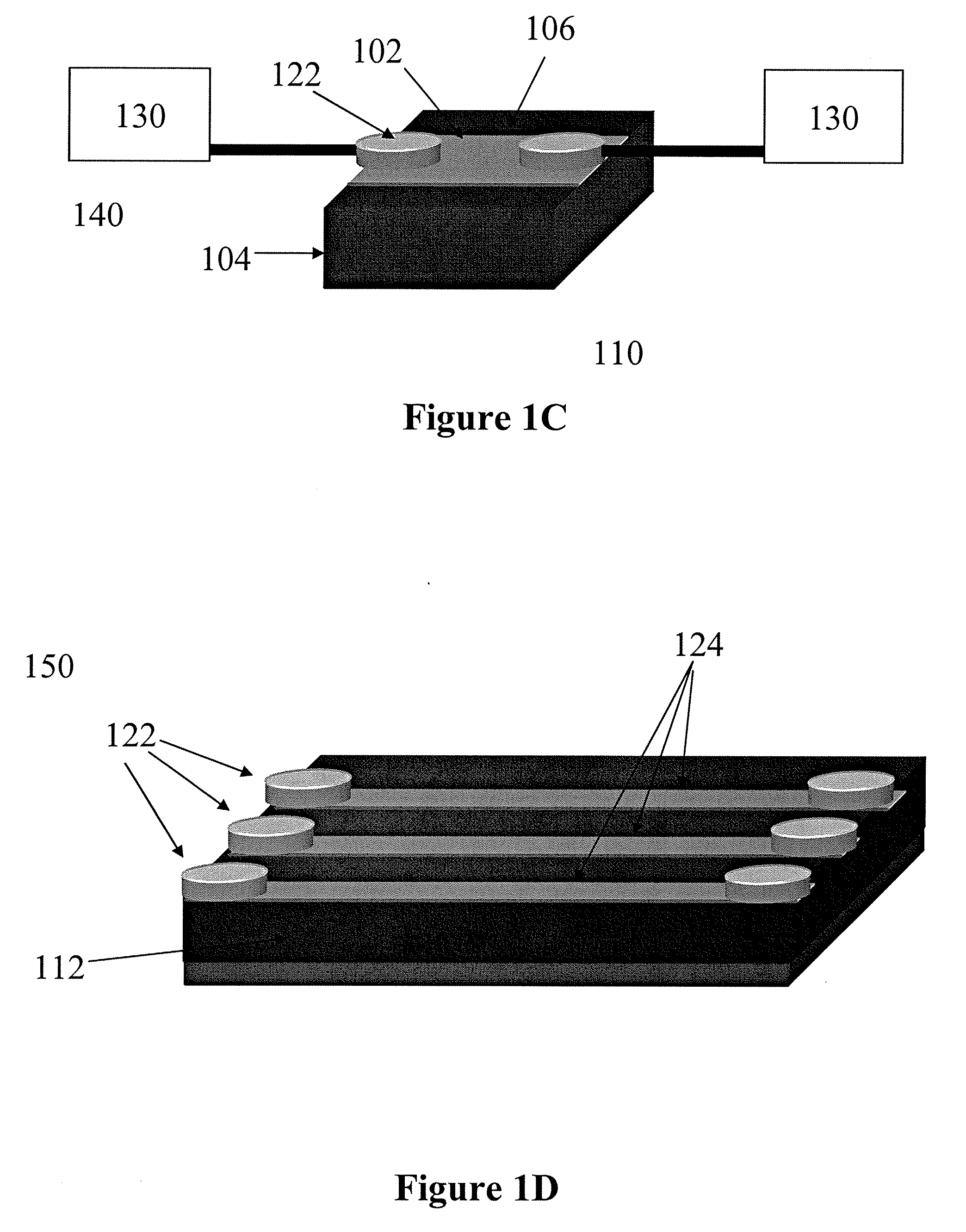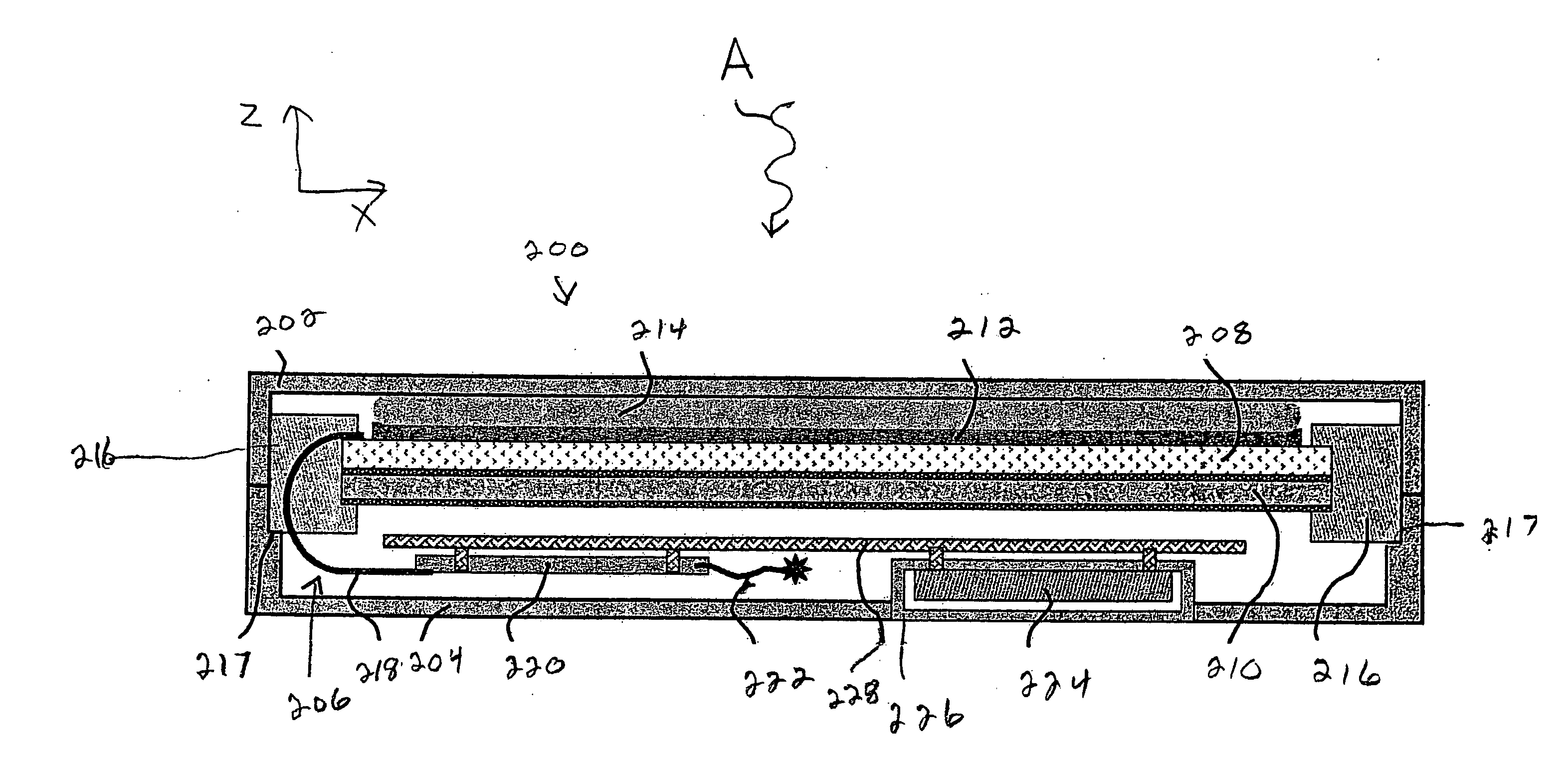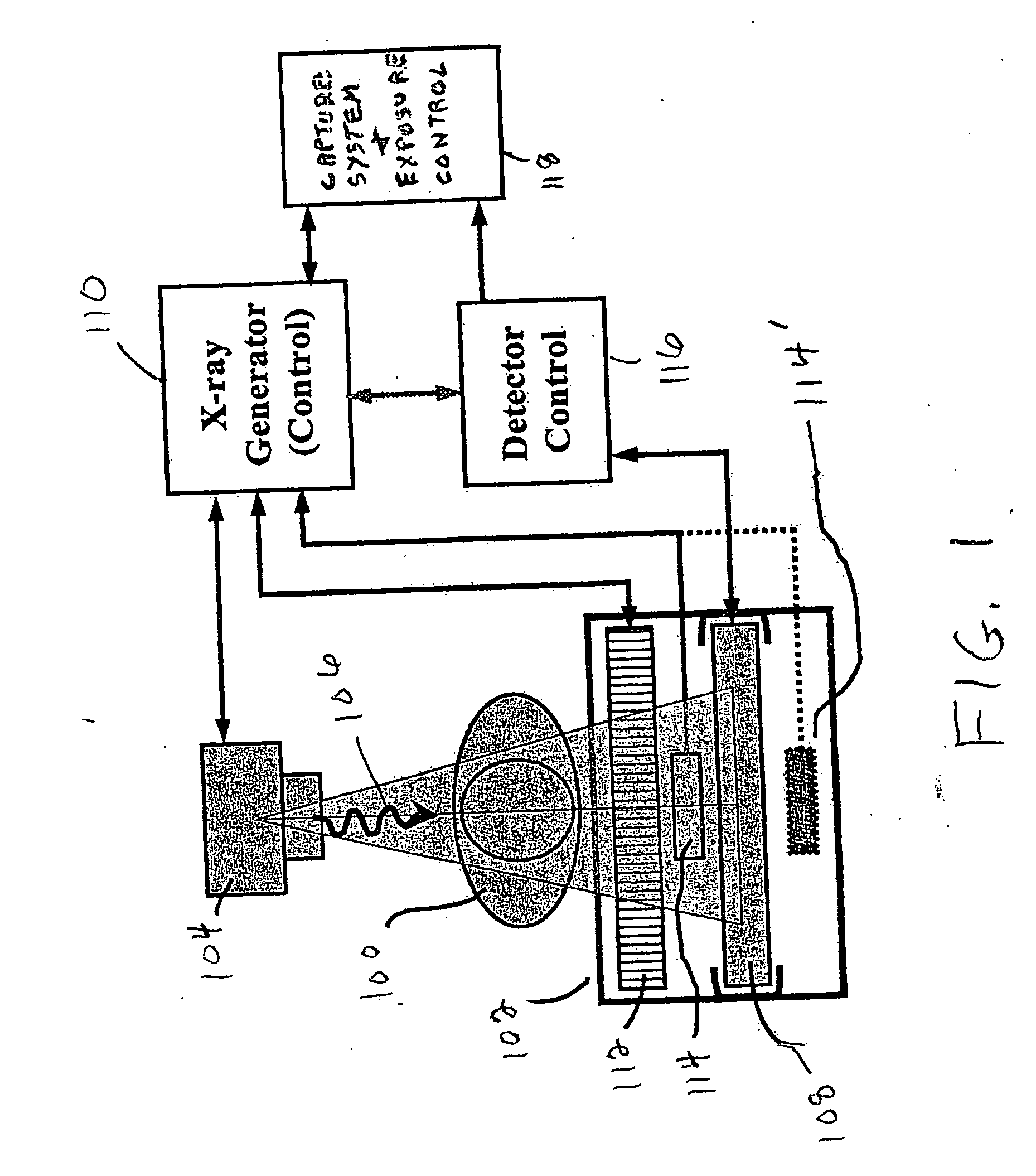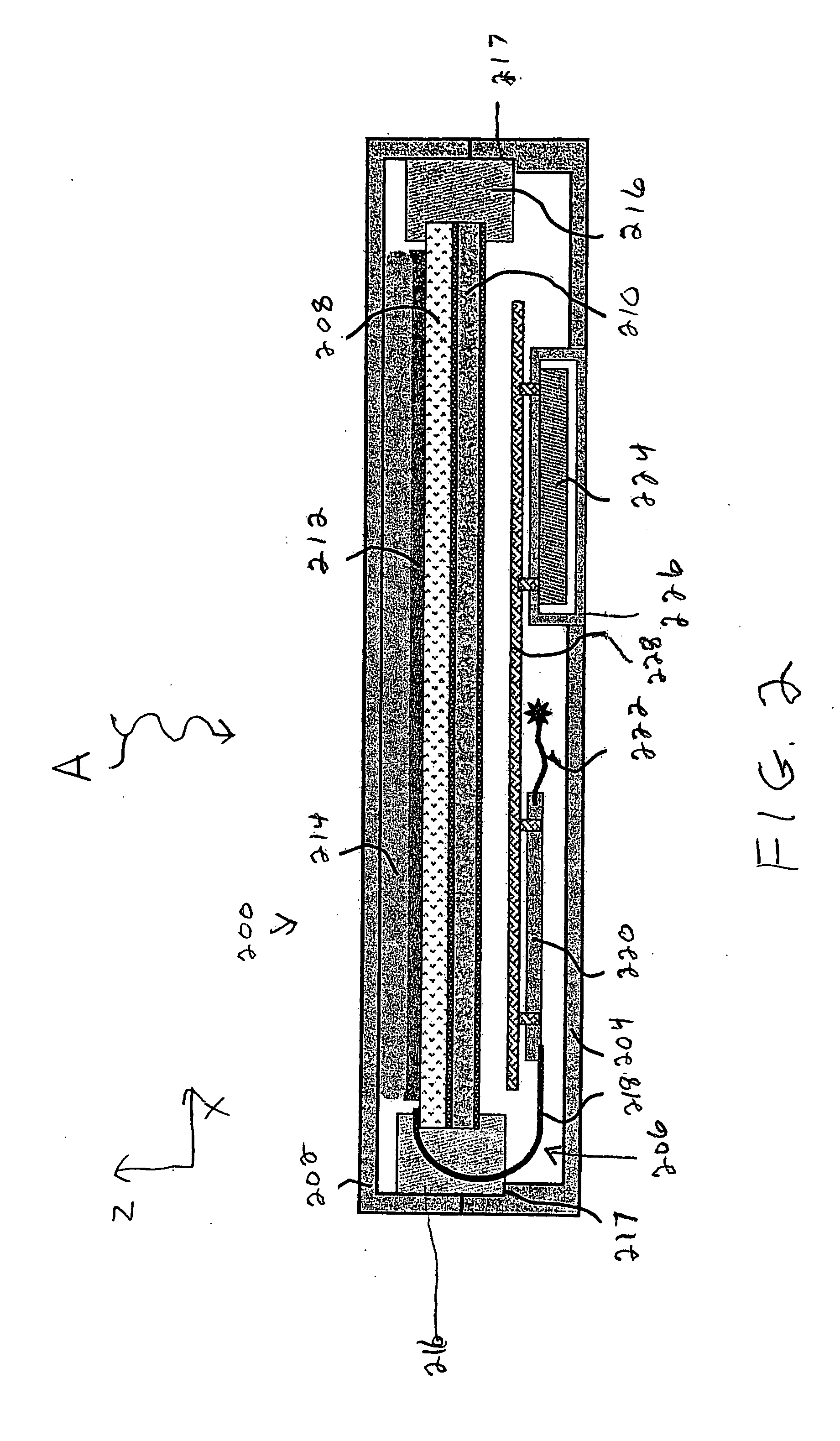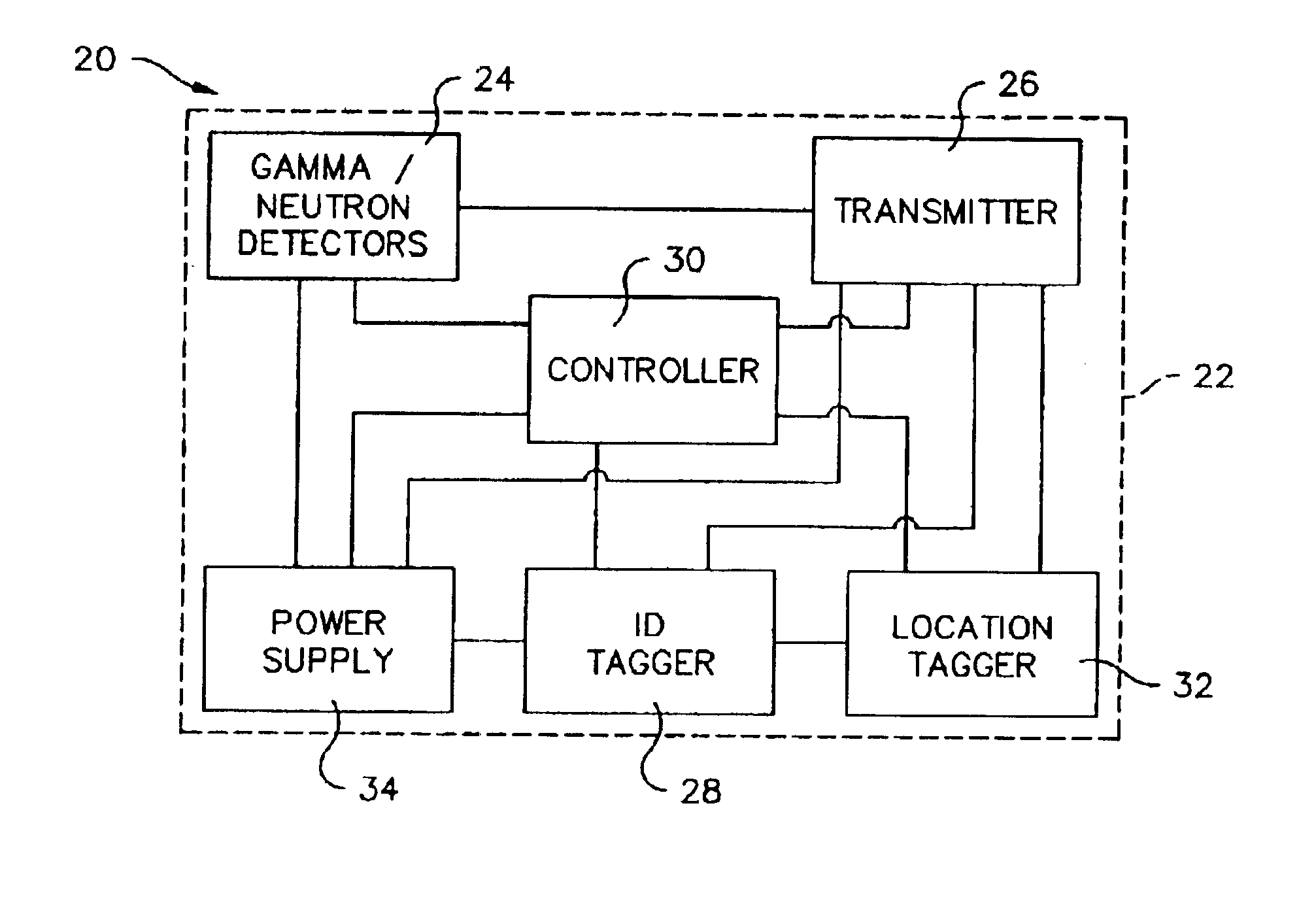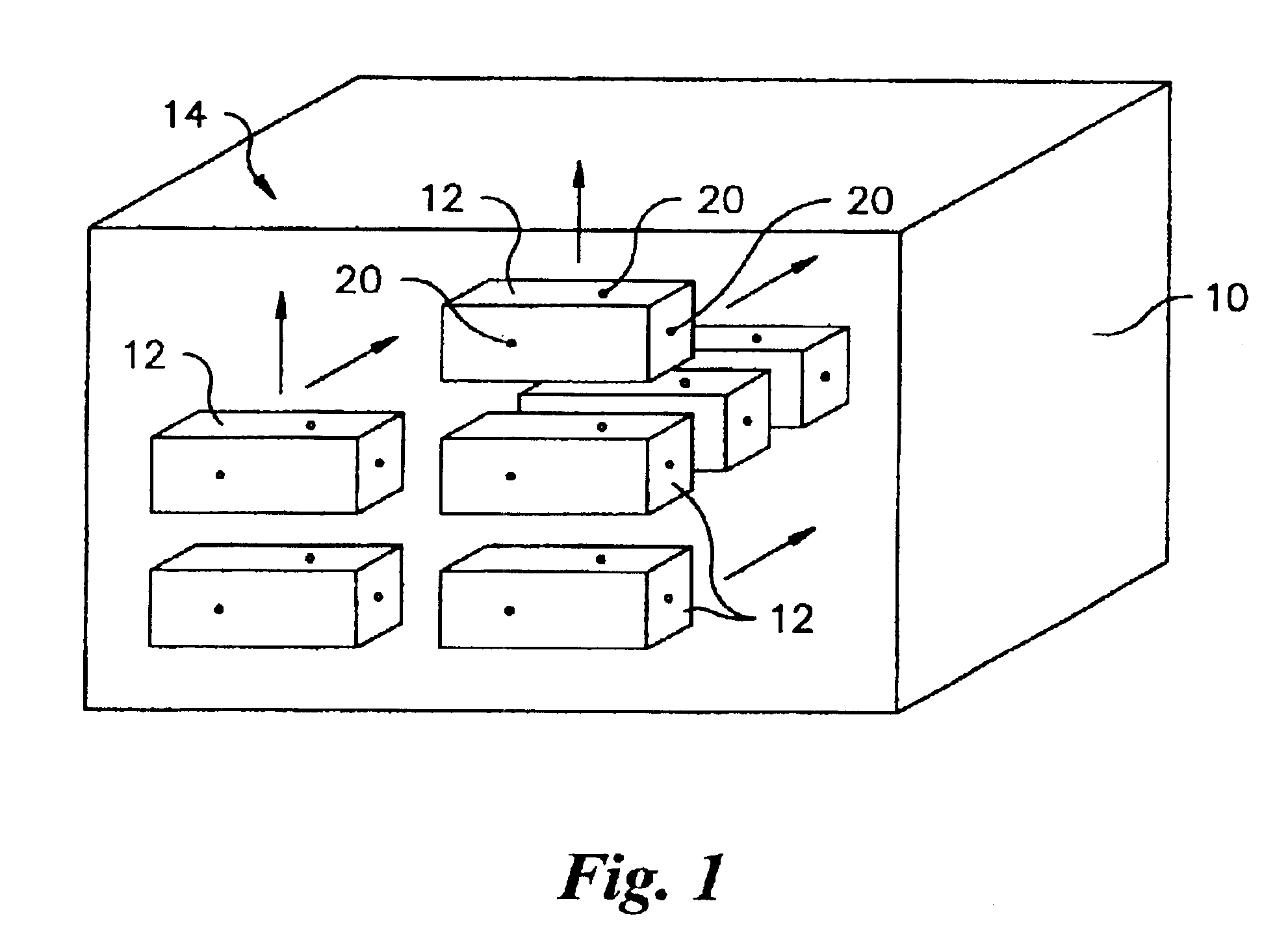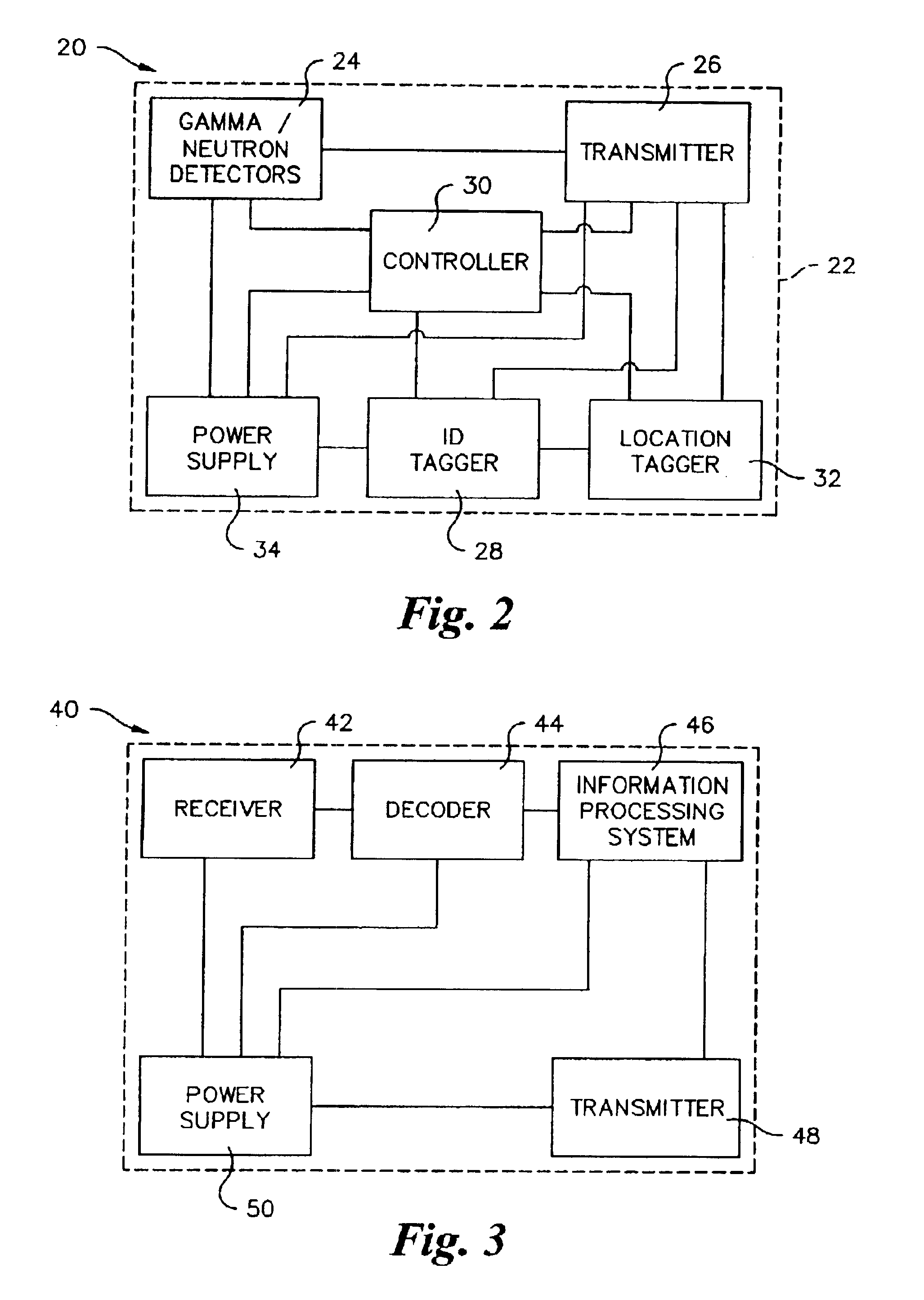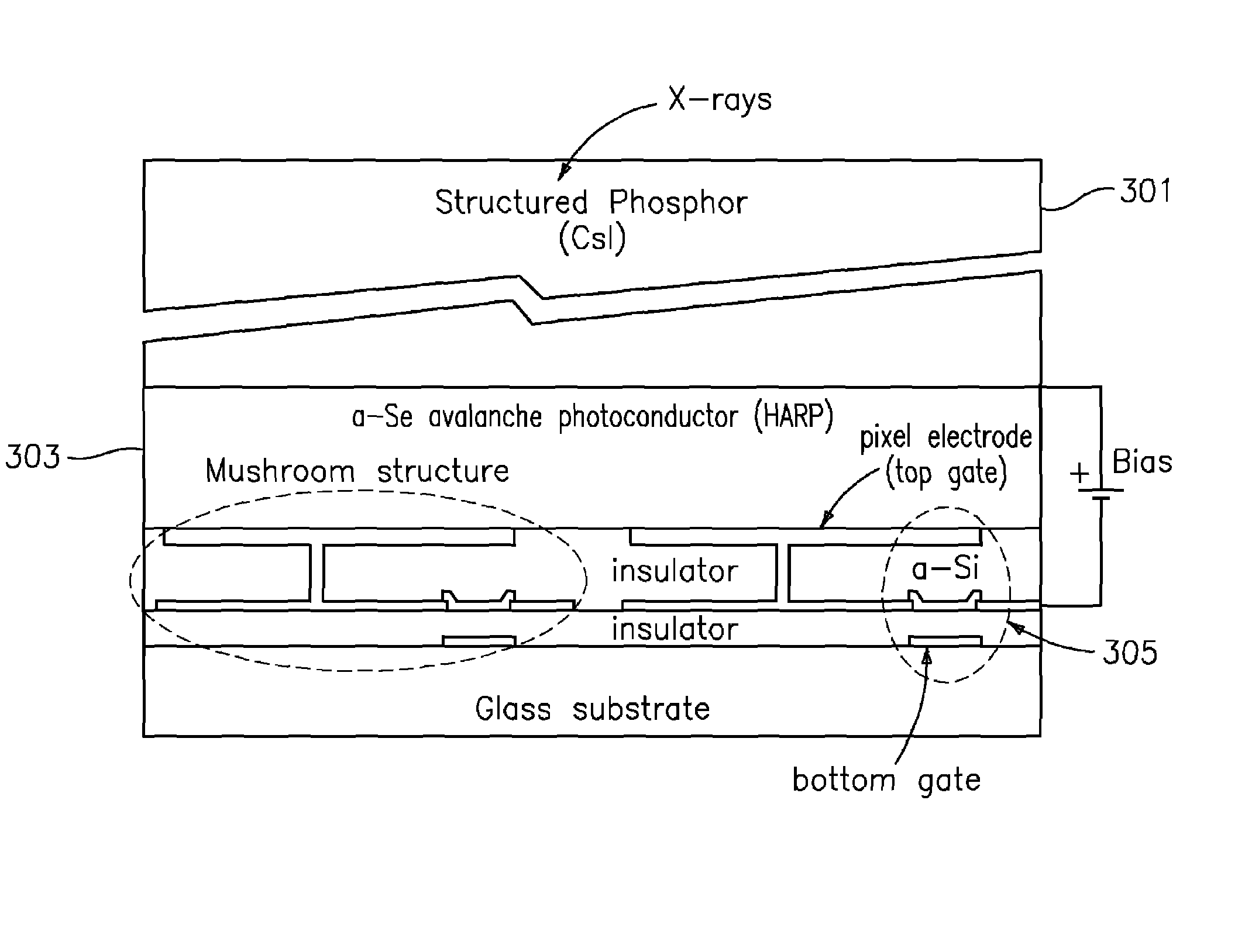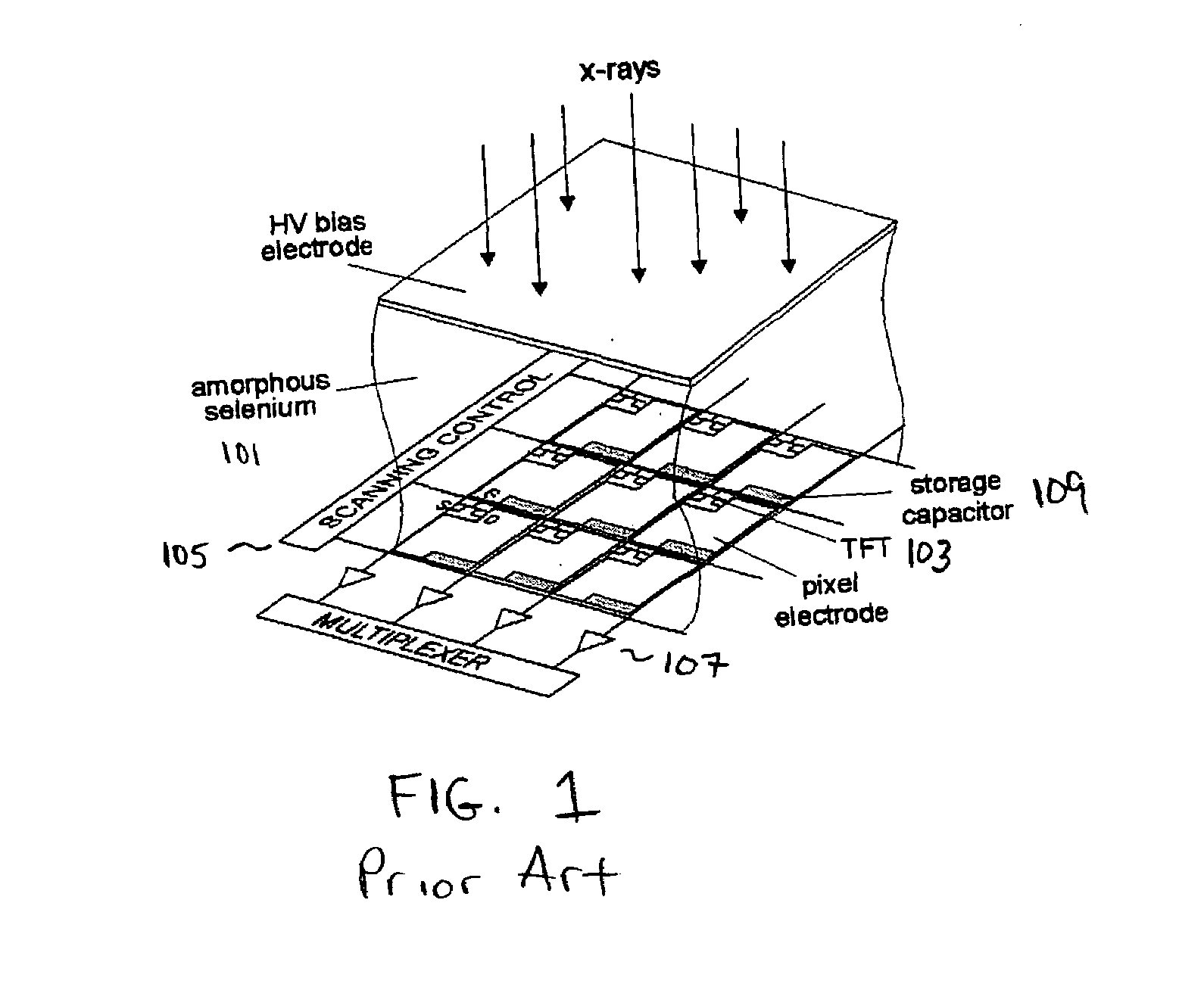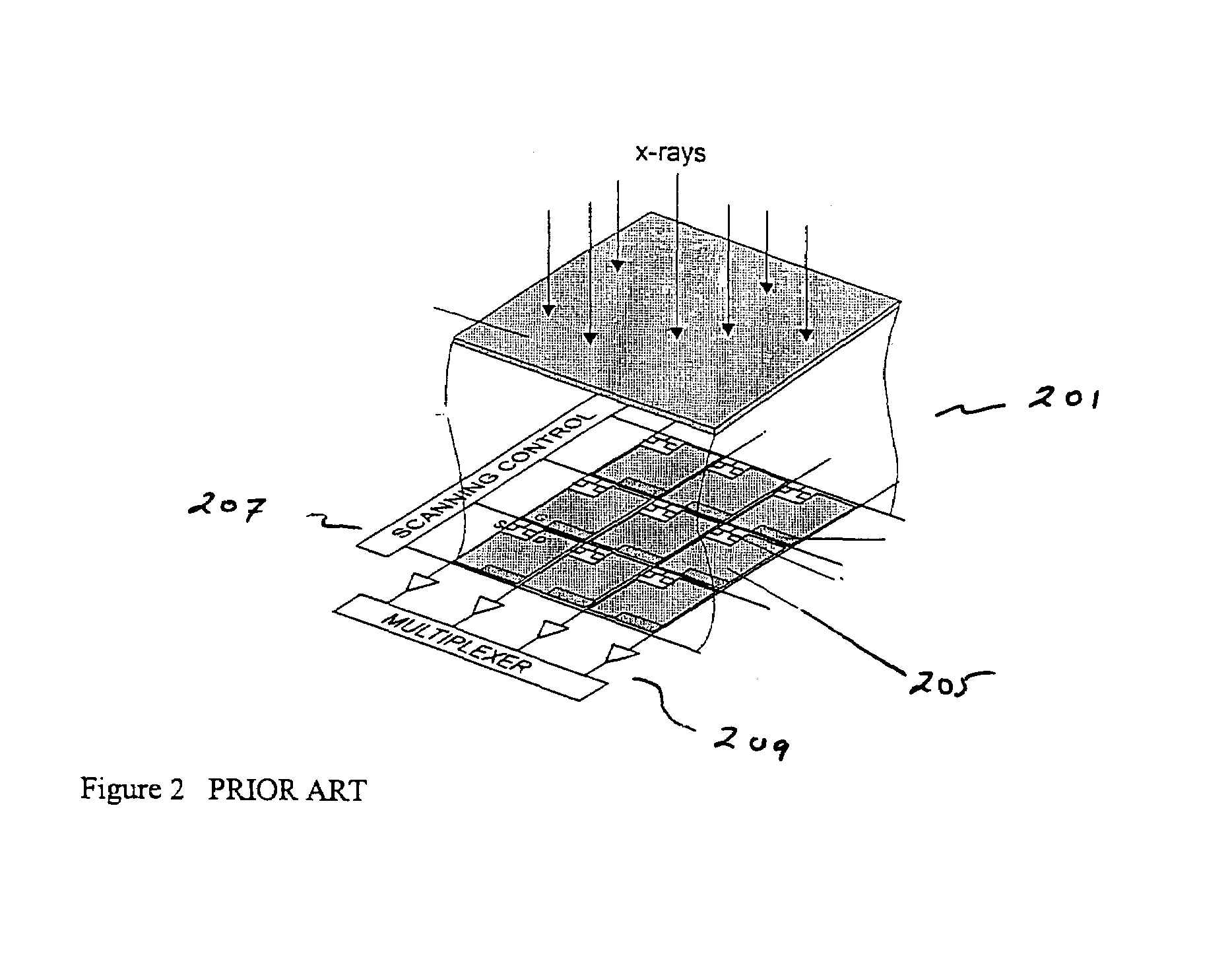Patents
Literature
9507results about "Radiation intensity measurement" patented technology
Efficacy Topic
Property
Owner
Technical Advancement
Application Domain
Technology Topic
Technology Field Word
Patent Country/Region
Patent Type
Patent Status
Application Year
Inventor
System and method for building and manipulating a centralized measurement value database
InactiveUS20020186818A1Low penetrationEasy to aimImage enhancementImage analysisMarket penetrationEfficacy
A system and method for building and / or manipulating a centralized medical image quantitative information database aid in diagnosing diseases, identifying prevalence of diseases, and analyzing market penetration data and efficacy of different drugs. In one embodiment, the diseases are bone-related, such as osteoporosis and osteoarthritis. Subjects' medical images, personal and treatment information are obtained at information collection terminals, for example, at medical and / or dental facilities, and are transferred to a central database, either directly or through a system server. Quantitative information is derived from the medical images, and stored in a central database, associated with subjects' personal and treatment information. Authorized users, such as medical officials and / or pharmaceutical companies, can access the database, either directly or through the central server, to diagnose diseases and perform statistical analysis on the stored data. Decisions can be made regarding marketing of drugs for treating the diseases in question, based on analysis of efficacy, market penetration, and performance of competitive drugs.
Owner:IMAGING THERAPEUTICS +1
Digital image detector
ActiveUS8324585B2Radiation diagnosis data transmissionSolid-state devicesDigital imagingWireless data
A digital detector of a digital imaging system is provided. In one embodiment, a digital detector includes a detector array disposed in a housing and configured to generate image data based on received radiation. The digital detector may also include a battery configured to be disposed within a receptacle of the housing and to supply operating power to the detector array. In one embodiment, the battery or the detector may provide for wireless data communication. In certain embodiments, a tethered plug configured to be disposed within the receptacle may be provided. In one such embodiment, the tether may be rotatable relative to the plug. Additional systems, methods, and devices are also disclosed.
Owner:GENERAL ELECTRIC CO
Apparatus and method for treating a substrate with UV radiation using primary and secondary reflectors
ActiveUS7566891B2Reduce light lossRadiation pyrometryPretreated surfacesProcess regionUltraviolet radiation
Embodiments of the invention relate generally to an ultraviolet (UV) cure chamber for curing a dielectric material disposed on a substrate and to methods of curing dielectric materials using UV radiation. A substrate processing tool according to one embodiment comprises a body defining a substrate processing region; a substrate support adapted to support a substrate within the substrate processing region; an ultraviolet radiation lamp spaced apart from the substrate support, the lamp configured to transmit ultraviolet radiation to a substrate positioned on the substrate support; and a motor operatively coupled to rotate at least one of the ultraviolet radiation lamp or substrate support at least 180 degrees relative to each other. The substrate processing tool may further comprise one or more reflectors adapted to generate a flood pattern of ultraviolet radiation over the substrate that has complementary high and low intensity areas which combine to generate a substantially uniform irradiance pattern if rotated. Other embodiments are also disclosed.
Owner:APPLIED MATERIALS INC
Cone beam computed tomography with a flat panel imager
InactiveUS6842502B2Adequate visualizationReduce errorsMaterial analysis using wave/particle radiationRadiation/particle handlingX-rayAmorphous silicon
A radiation therapy system that includes a radiation source that moves about a path and directs a beam of radiation towards an object and a cone-beam computer tomography system. The cone-beam computer tomography system includes an x-ray source that emits an x-ray beam in a cone-beam form towards an object to be imaged and an amorphous silicon flat-panel imager receiving x-rays after they pass through the object, the imager providing an image of the object. A computer is connected to the radiation source and the cone beam computerized tomography system, wherein the computer receives the image of the object and based on the image sends a signal to the radiation source that controls the path of the radiation source.
Owner:WILLIAM BEAUMONT HOSPITAL
Highly sensitive, fast pixel for use in an image sensor
ActiveUS7560701B2Overcomes speed limitationReasonable sensitivitySolid-state devicesMaterial analysis by optical meansElectric signalDemodulation
Owner:AMS SENSORS SINGAPORE PTE LTD
Semiconductor module, MOS type solid-state image pickup device, camera and manufacturing method of camera
ActiveUS20060023109A1Reduce voltageHigh yield manufacturingTransistorTelevision system detailsImaging processingImaging quality
A back-illuminated type MOS (metal-oxide semiconductor) solid-state image pickup device 32 in which micro pads 34, 37 are formed on the wiring layer side and a signal processing chip 33 having micro pads 35, 38 formed on the wiring layer at the positions corresponding to the micro pads 34, 37 of the MOS solid-state image pickup device 32 are connected by micro bumps 36, 39. In a semiconductor module including the MOS type solid-state image pickup device, at the same time an image processing speed can be increased, simultaneity within the picture can be realized and image quality can be improved, a manufacturing process can be facilitated, and a yield can be improved. Also, it becomes possible to decrease a power consumption required when all pixels or a large number of pixels is driven at the same time.
Owner:SONY CORP
System and method for x-ray fluoroscopic imaging
InactiveUS6895077B2Increase frame rateAccurate imagingTelevision system detailsSolid-state devicesFluorescenceX-ray
A system for x-ray fluoroscopic imaging of bodily tissue in which a scintillation screen and a charge coupled device (CCD) is used to accurately image selected tissue. An x-ray source generates x-rays which pass through a region of a subject's body, forming an x-ray image which reaches the scintillation screen. The scintillation screen re-radiates a spatial intensity pattern corresponding to the image, the pattern being detected by the CCD sensor. In a preferred embodiment the imager uses four 8×8-cm three-side buttable CCDs coupled to a CsI:T1 scintillator by straight (non-tapering) fiberoptics and tiled to achieve a field of view (FOV) of 16×16-cm at the image plane. Larger FOVs can be achieved by tiling more CCDs in a similar manner. The imaging system can be operated in a plurality of pixel pitch modes such as 78, 156 or 234-μm pixel pitch modes. The CCD sensor may also provide multi-resolution imaging. The image is digitized by the sensor and processed by a controller before being stored as an electronic image. Other preferred embodiments may include each image being directed on flat panel imagers made from but not limited to, amorphous silicon and / or amorphous selenium to generate individual electronic representations of the separate images used for diagnostic or therapeutic applications.
Owner:UNIV OF MASSACHUSETTS MEDICAL CENT
Semiconductor P-I-N detector
InactiveUS6255708B1Reduce leakage currentMitigating dopant diffusionSolid-state devicesSemiconductor/solid-state device manufacturingDopantIndium
A semiconductor P-I-N detector including an intrinsic wafer, a P-doped layer, an N-doped layer, and a boundary layer for reducing the diffusion of dopants into the intrinsic wafer. The boundary layer is positioned between one of the doped regions and the intrinsic wafer. The intrinsic wafer can be composed of CdZnTe or CdTe, the P-doped layer can be composed of ZnTe doped with copper, and the N-doped layer can be composed of CdS doped with indium. The boundary layers is formed of an undoped semiconductor material. The boundary layer can be deposited onto the underlying intrinsic wafer. The doped regions are then typically formed by a deposition process or by doping a section of the deposited boundary layer.
Owner:MASIMO SEMICON +2
Cone-beam computerized tomography with a flat-panel imager
InactiveUS20030007601A1Material analysis using wave/particle radiationRadiation/particle handlingAmorphous siliconX-ray
A radiation therapy system that includes a radiation source that moves about a path and directs a beam of radiation towards an object and a cone-beam computer tomography system. The cone-beam computer tomography system includes an x-ray source that emits an x-ray beam in a cone-beam form towards an object to be imaged and an amorphous silicon flat-panel imager receiving x-rays after they pass through the object, the imager providing an image of the object. A computer is connected to the radiation source and the cone beam computerized tomography system, wherein the computer receives the image of the object and based on the image sends a signal to the radiation source that controls the path of the radiation source.
Owner:WILLIAM BEAUMONT HOSPITAL
Multi-dimensional image reconstruction
Apparatus for radiation based imaging of a non-homogenous target area having distinguishable regions therein, comprises: an imaging unit configured to obtain radiation intensity data from a target region in the spatial dimensions and at least one other dimension, and an image four-dimension analysis unit analyzes the intensity data in the spatial dimension and said at least one other dimension in order to map the distinguishable regions. The system typically detects rates of change over time in signals from radiopharmaceuticals and uses the rates of change to identify the tissues. In a preferred embodiment, two or more radiopharmaceuticals are used, the results of one being used as a constraint on the other.
Owner:SPECTRUM DYNAMICS MEDICAL LTD
System and method for directing and monitoring radiation
A system for monitoring, directing and controlling the dose of radiation in a medical procedure for irradiating a specific region of a patient's body. In its generic form, the system includes at least one sensor being implantable within, or in proximity to, the specific region of the patient's body, the at least one sensor being for sensing at least one parameter associated with the radiation. The system further includes a relaying device which is in communication with the sensor(s). The relaying device serves for relaying the information outside of the patient's body.
Owner:REMON MEDICAL TECH
Semiconductor device
InactiveUS6925006B2Reduce in quantityImprove the level ofTransistorSolid-state devicesEngineeringSemiconductor
Owner:MICRON TECH INC
Self-aligned filter for an image sensor
ActiveUS20090200622A1Without increasing overall heightCrosstalk among pixels may be reducedSolid-state devicesSemiconductor/solid-state device manufacturingElectrical conductorSemiconductor
An image sensor includes at least one photosensitive element disposed in a semiconductor substrate. Metal conductors may be disposed on the semiconductor substrate. A filter may be disposed between at least two individual metal conductors and a micro-lens may be disposed on the filter. There may be insulator material disposed between the metal conductors and the semiconductor substrate and / or between individual metal conductors. The insulator material may be removed so that the filter may be disposed on the semiconductor substrate.
Owner:OMNIVISION TECH INC
Lutetium yttrium orthosilicate single crystal scintillator detector
InactiveUS6624420B1Improve performanceMaterial analysis by optical meansLuminescent compositionsLutetiumHigh energy
A single crystal having the general composition, Ce2x(Lu1-yYy)2(1-x)SiO5 where x=approximately 0.00001 to approximately 0.05 and y=approximately 0.0001 to approximately 0.9999; preferably where x ranges from approximately 0.0001 to approximately 0.001 and y ranges from approximately 0.3 to approximately 0.8. The crystal is useful as a scintillation detector responsive to gamma ray or similar high energy radiation. The crystal as scintillation detector has wide application for the use in the fields of physics, chemistry, medicine, geology and cosmology because of its enhanced scintillation response to gamma rays, x-rays, cosmic rays and similar high energy particle radiation.
Owner:UNIV OF CENT FLORIDA +2
Dual-phosphor flat panel radiation detector
ActiveUS7745798B2Improve clarityAvoid distractionSolid-state devicesMaterial analysis by optical meansElectricityPhosphor
A solid state radiation detector capable of improving the sharpness of obtained radiation images. The solid state radiation detector includes: two scintillator layers that convert irradiated radiation to light; and a solid state photodetector, disposed between the two scintillators, that detects the light converted by the two scintillator layers and converts the detected light to electrical signals. Here, the scattering length of each of the scintillators is not greater than 100 μm for the light propagating in the direction parallel to the surface of the scintillator.
Owner:FUJIFILM CORP
Wireless X-ray detector for a digital radiography system with remote X-ray event detection
ActiveUS7211803B1Improve signal-to-noise ratioQuick checkMaterial analysis using wave/particle radiationRadiation/particle handlingDetector circuitsX-ray
A wireless X-ray detector for a digital radiography system with remote detection of impinging radiation from the system X-ray source onto a sensor panel having amorphous or crystalline silicon photodiodes or metal insulated semiconductor (MIS) sensors. Changes in current in the photodiode bias supply circuit is sensed to generate a signal indicating presence of radiation. Improved detection of X-ray cessation is achieved either by leaving at least one line of sensors connected between the bias supply circuit to a virtual ground during charge accumulation or by using an X-ray presence detector circuit that increases the sensitivity of the detector circuit to bias circuit current changes occurring after onset of the radiation.
Owner:CARESTREAM HEALTH INC
Slit and slot scan, SAR, and compton devices and systems for radiation imaging
ActiveUS20100270462A1Reduce productionReduce maintenance costsElectric discharge tubesElectroluminescent light sourcesHigh energyGas detector
The invention provides methods and apparatus for detecting radiation including x-ray photon (including gamma ray photon) and particle radiation for radiographic imaging (including conventional CT and radiation therapy portal and CT), nuclear medicine, material composition analysis, container inspection, mine detection, remediation, high energy physics, and astronomy. This invention provides novel face-on, edge-on, edge-on sub-aperture resolution (SAR), and face-on SAR scintillator detectors, designs and systems for enhanced slit and slot scan radiographic imaging suitable for medical, industrial, Homeland Security, and scientific applications. Some of these detector designs are readily extended for use as area detectors, including cross-coupled arrays, gas detectors, and Compton gamma cameras. Energy integration, photon counting, and limited energy resolution readout capabilities are described. Continuous slit and slot designs as well as sub-slit and sub-slot geometries are described, permitting the use of modular detectors.
Owner:MINNESOTA IMAGING & ENG
High sensitivity, high resolution detection of signals
A system and method providing for the detection of an input signal by distributing the input signal into independent signal components that are independently amplified. Detection of an input signal comprises generating from the input signal a plurality of spatially separate elementary charge components, each having a respective known number of elementary charges, the number of the plurality of spatially separate elementary charge components being a known monotonic function of the magnitude of said input signal; and independently amplifying each of the plurality of spatially divided elementary charge components to provide a respective plurality of signal charge packets, each signal charge packet having a second number of elementary charges greater than the respective known number by a respective amplification factor.
Owner:AMPLIFICATION TECH INC
Radiation detectors
InactiveUS20060202125A1Thinner sliceImprove spatial resolutionMaterial analysis by optical meansNanoopticsRecoil electronPhotonic bandgap
The invention consists in structuring scintillation radiation detectors as Photonic Bandgap Crystals or 3D layers of thin filaments, thus enabling extremely high spatial resolutions and achieving virtual voxellation of the radiation detector without physical separating walls. The ability to precisely measure the recoil electron track in a Compton camera enables to assess the directions of the gamma rays hitting the detector and consequently dispensing with collimators that strongly reduce the intensity of radiation detected by gamma cameras. The invention enables great enhancements of the capabilities of gamma cameras, SPECT, PET, CT and DR machines as well as their use in Homeland Security applications. Methods of fabrication of such radiation detectors are decribed.
Owner:SUHAMI AVRAHAM
High resolution proton beam monitor
InactiveUS20070181815A1Material analysis using wave/particle radiationRadiation/particle handlingLight beamProton
A method and apparatus for monitoring a scanning beam of penetrating radiation, such as a scanning proton beam used to irradiate tissue. The position of the beam is tracked in real time by interposing a scintillator film between a source and an object of irradiation. An imaging detector, in optical communication with the scintillator, provides an output that is indicative of the position of the radiation and its variation with time. The accumulated dose over a scan may also be monitored.
Owner:LEXITEK
Simultaneous CT and SPECT tomography using CZT detectors
A method for simultaneous transmission x-ray computed tomography (CT) and single photon emission tomography (SPECT) comprises the steps of: injecting a subject with a tracer compound tagged with a gamma-ray emitting nuclide; directing an x-ray source toward the subject; rotating the x-ray source around the subject; emitting x-rays during the rotating step; rotating a cadmium zinc telluride (CZT) two-sided detector on an opposite side of the subject from the source; simultaneously detecting the position and energy of each pulsed x-ray and each emitted gamma-ray captured by the CZT detector; recording data for each position and each energy of each the captured x-ray and gamma-ray; and, creating CT and SPECT images from the recorded data. The transmitted energy levels of the x-rays lower are biased lower than energy levels of the gamma-rays. The x-ray source is operated in a continuous mode. The method can be implemented at ambient temperatures.
Owner:LOCKHEED MARTIN ENERGY SYST INC
LED lamps and LED driver circuits for the same
ActiveUS20050007777A1Assist in detectingLight source combinationsPoint-like light sourceLight beamEngineering
LED lamp has LEDs aimed rearwards with either a concave mirror to the rear of each LED, or one concave mirror to the rear of two or more LEDs, collecting the light from the LEDs to form a forward projecting beam. LEDs may be high power types that require heatsinking. LED lamp may have a lens forward of each LED to collimate the radiation produced by the LEDs into a beam, where at least one lens has at least one aspheric curved surface. LED lamp may have a transparent reflective optic to collimate the radiation produced by each LED into a beam. For an inspection lamp, the LEDs typically have a peak wavelength of 395 to 415 naometers for seeing the area being irradiated but not so visible as to overwhelm fluorescence of fluorescent materials to be detected. Other wavelengths may be used. LED inspection lamp has a combination of LEDs of different wavelengths or a combination of at least one LED and at least one other light source such that the lamp produces radiation suitable for detection of materials to be detected and adequately illuminates the area being irradiated. LED lamp has LEDs that produce a beam of suitable radiation with a width of 10 degrees or less without additional optics. LED inspection lamp has head attached to a flexible member, with head serving as heatsink for one or more high power LEDs. Current regulator circuits are also disclosed.
Owner:ALLTEMP PROD CO LTD
Single phosphor for creating white light with high luminosity and high CRI in a UV LED device
InactiveUS6853131B2Avoids and reduces problemGas-filled discharge tubesDischarge tube luminescnet screensX-rayUltraviolet
There is provided a white light illumination system. The illumination system includes a radiation source which emits either ultra-violet (UV) or x-ray radiation. The illumination system also includes a luminescent material which absorbs the UV or x-ray radiation and emits the white light. The luminescent material has composition A2−2xNa1+xExD2V3O12. A may be calcium, barium, strontium, or combinations of these three elements. E may be europium, dysprosium, samarium, thulium, or erbium, or combinations thereof. D may be magnesium or zinc, or combinations thereof. The value of x ranges from 0.01 to 0.3, inclusive.
Owner:GENERAL ELECTRIC CO
Radiation cameras
InactiveUS20080128631A1Improve accuracyEnhance the imageSolid-state devicesMaterial analysis by optical meansFiberFiber array
The invention describes radiation cameras consisting of interlaced scintillation fiber arrays and a fiber readout method using pixellated photo-detector cameras. Several fabrication methods of the fiber arrays are described. The use of such Radiation Cameras in Medical Imaging systems is also described.
Owner:SUHAMI AVRAHAM
Flexible imager and digital imaging method
InactiveUS20040016886A1Television system detailsSolid-state devicesDigital imagingRadiation exposure
A flexible imager, for imaging a subject illuminated by incident radiation, includes a flexible substrate, a photosensor array disposed on the flexible substrate, and a scintillator. The scintillator is disposed so as to receive and absorb the incident radiation, is configured to convert the incident radiation to optical photons, and is optically coupled to the photosensor array. The photosensor array is configured to receive the optical photons and to generate an electrical signal corresponding to the optical photons. A digital imaging method for imaging subject includes conforming flexible digital imager to subject, the subject being positioned between flexible digital imager and a radiation source. The method further includes activating radiation source to expose the subject to radiation and collecting an image with the flexible digital imager.
Owner:GENERAL ELECTRIC CO
Image-guided medical intervention apparatus and method
ActiveUS20060113482A1Image is differentSolid-state devicesMaterial analysis by optical meansGamma rayImaging equipment
In some embodiments, an image-guided radiotherapy apparatus and method is provided in which a radiotherapy radiation source and a gamma ray photon imaging device are positioned with respect to a patient area so that a patient can be treated by a beam emitted from the radiotherapy apparatus and can have images taken by the gamma ray photon imaging device. Radiotherapy treatment and imaging can be performed substantially simultaneously and / or can be performed without moving the patient in some embodiments. The gamma ray photon imaging device can be coupled and movable with respect to any part of a building structure, can be located on a portable frame movable to and from the radiotherapy radiation source and patient, or can take other forms. In some embodiments, the gamma ray photon imaging device can be used for imaging in connection with other types of medical interventions.
Owner:UNIVERSITY OF CHICAGO
Electromagnetic and Thermal Sensors Using Carbon Nanotubes and Methods of Making Same
ActiveUS20080251723A1Reduce noiseSolid-state devicesSemiconductor/solid-state device manufacturingMicrobolometerEngineering
Electromagnetic radiation detecting and sensing systems using carbon nanotube fabrics and methods of making the same are provided. In certain embodiments of the invention, an electromagnetic radiation detector includes a substrate, a nanotube fabric disposed on the substrate, the nanotube fabric comprising a non-woven network of nanotubes, and first and second conductive terminals, each in electrical communication with the nanotube fabric, the first and second conductive terminals disposed in space relation to one another. Nanotube fabrics may be tuned to be sensitive to a predetermined range of electromagnetic radiation such that exposure to the electromagnetic radiation induces a change in impedance between the first and second conductive terminals. The detectors include microbolometers, themistors and resistive thermal sensors, each constructed with nanotube fabric. Nanotube fabric detector arrays may be formed for broad-range electromagnetic radiation detecting. Methods for making nanotube fabric detectors, arrays, microbolometers, thermistors and resistive thermal sensors are each described.
Owner:NANTERO
Compact and durable encasement for a digital radiography detector
A digital radiography detector includes a housing having first and second spaced planar members and four side walls defining a cavity. A radiographic image detector assembly is mounted within the cavity for converting a radiographic image to an electronic radiographic image. The detector assembly includes a detector array mounted on a stiffener. A shock absorbing elastomer assembly is located within the cavity for absorbing shock to the detector array / stiffener in directions perpendicular to and parallel to the detector array / stiffener.
Owner:CARESTREAM HEALTH INC
Method and apparatus for detection of radioactive material
ActiveUS6891470B2Electric testing/monitoringRadio/inductive link selection arrangementsRadioactive agentRadioactive waste
A radioactive material detection apparatus includes a transmitter, a radiation sensor and a controller. The transmitter is capable of transmitting information in correspondence with a signal. The radiation sensor has a sensor output and is configured to detect radiation over a predetermined period of time. The controller is configured to receive the sensor output from the radiation sensor and to send the signal to the transmitter for transmission.
Owner:QUINTELL OF OHIO
Flat-panel detector with avalanche gain
ActiveUS7323692B2Improve image qualityReduce doseSolid-state devicesMaterial analysis by optical meansFlat panel detectorAudio power amplifier
The present invention is an indirect AMFPI wherein a phosphor such as a structured cesium iodide (CsI) is used to convert x-ray energy to optical photons or a charge, which is then detected by a two-dimensional array of either thin-film transistors (TFTs) such as an amorphous a-Se TFTs or a photodiode array. A scanning control circuit generates pulses to turn on the TFTs one row at a time, and thus the charge in the individual arrays is transferred from the TFT to one or more external charge-sensitive amplifiers. The charge-sensitive amplifiers are shared by all the pixels in the same column. The two-dimensional array can be read in real time.
Owner:THE RES FOUND OF STATE UNIV OF NEW YORK +1
Features
- R&D
- Intellectual Property
- Life Sciences
- Materials
- Tech Scout
Why Patsnap Eureka
- Unparalleled Data Quality
- Higher Quality Content
- 60% Fewer Hallucinations
Social media
Patsnap Eureka Blog
Learn More Browse by: Latest US Patents, China's latest patents, Technical Efficacy Thesaurus, Application Domain, Technology Topic, Popular Technical Reports.
© 2025 PatSnap. All rights reserved.Legal|Privacy policy|Modern Slavery Act Transparency Statement|Sitemap|About US| Contact US: help@patsnap.com

